Bonington Gallery is delighted to present Through Our Eyes, In Our Words, an exhibition exploring stories of ageing, belonging, and inclusion among middle-aged and older-aged LGBT+ people in Britain.
What does it mean to belong? To grow older? To feel heard, seen, recognised?
Spanning LGBT+ History Month 2026, this exhibition from the IncludeAge project invites you to engage with the experiences of middle-aged and older-aged LGBT+ people in Britain today. Reflected through photographs, personal objects and testimony, LGBT+ people share what matters to them: the places they love and where they feel seen, and the everyday moments that shape who they are.
These artefacts don’t come from behind a lens held by someone else. They were taken by the people whose stories they tell. Some might identify as artists or creative practitioners, others not. Each photo and object is a choice – of what to show, how to show it, and what it means. Some speak of joy and celebration. Others quietly express frustration or longing—all of them reflect lives lived with strength, humour, creativity, and care.
The IncludeAge project (2022-26) explores experiences of inclusion and exclusion among diverse middle-aged and older aged people (40+), in physical places and online spaces..
The project specifically engages with LGBT+ individuals and people with learning disabilities. Its goal is to build on the insights shared by participants and use them to develop solutions that foster more inclusive communities.
The project is led by Professor Judith Sixsmith at the University of Dundee, in partnership with the University of Hertfordshire, Liverpool John Moores University, and the University of Edinburgh. Several organisations are also involved in the project, including Tonic Housing, Sleeping Giants, and Outside the Box, among others.
At Bonington during LGBT+ History Month 2026, Through Our Eyes / In Our Words showcases the richness of LGBT+ voices, histories, and imagery emerging through the project. Exhibitions elsewhere in the country will showcase material relating to the participants with learning disabilities.
For more information, please contact Dr Richard Vytniorgu (r.vytniorgu@herts.ac.uk).
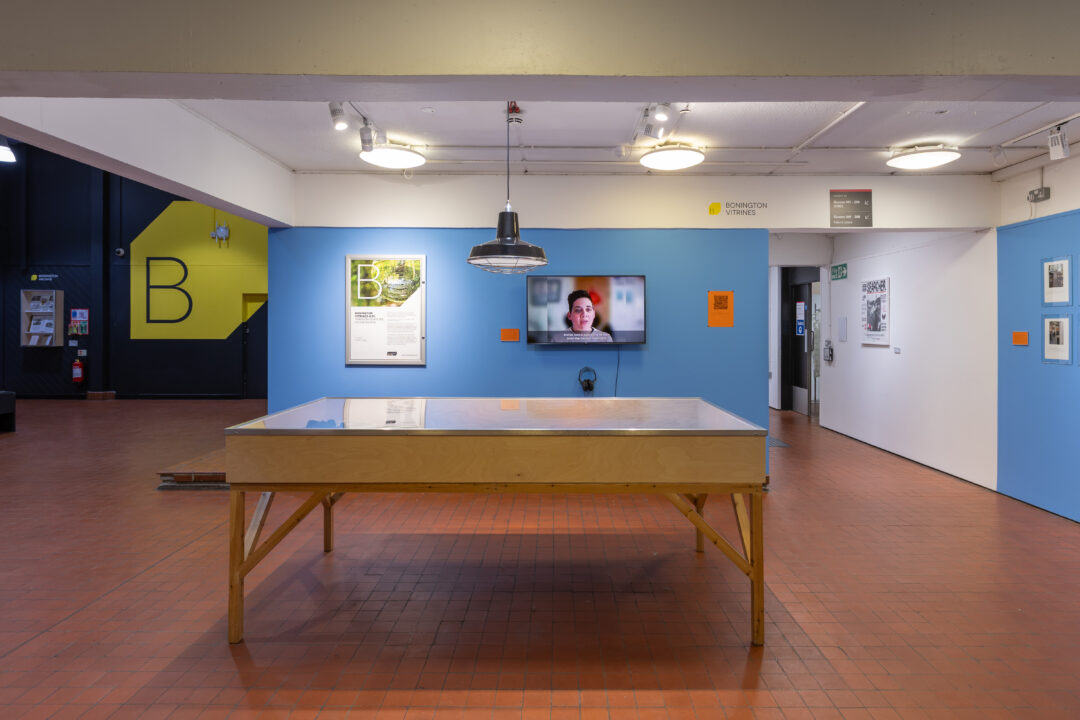
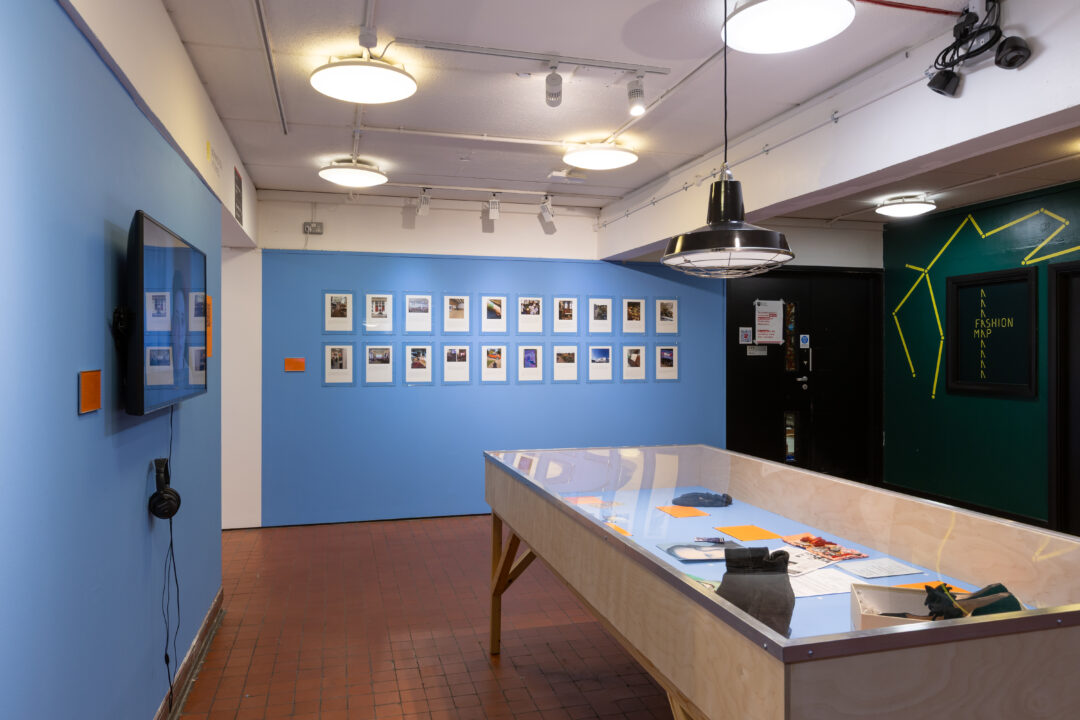
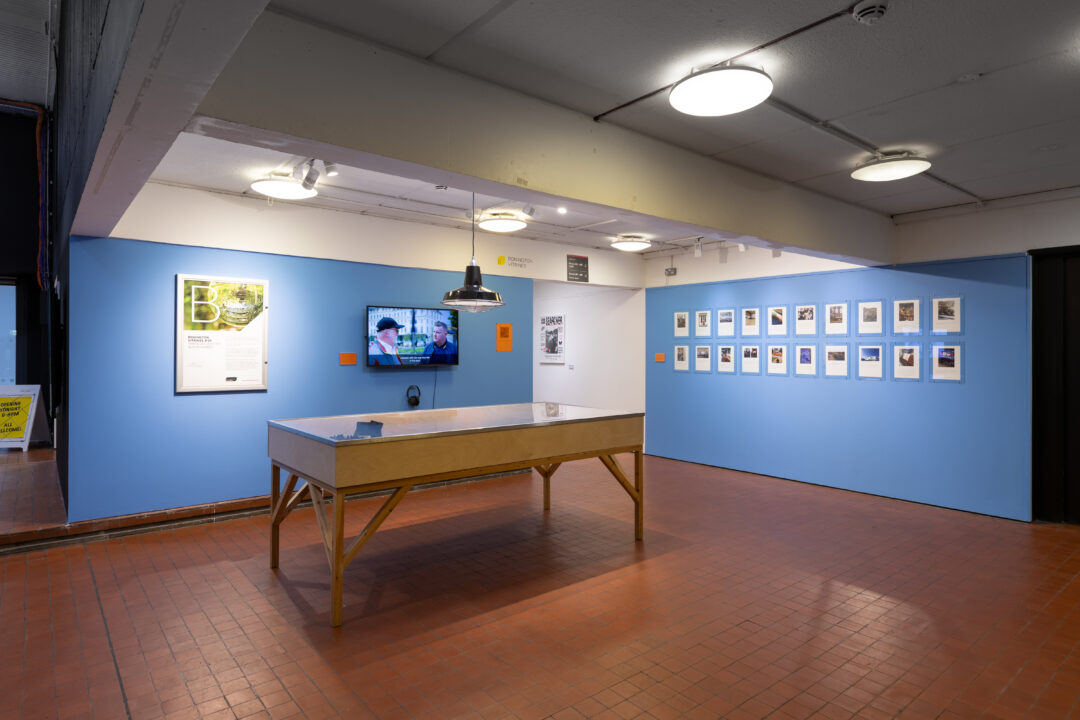
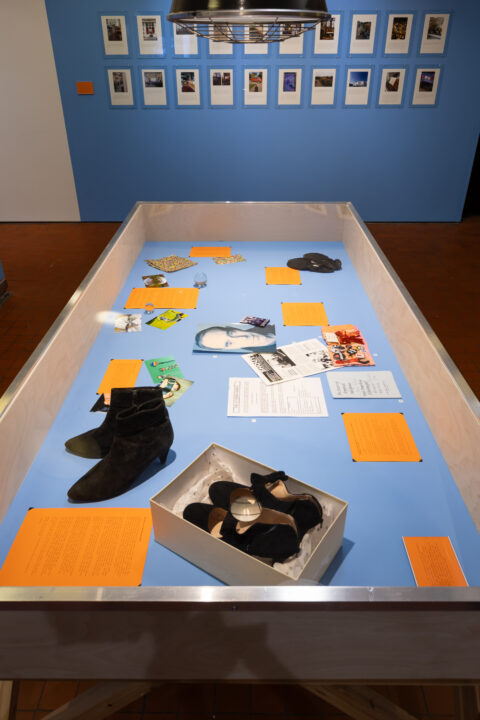
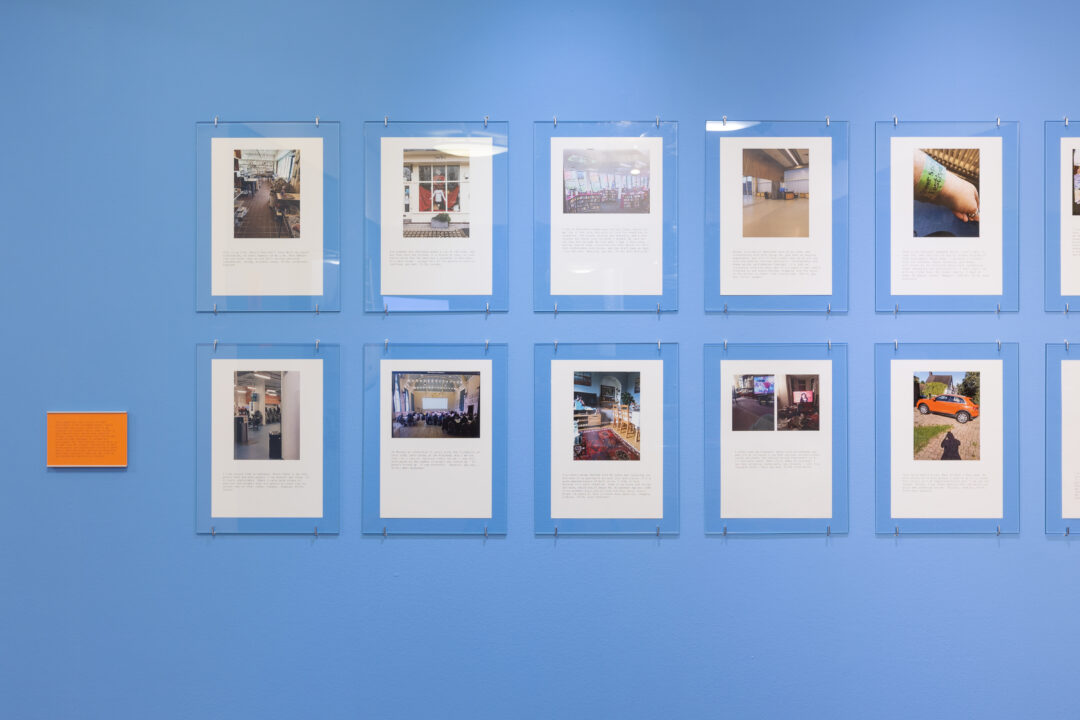
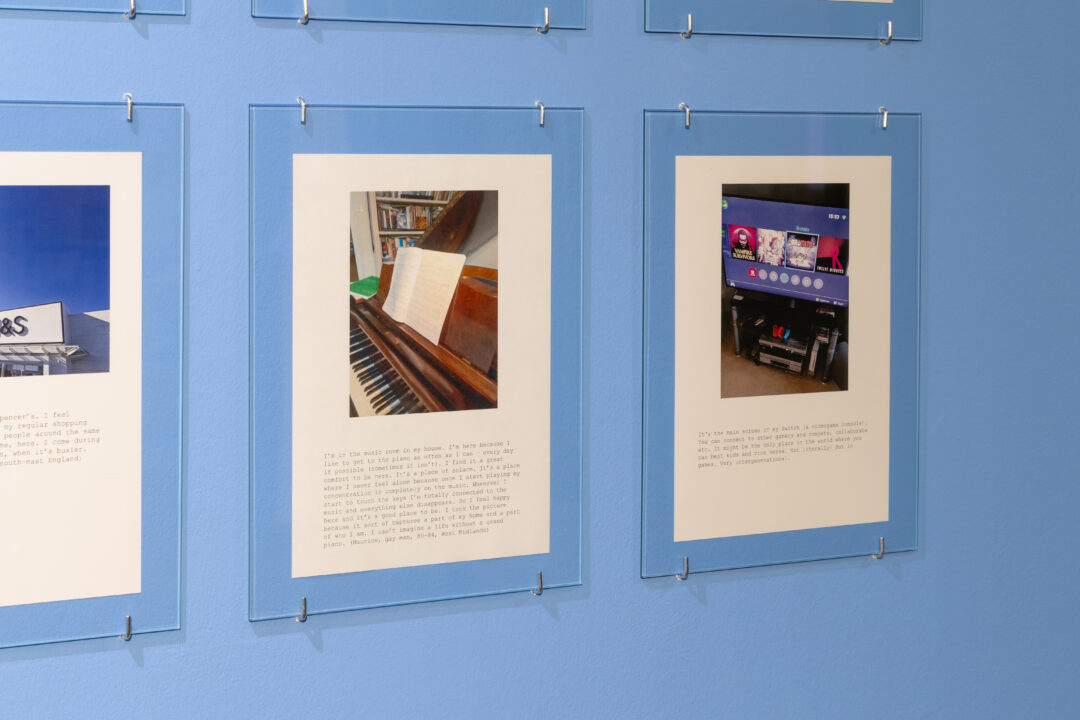
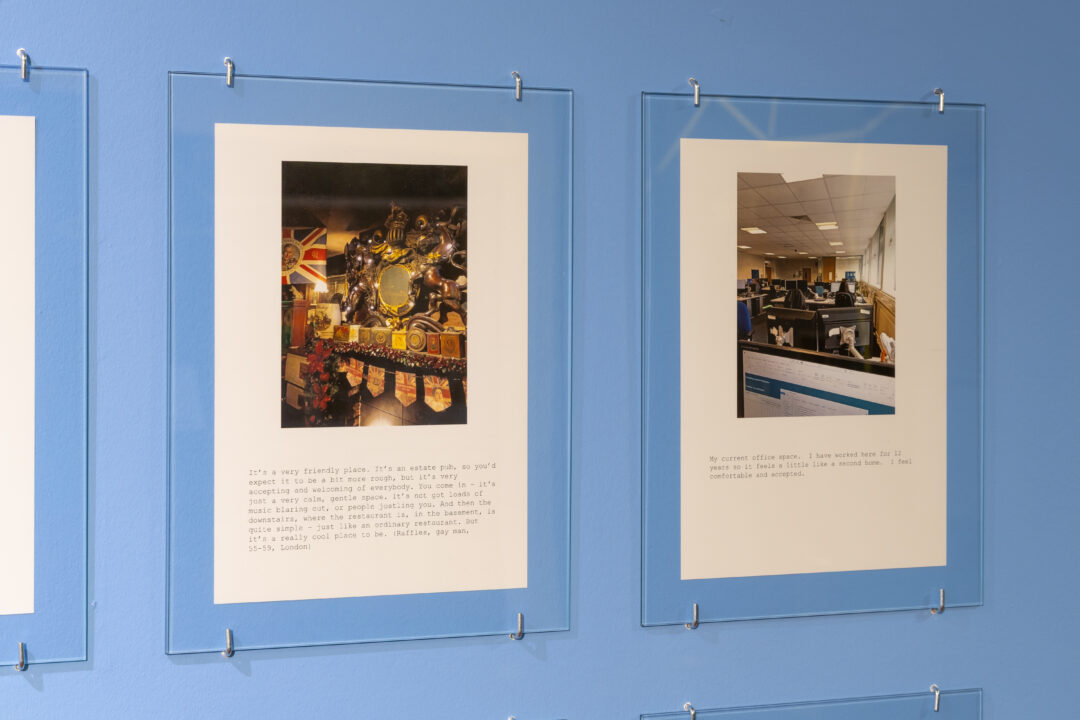
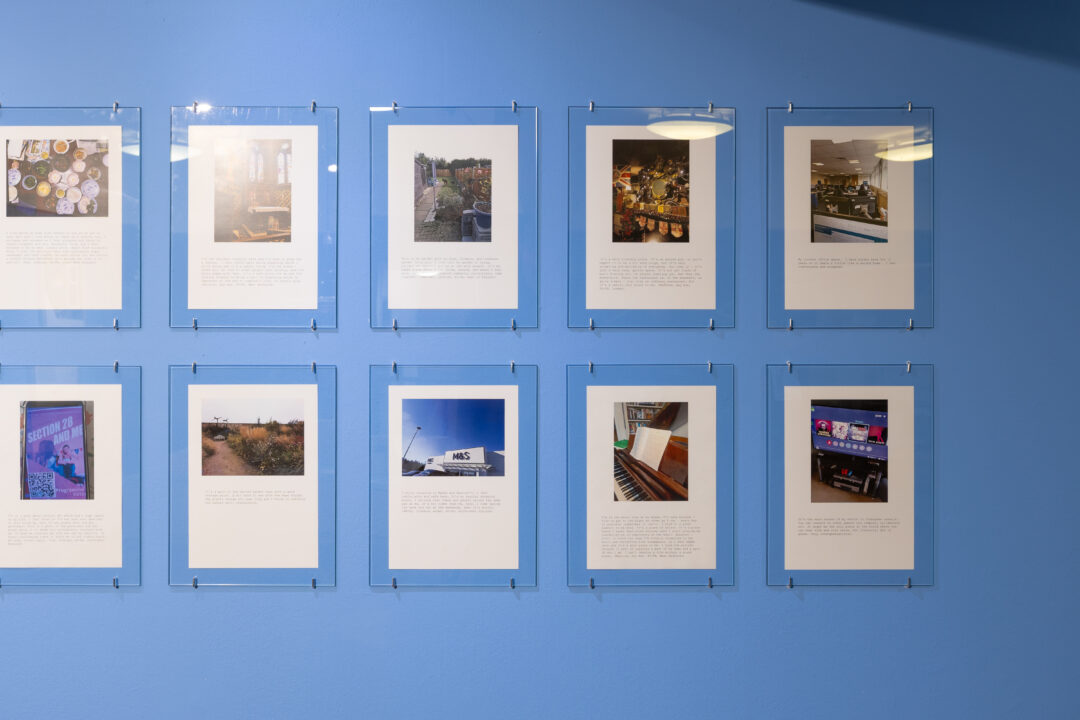
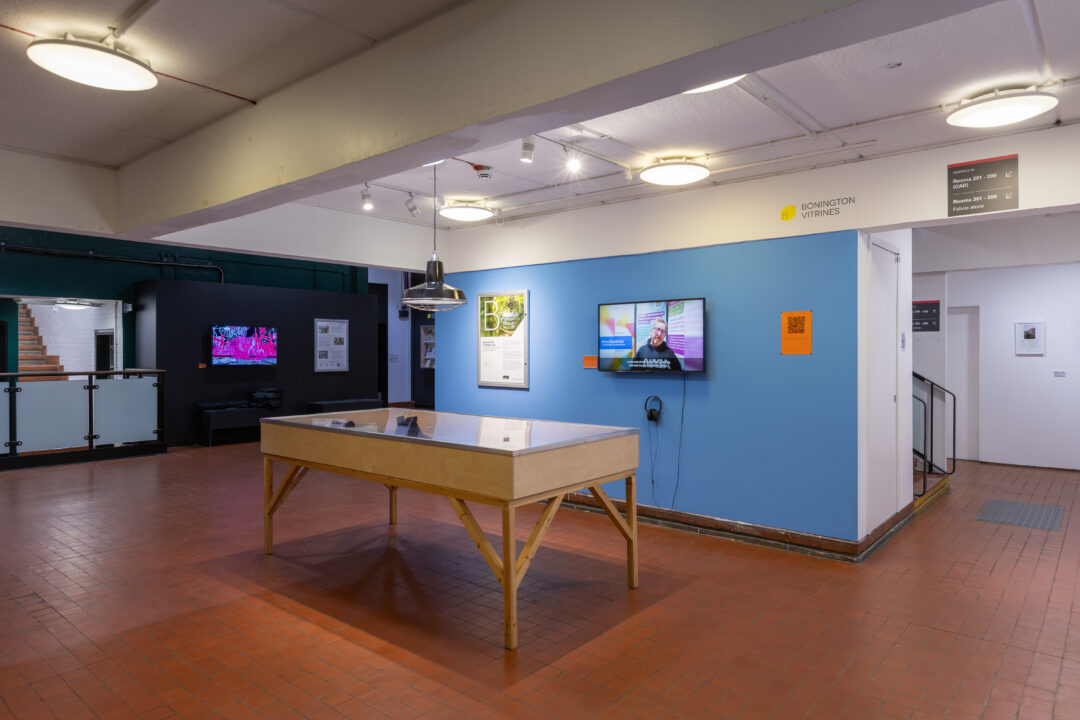
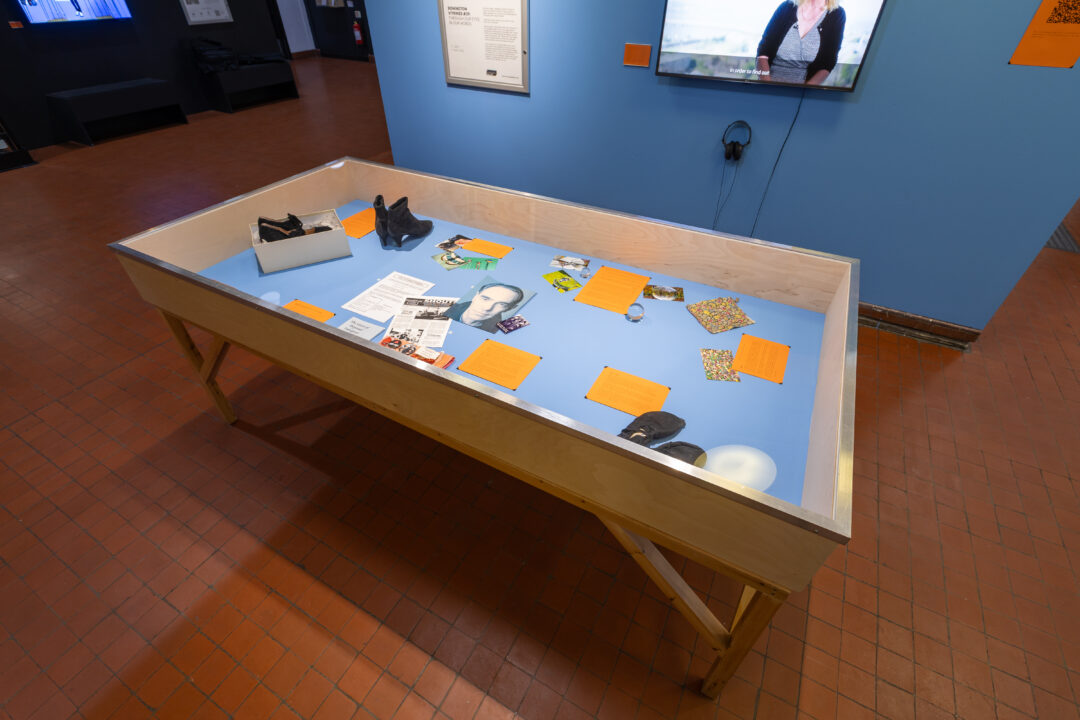
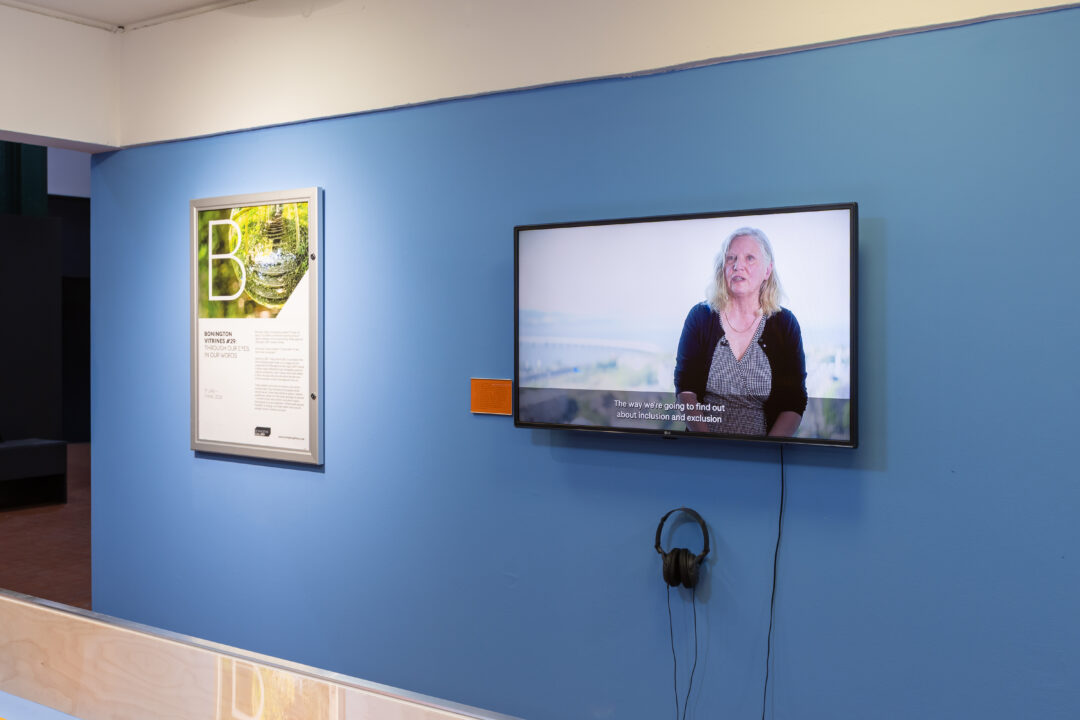
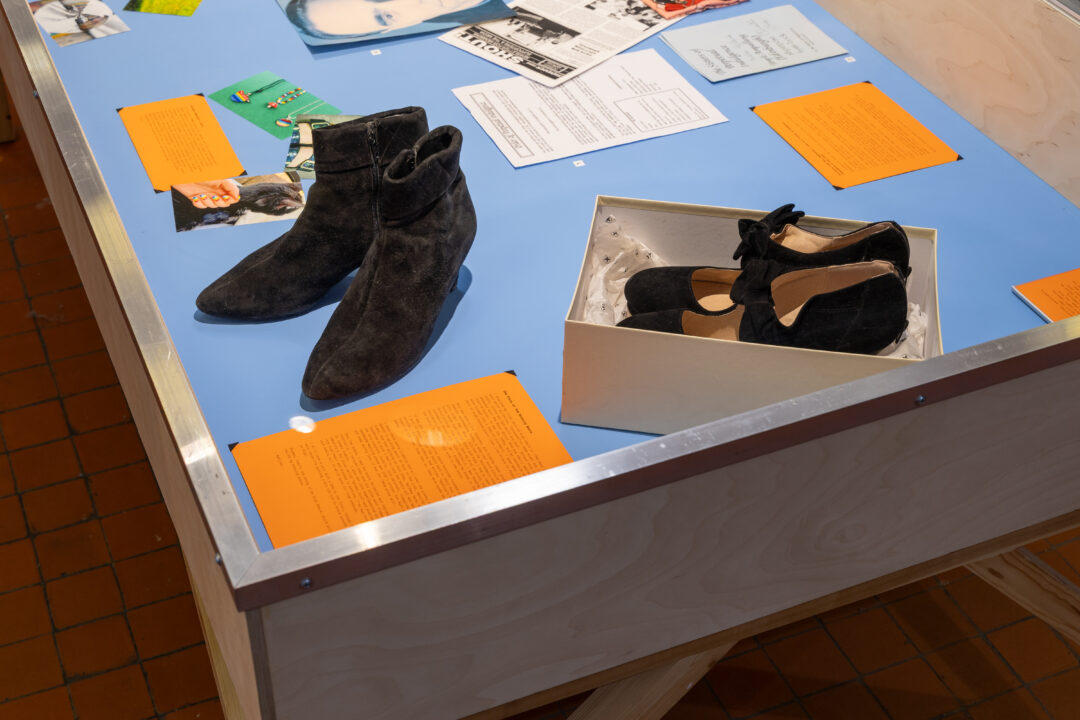
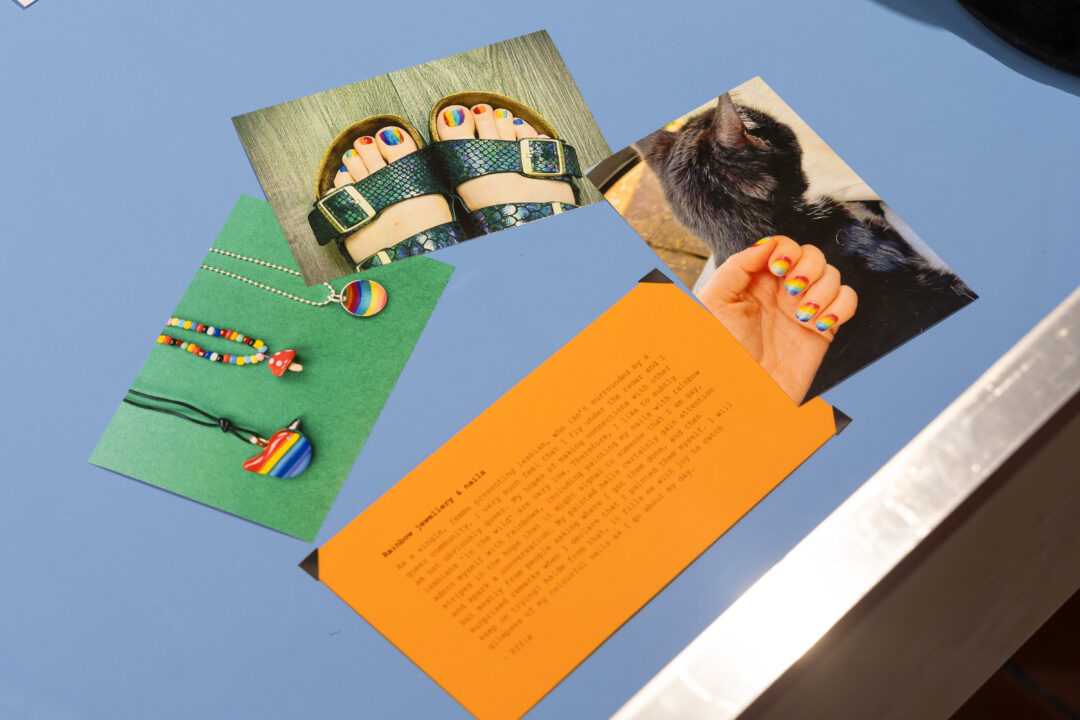
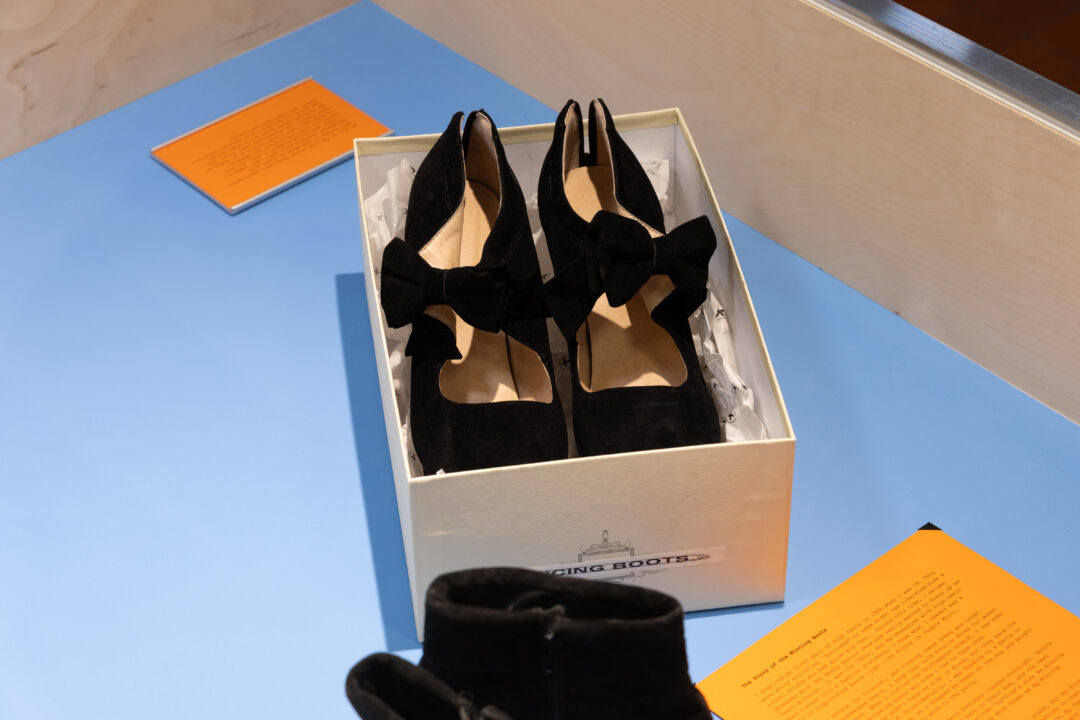
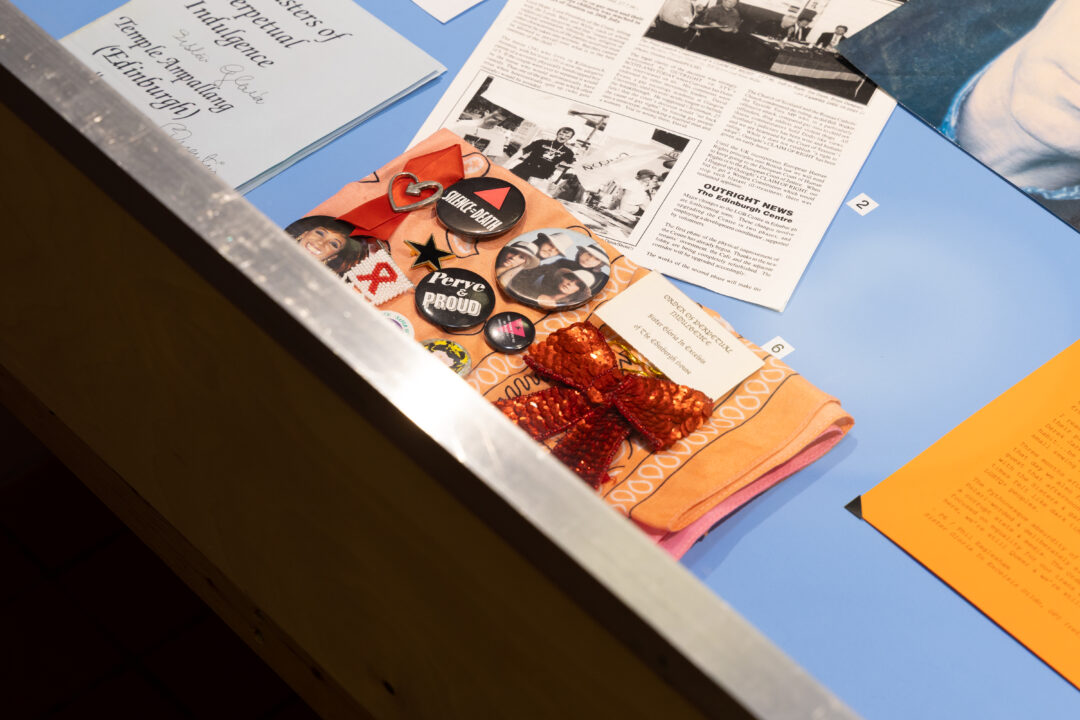
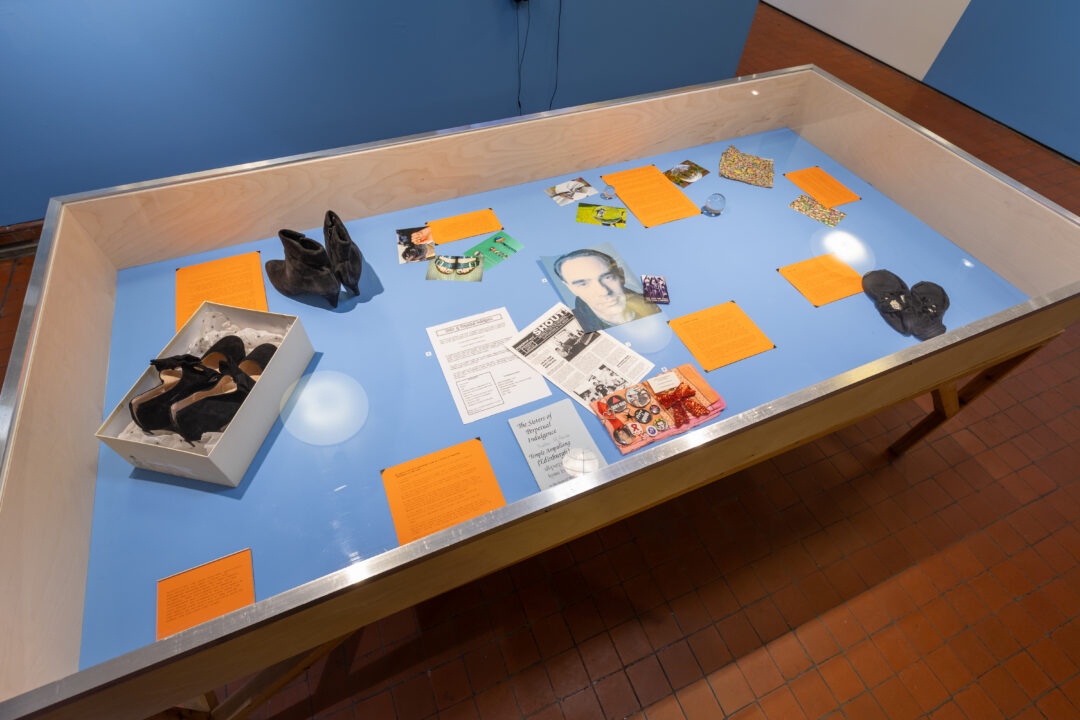
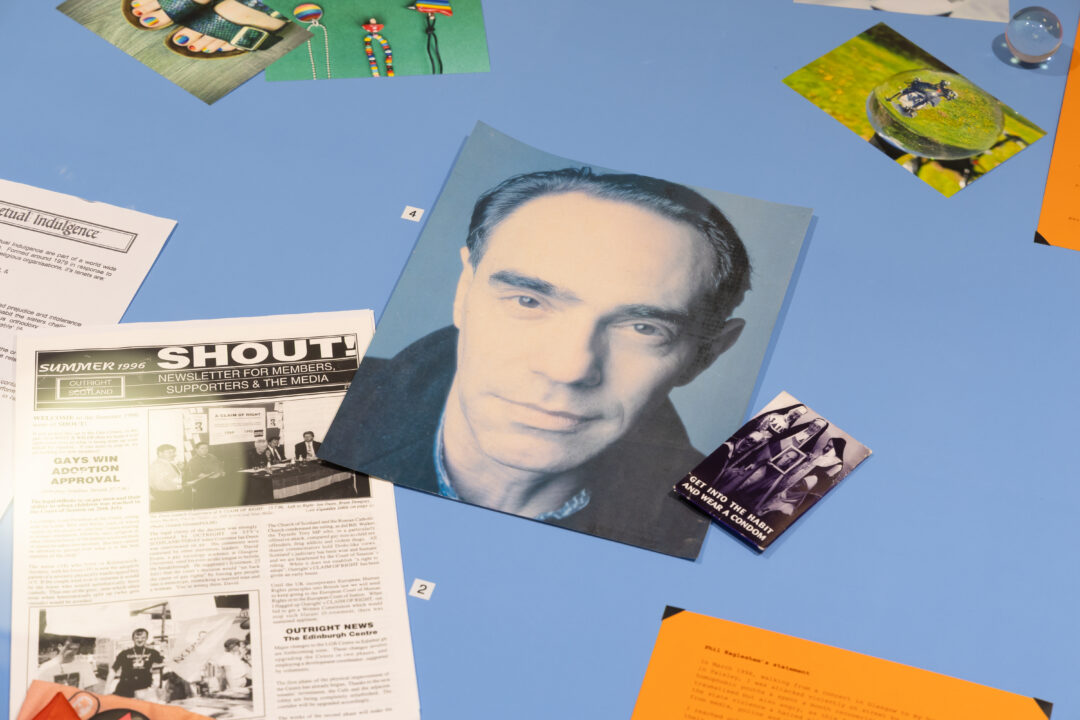
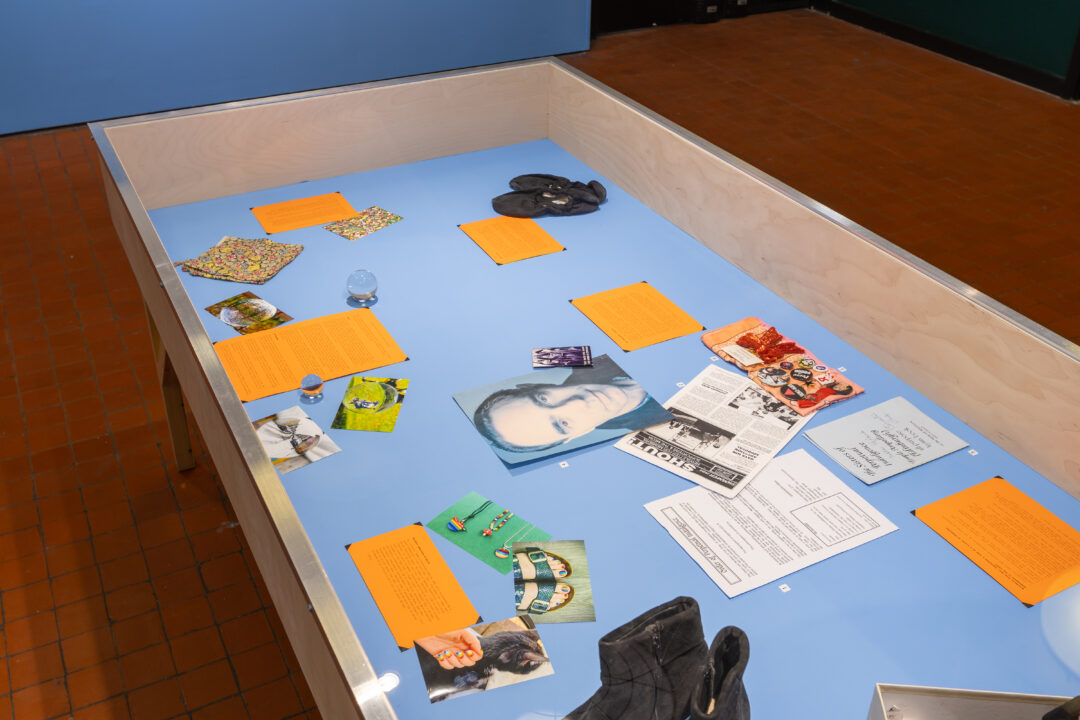
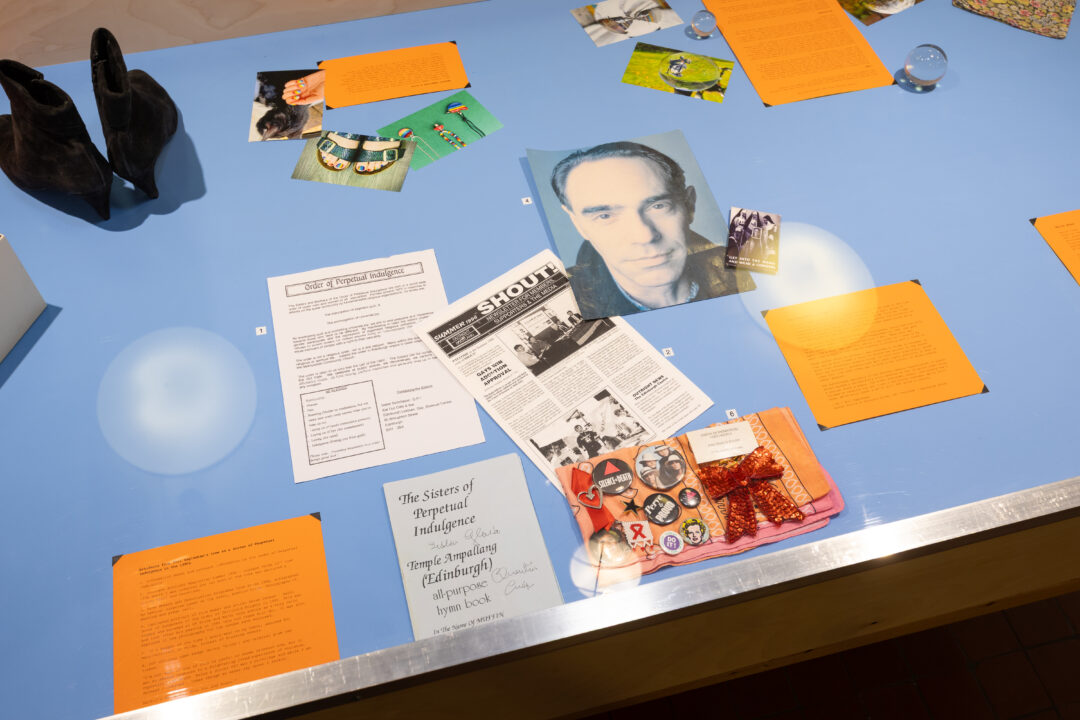
Lead image: Rosie Gardener
Bonington Gallery is delighted to announce layt de kam, a newly commissioned body of film and textile work by multi-disciplinary artist Ibiye Camp, exploring the complex interplay between infrastructure, care, and resilience along the coast of West Africa.
At the heart of the exhibition is a critical reflection on the deployment of temporary power ships off the coasts of various West African cities — an intervention intended to address unstable energy infrastructures and shortages. The title, layt de kam (translated as “light is coming”), evokes both hope and uncertainty, highlighting the precarity of such power solutions while celebrating the enduring strength of coastal communities.
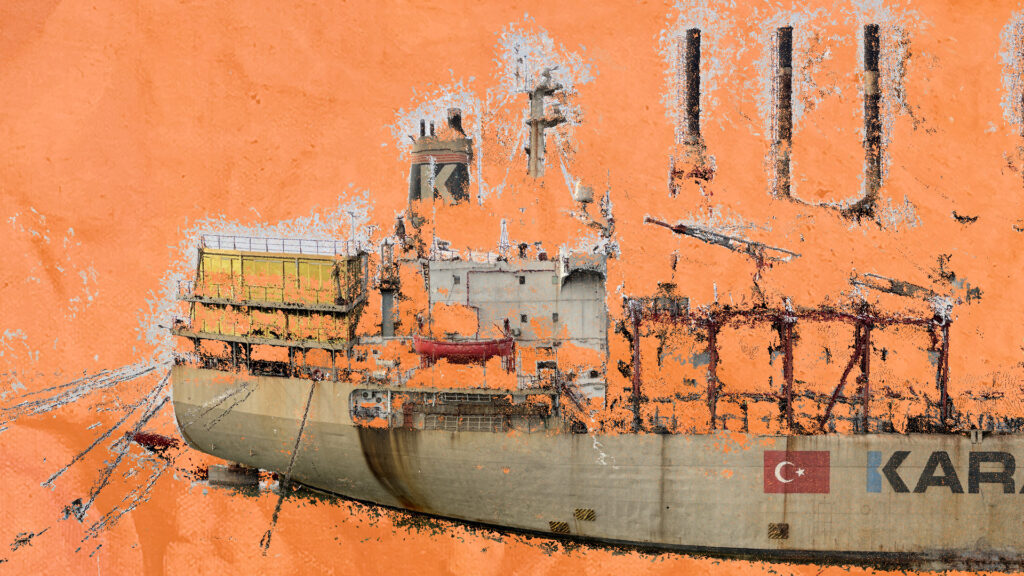
Combining spatial intervention, film and textiles, the exhibition will examine how brutalist infrastructure looms ominously over the intimate and everyday life on the shore. Central to the exhibition is a new film, GLOW, a speculative child’s tale that imagines the arrival of this foreign visitor who brings light. Created using point cloud reconstructions, the trace of the landscape is dependent on illumination, shadows and reflections to create the shapes and forms.
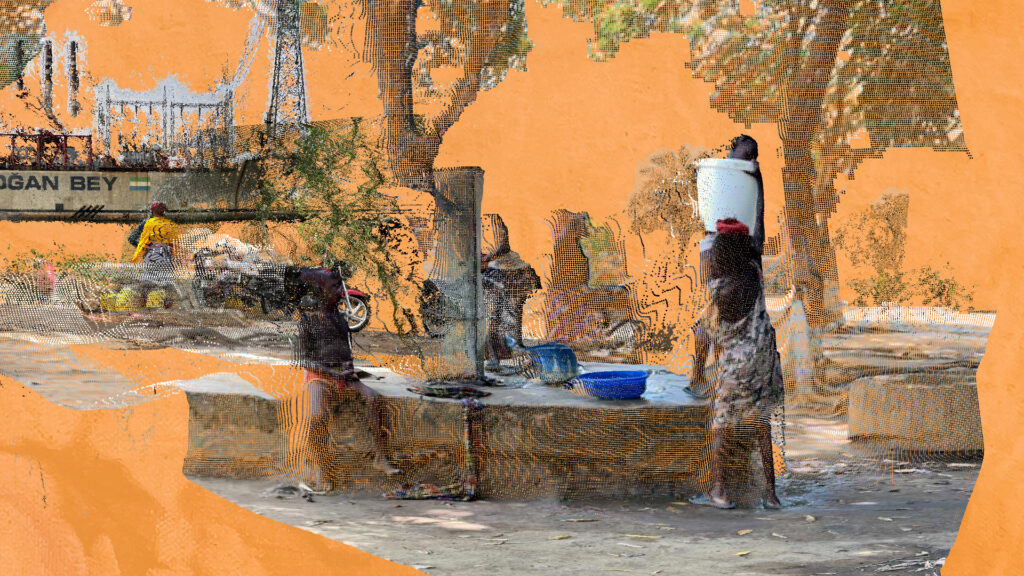
Camp further translates these digital landscapes into tactile form by laser-cutting point cloud stills into Kola Nut-dyed fabric. This process embeds the digital with the material, using concentrated light to cut cloth traditionally used by mothers to wrap their children—an enduring symbol of care and ancestral knowledge.
layt de kam further interrogates the broader geopolitical implications of temporary power infrastructures. Shaped by deregulation, privatisation, and conflict, these systems often reinforce global dependencies rather than fostering self-sufficiency. Drawing on theorist Keller Easterling’s concept of “extrastatecraft,” Camp reveals how non-state actors influence through infrastructure, turning energy access into a site of control.
By transforming disrupted landscapes into material memory, layt de kam offers a powerful narrative of resistance, care, and the entanglement of light, technology, and power.
Ibiye holds an MA in Architecture from the Royal College of Art, and BA (Hons) in Fine Art, from the University of the Arts London, Central Saint Martins. Ibiye’s Thesis project titled Data: The New Black Gold was awarded the School of Architectures Dean’s Prize and was nominated for the RIBA Silver Medal Award.
Ibiye has presented her work at The Sharjah Architecture Triennial titled Rights of Future Generations in 2019 and Triennale Milano The State of the Art of Architecture conference in 2020. She showed in the Istanbul Biennial titled Empathy Revisited in 2020, and MAAT – Museum of Art, Architecture and Technology’s exhibition titled X is Not a Small Country in 2021 and the 13th Shanghai Biennale titled Bodies of Water in 2021, and London’s Art Festival, Deptford X in 2022. In 2023 Ibiye was included in the Venice Architectural Biennial within the group exhibition Guests from the Future, and in 2024, was included in Unseen Guests, a project organized by Iniva as part of the British Pavilion’s public programme at the 60th Venice Biennial.
Ibiye Camp, Rhiarna Dhaliwal and Emmy Bacharach run a BA Studio titled Digital Native at the Design Academy Eindhoven.
Sound artist FAUZIA has made the soundtrack to Ibiye’s film GLOW.
Read an in-conversation between Ibiye Camp and Gökçe Günel, exploring the phenomenon of power-ships here.
Press:
– Art + Australia: ‘Floating Power Houses: A Conversation’.
– Yamo: 15 Questions with Ibiye Camp by Gary Grimes.
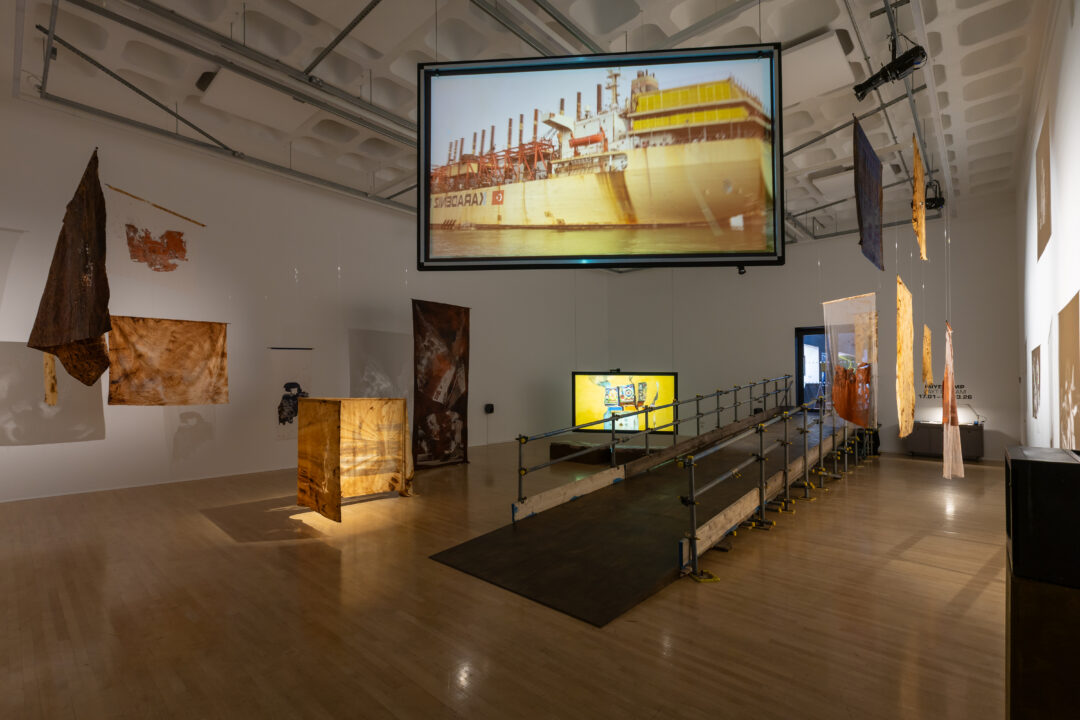
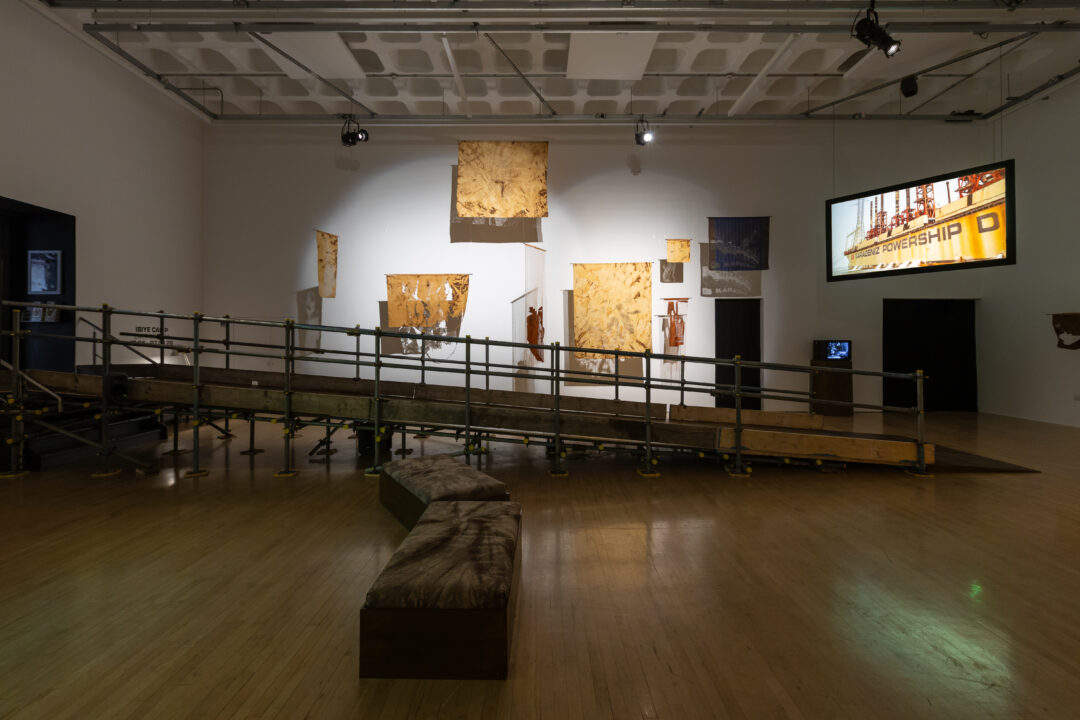
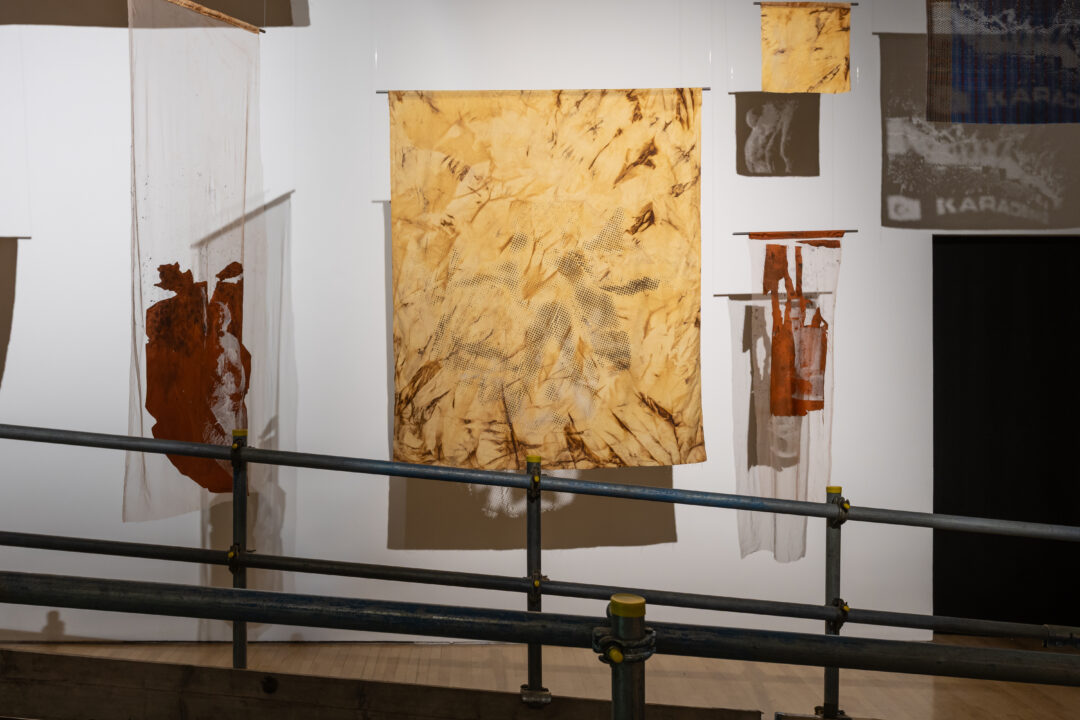
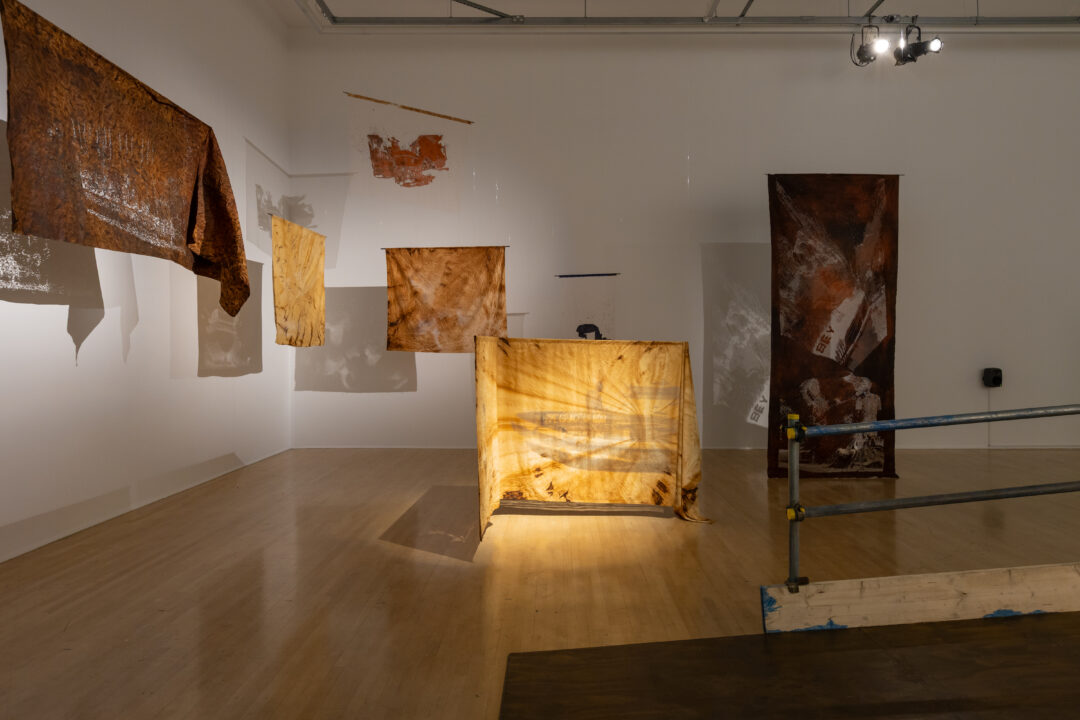
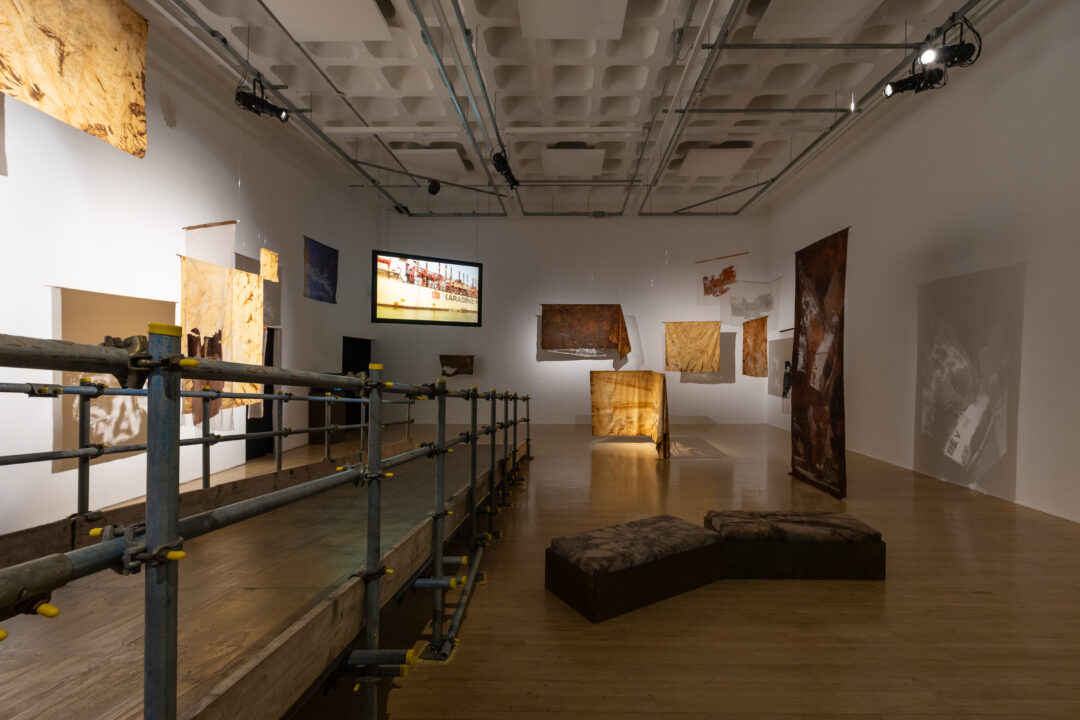
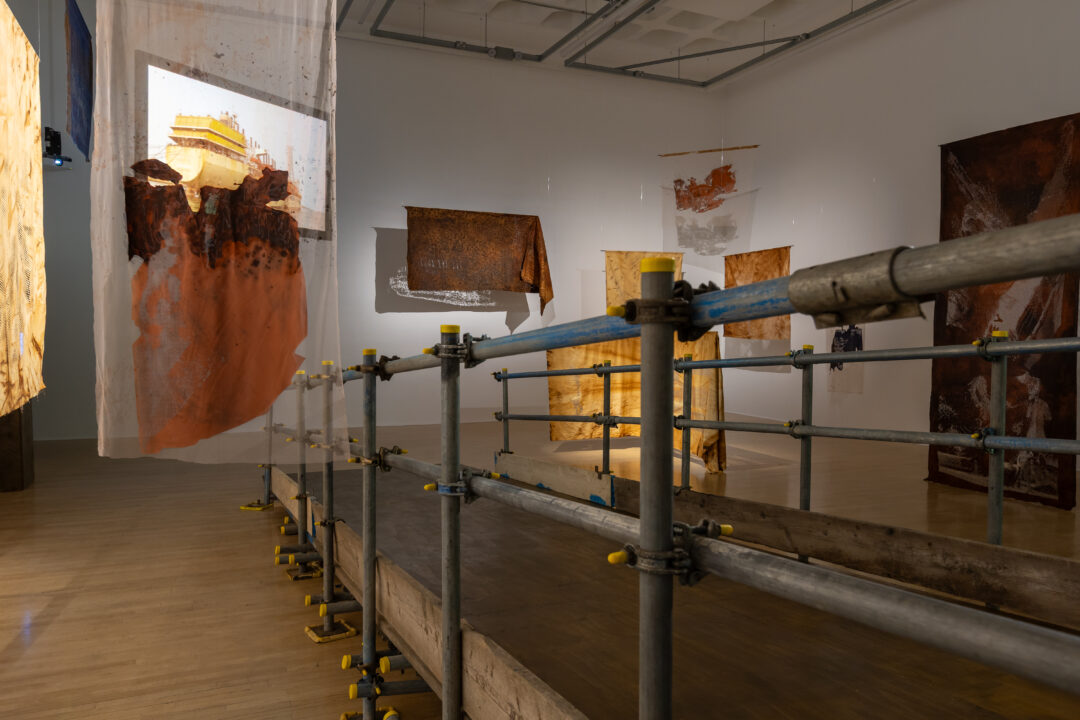
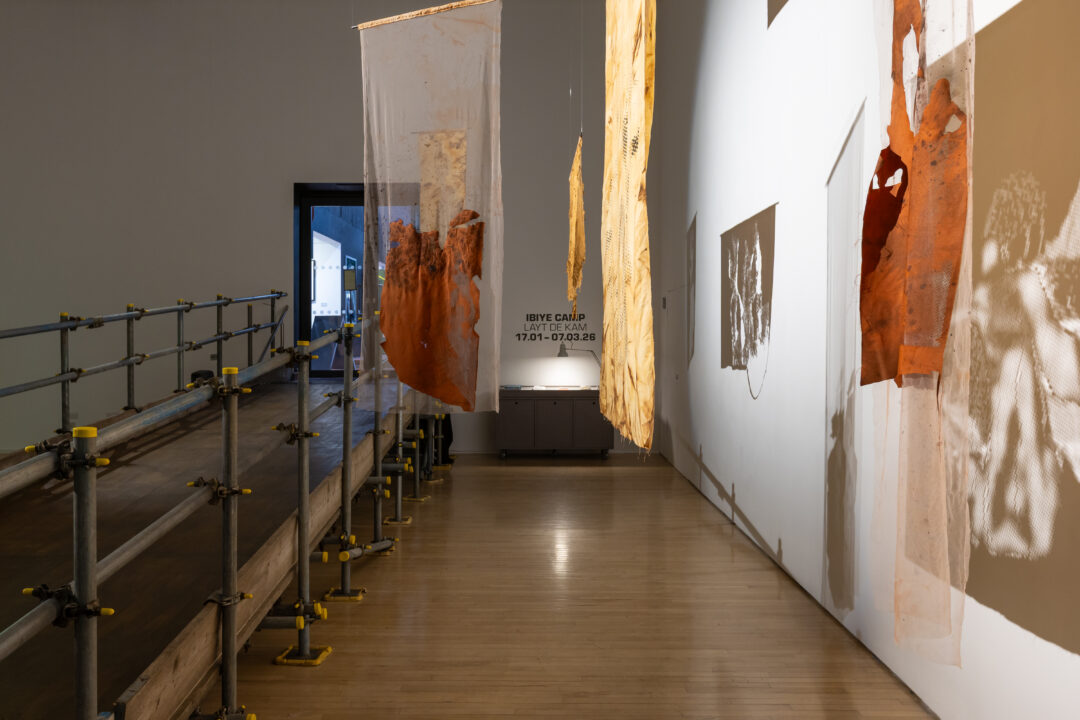
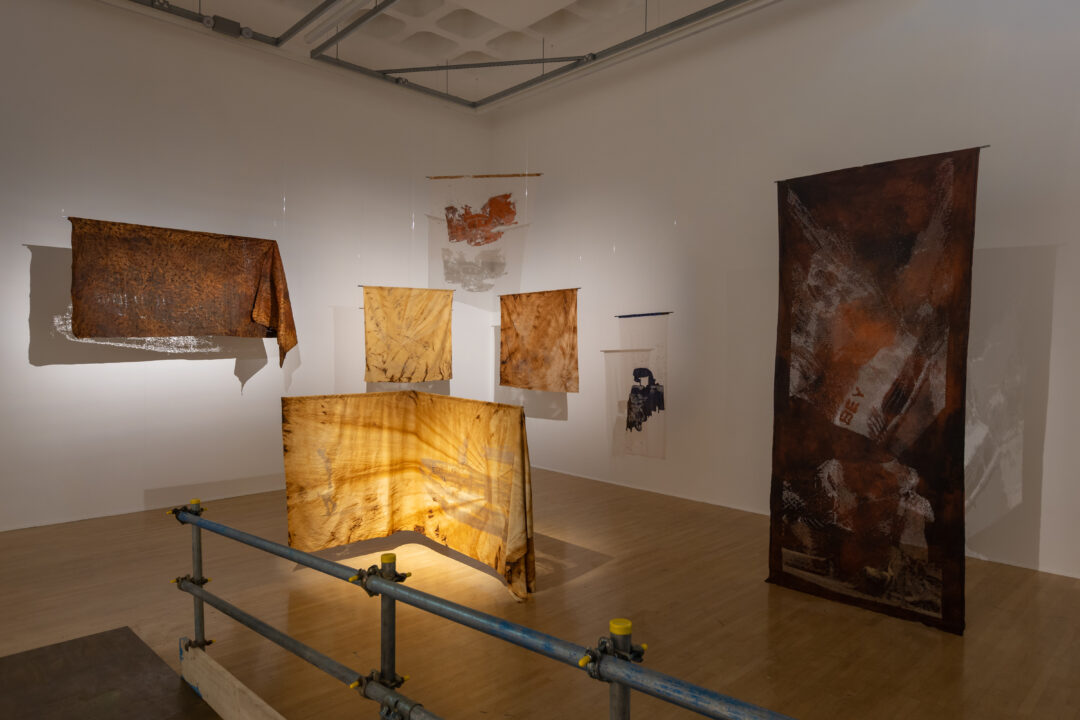
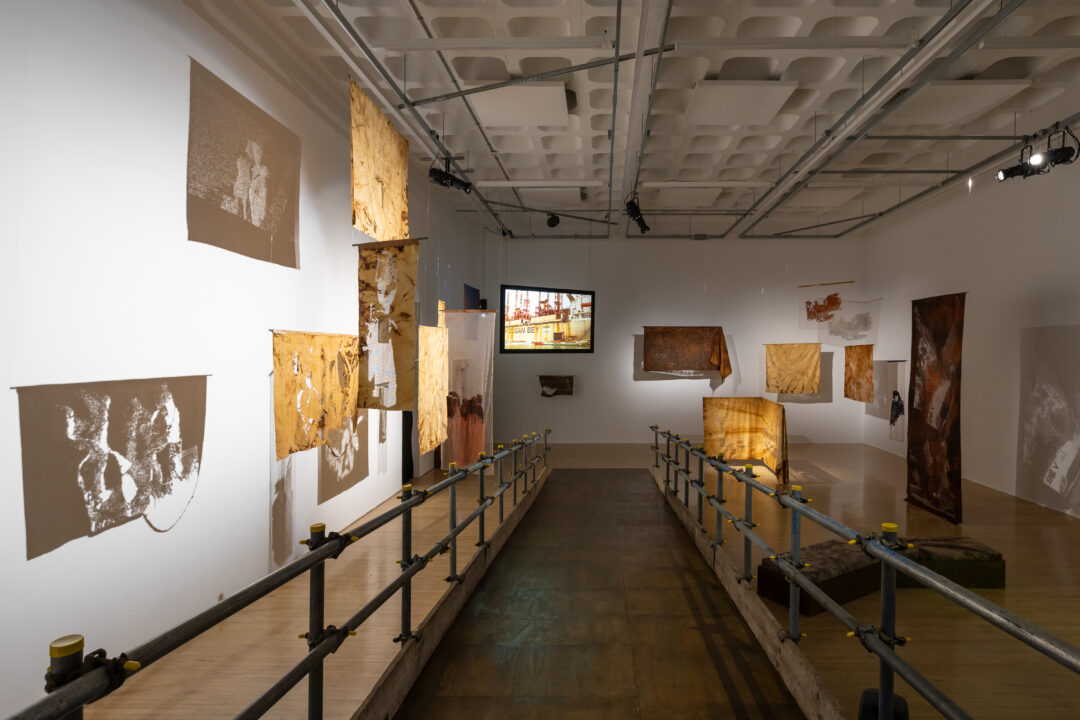
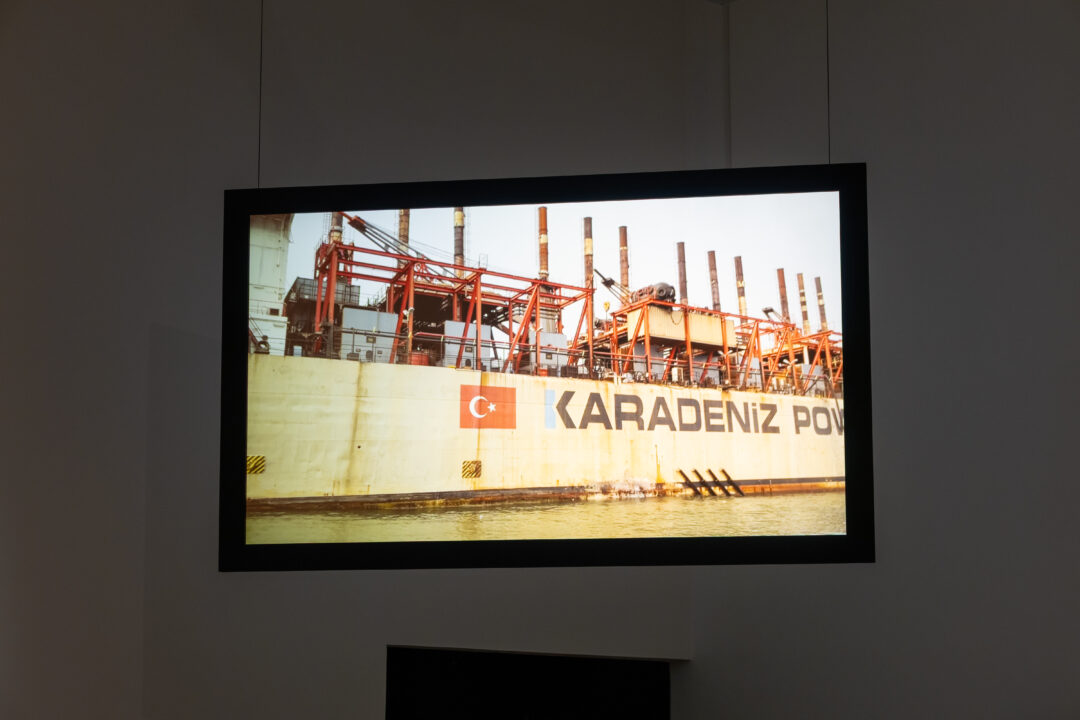
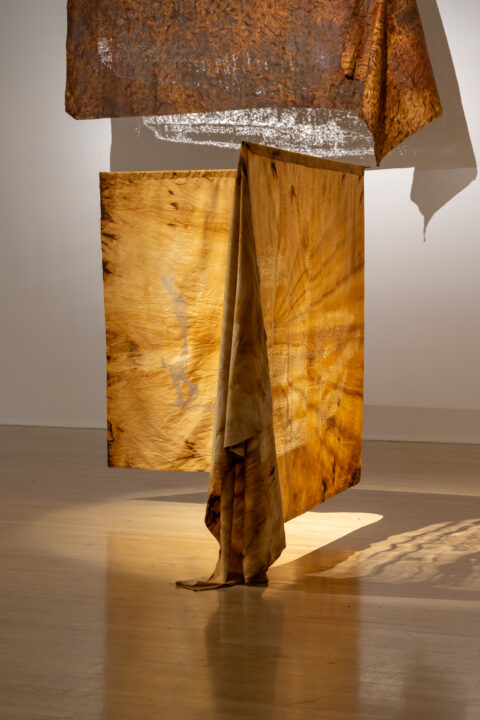
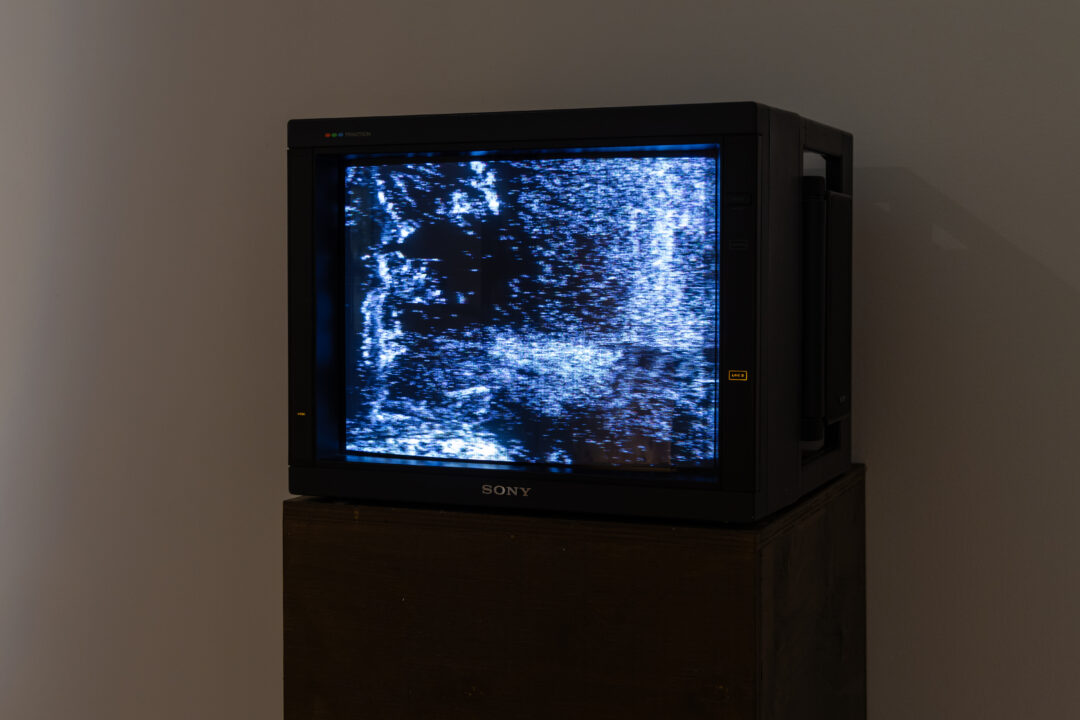
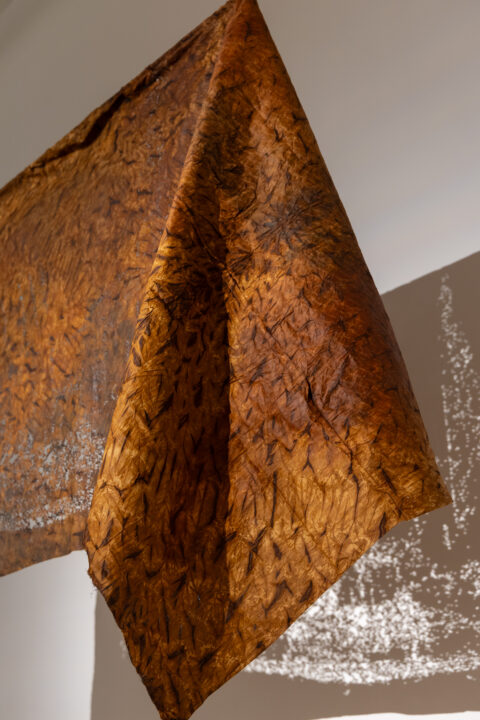
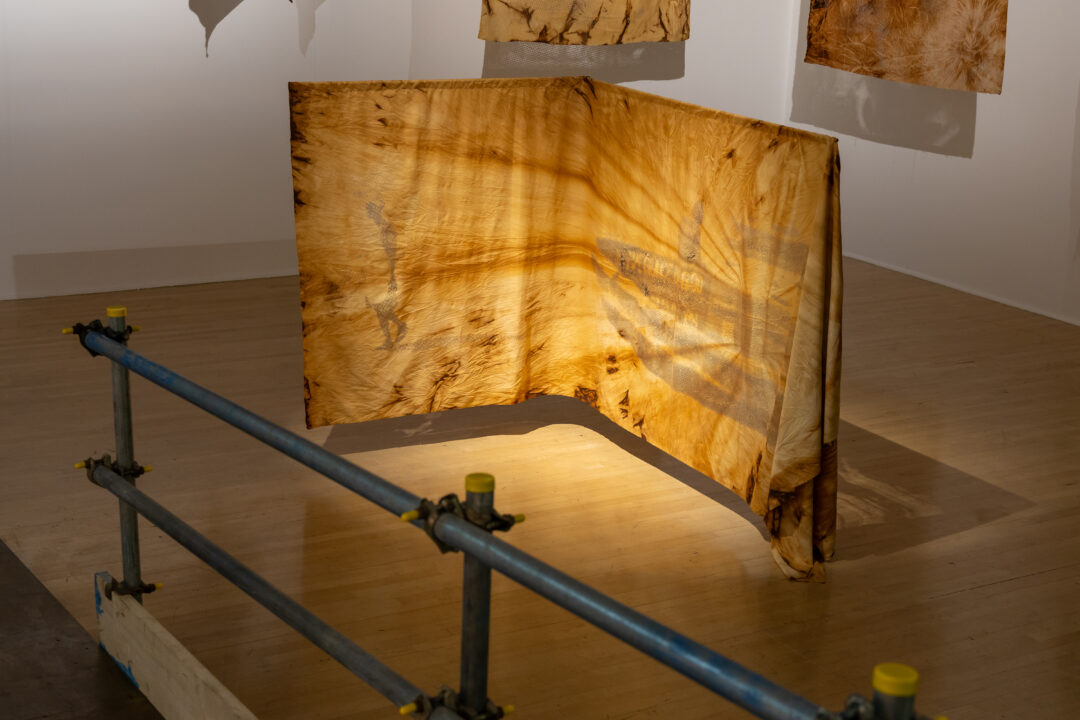
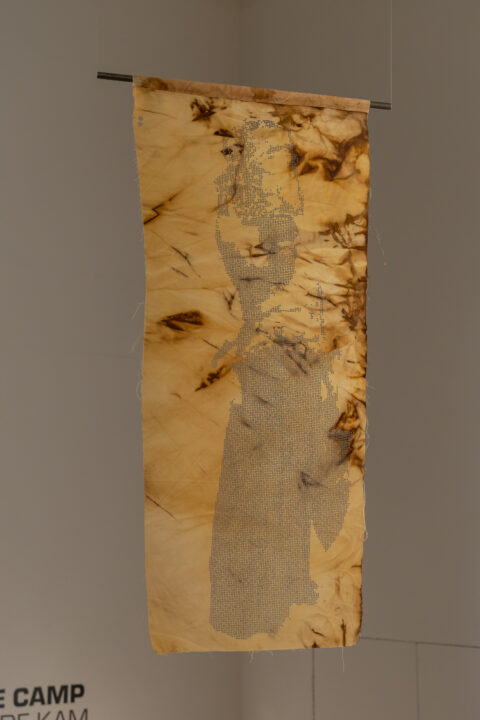
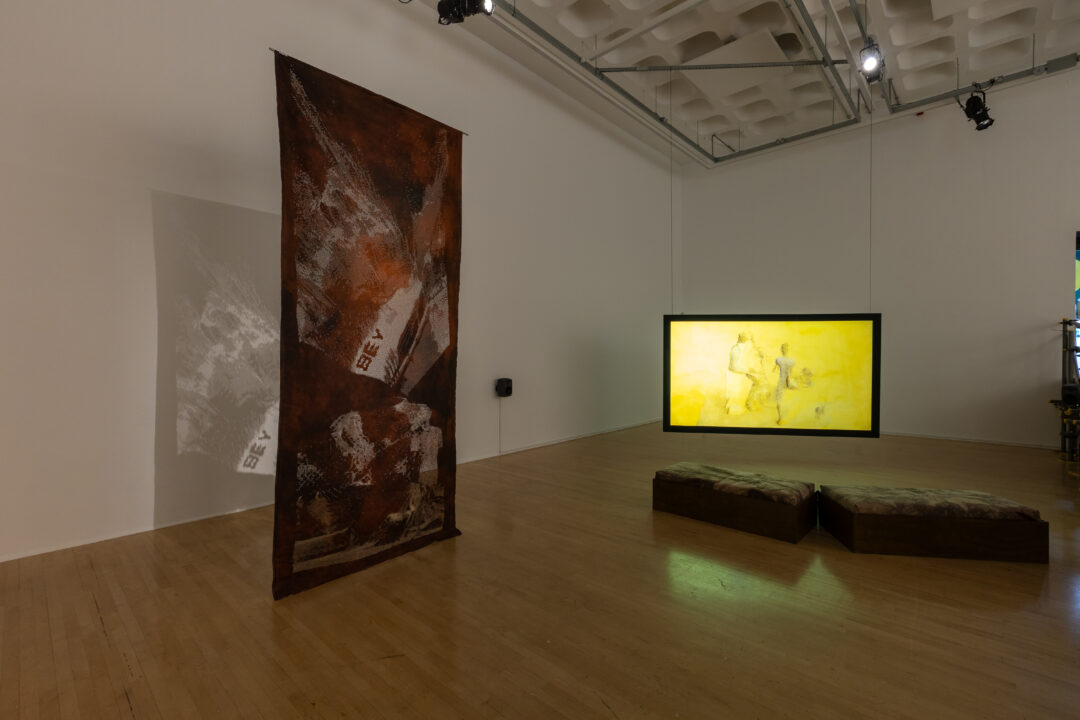
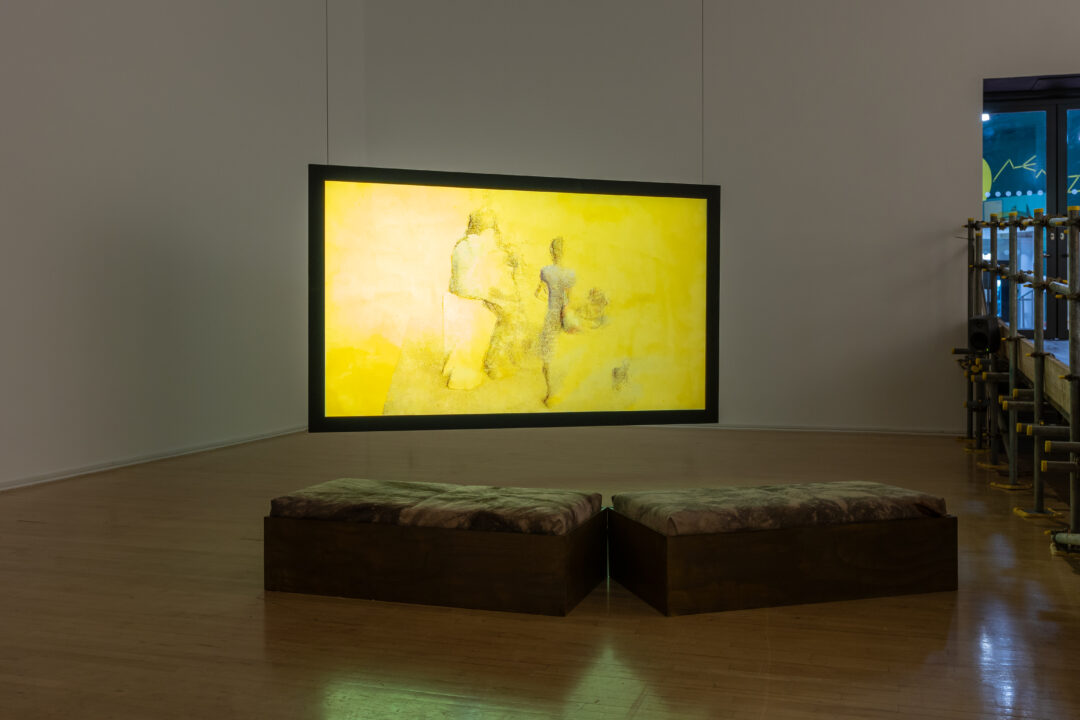
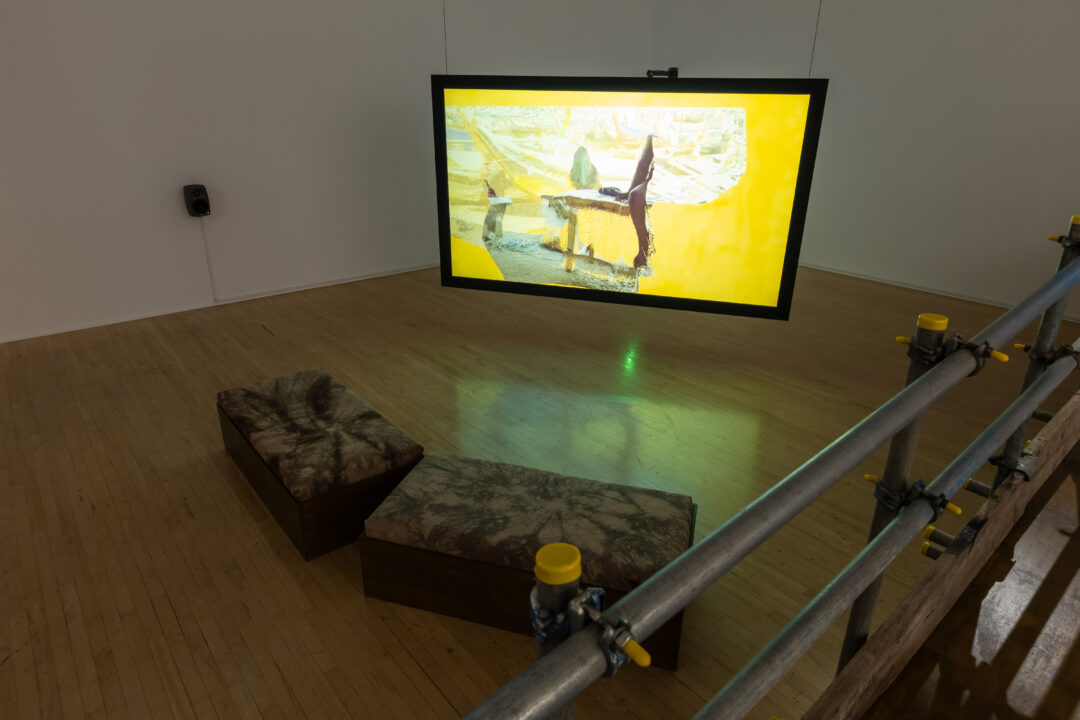
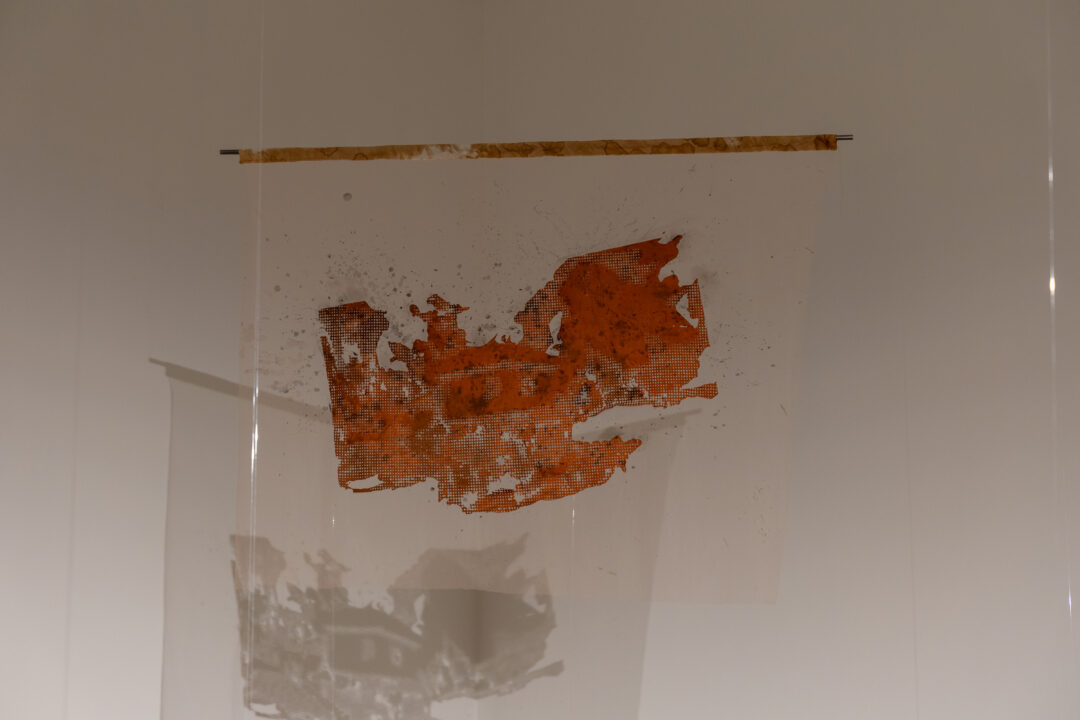
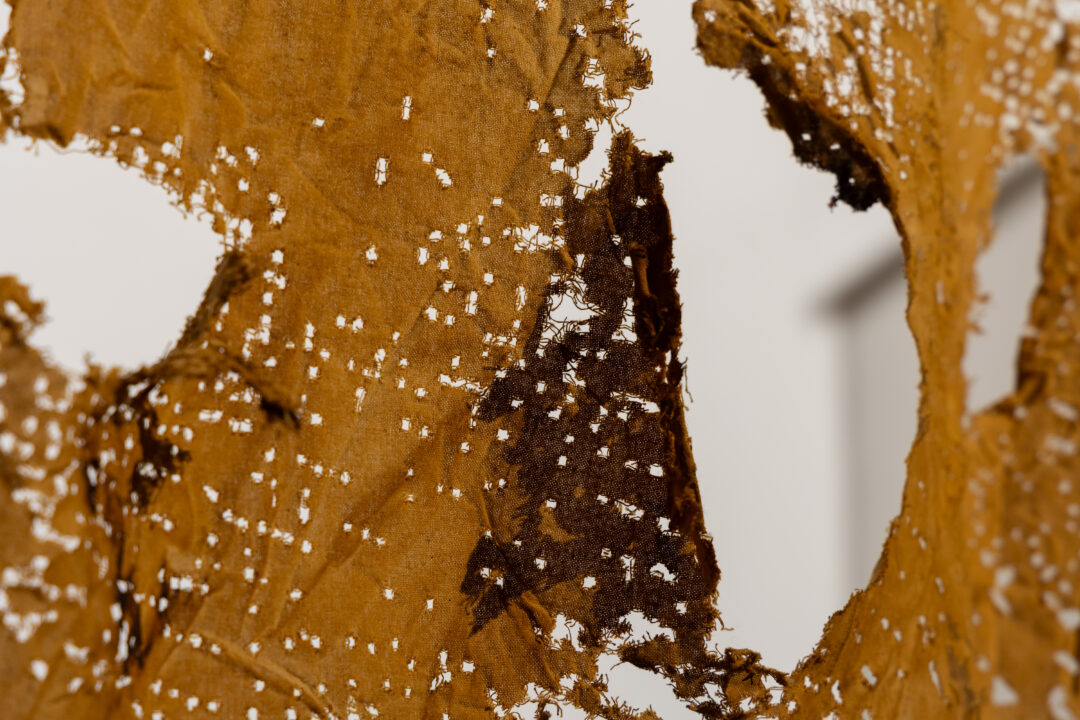
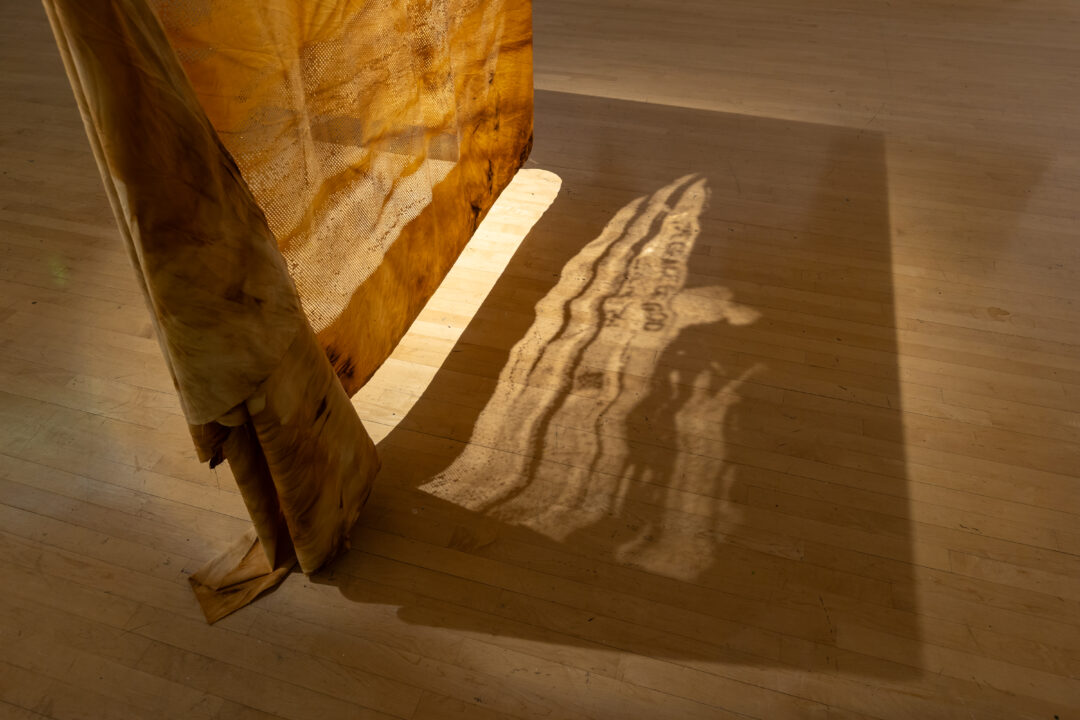
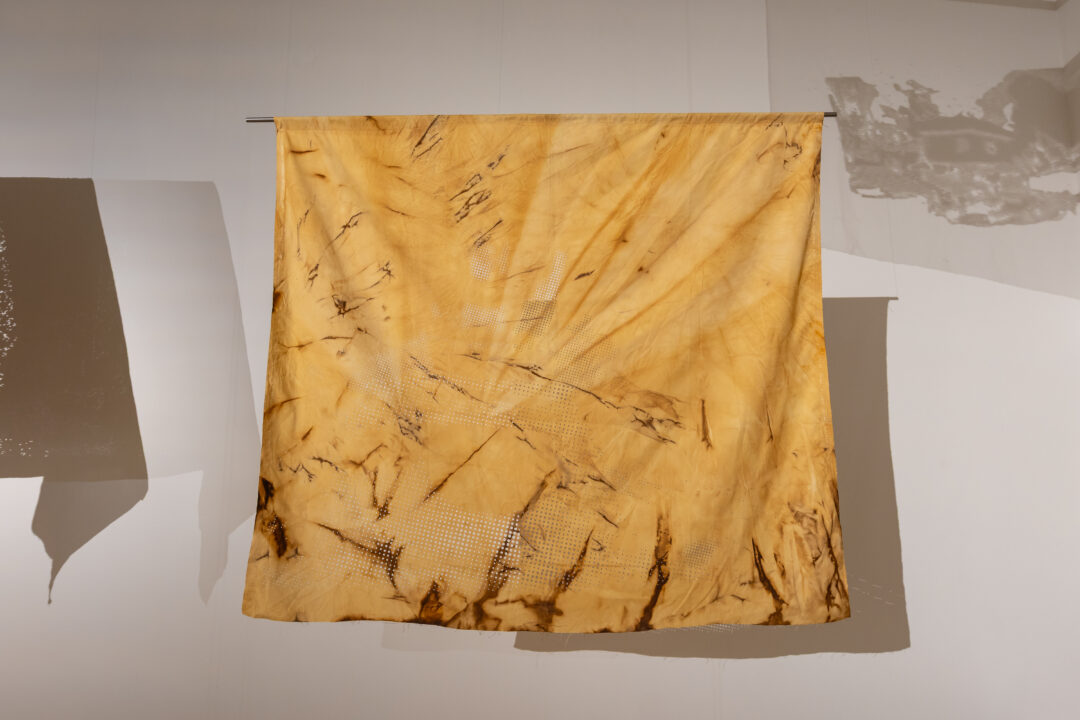
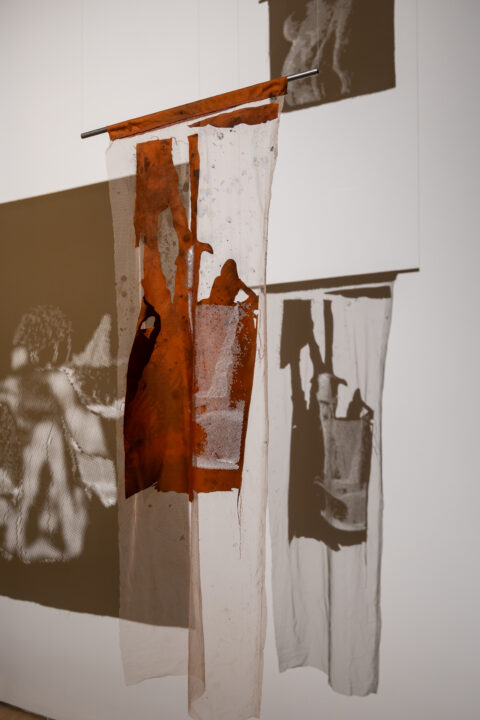
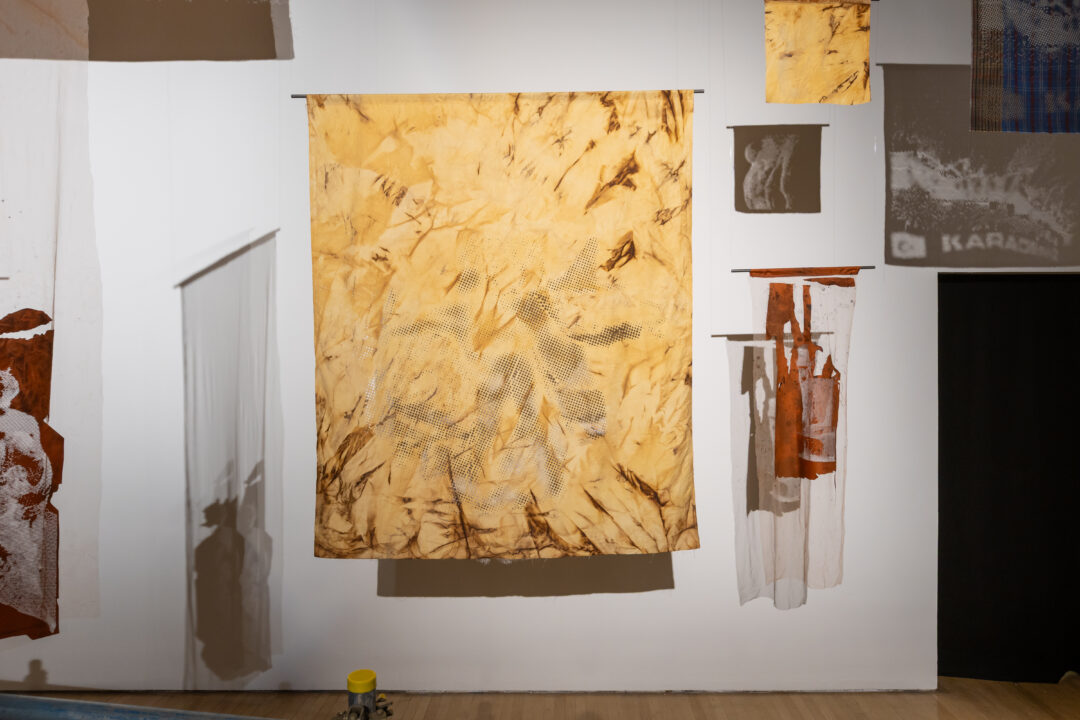
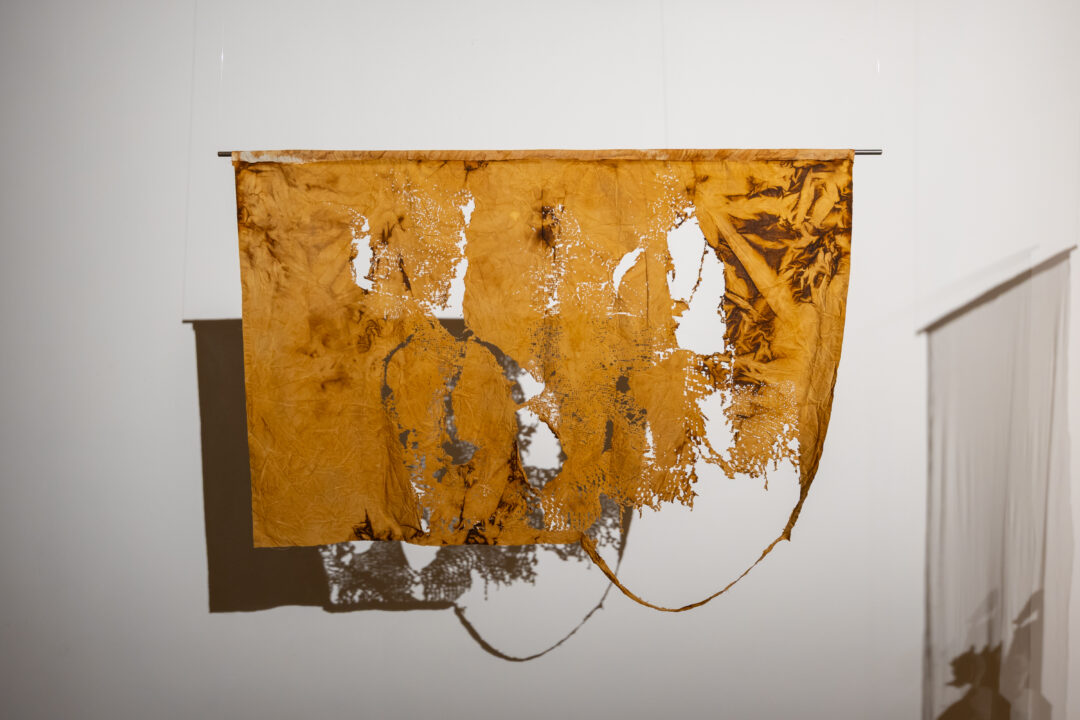
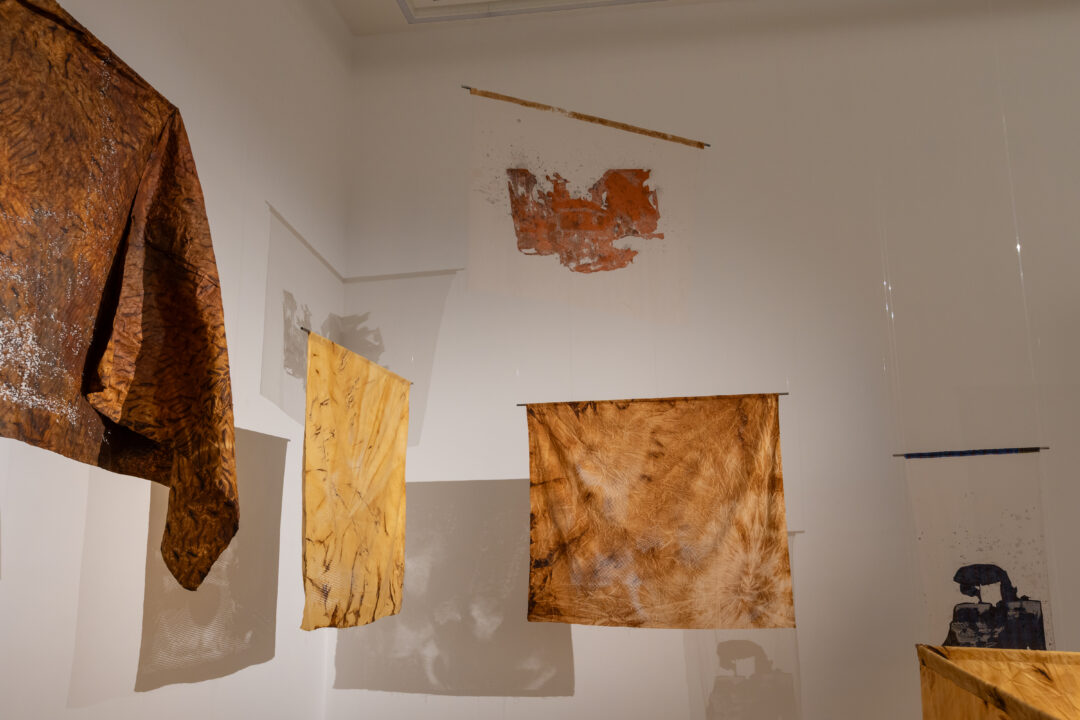
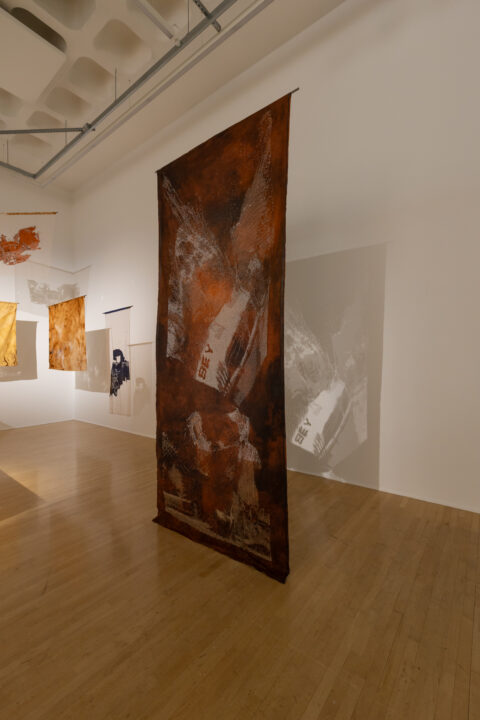
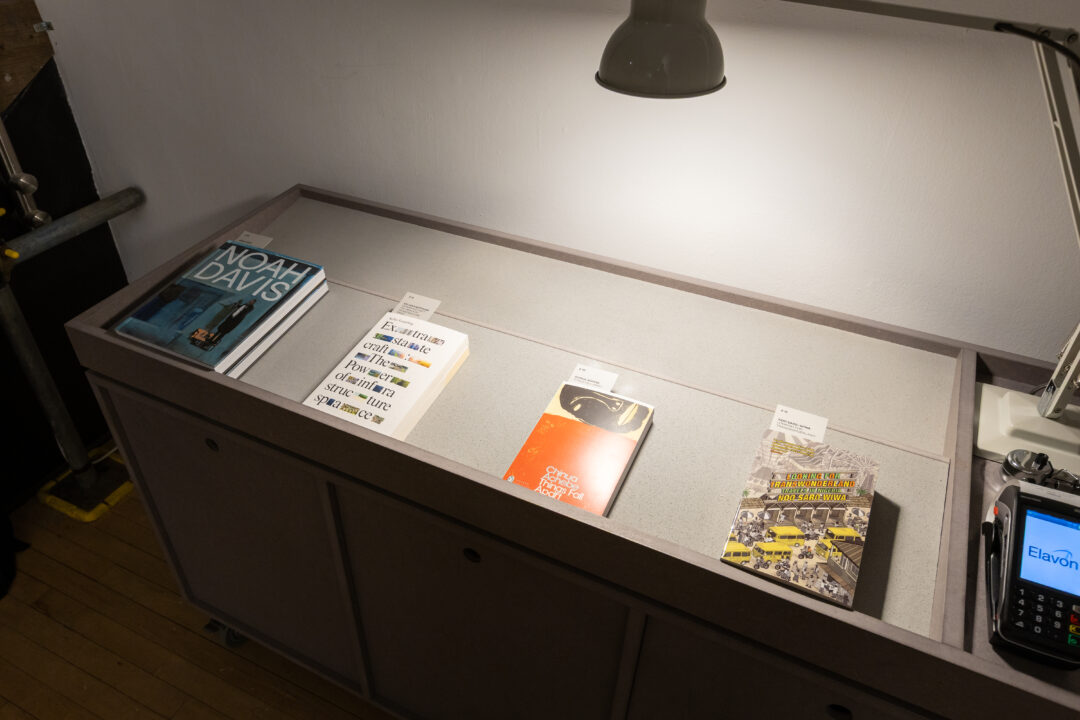
Join us for the launch of the first exhibition of the academic year, a two-person exhibition by William English and Sandra Cross bringing together film, photography, sculpture, sound, and archival material formed independently and collaboratively over several decades.
To Farse All Things offers a rare opportunity to explore the intertwined lives and practices of two artists whose work resists categorisation. Through a shared and uncompromising commitment to experimentation, hospitality, and social engagement, English and Cross have cultivated a body of work that is as generous as it is radical.
As part of the 28th instalment of the Bonington Vitrines series, we’re delighted to present Someone’s Doing Something, a project by London-based curatorial, research, and archival platform Gestures, developed in dialogue with writer Isabelle Bucklow.
Enjoy a free welcome drink, delicious food (first come, first served!) and music.
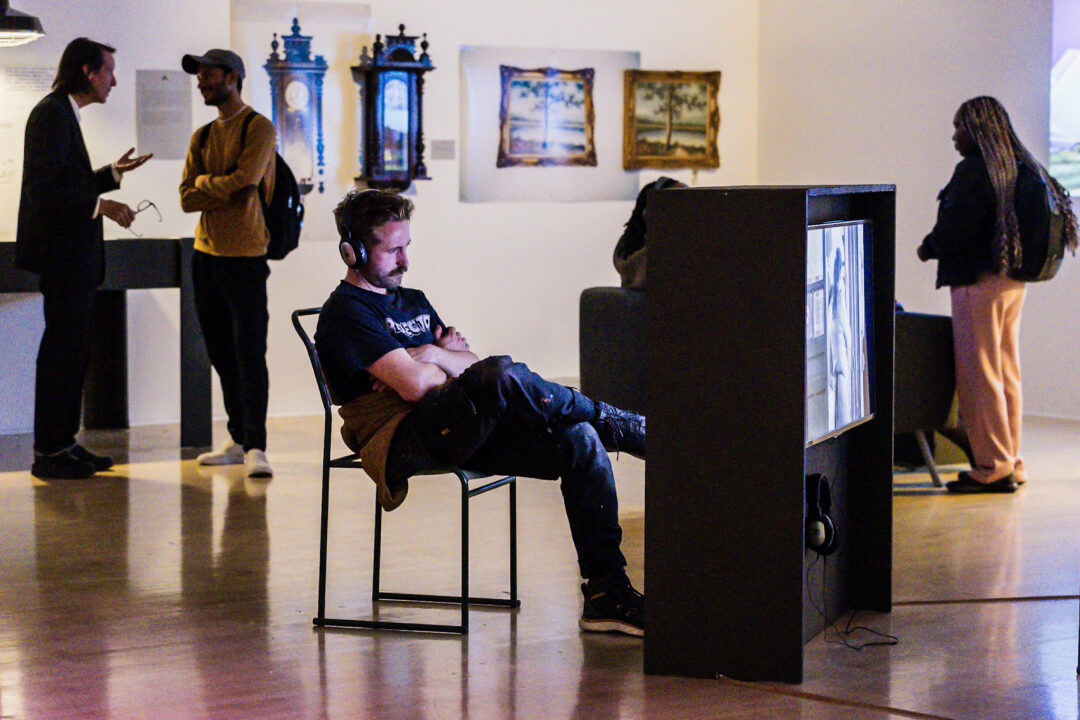
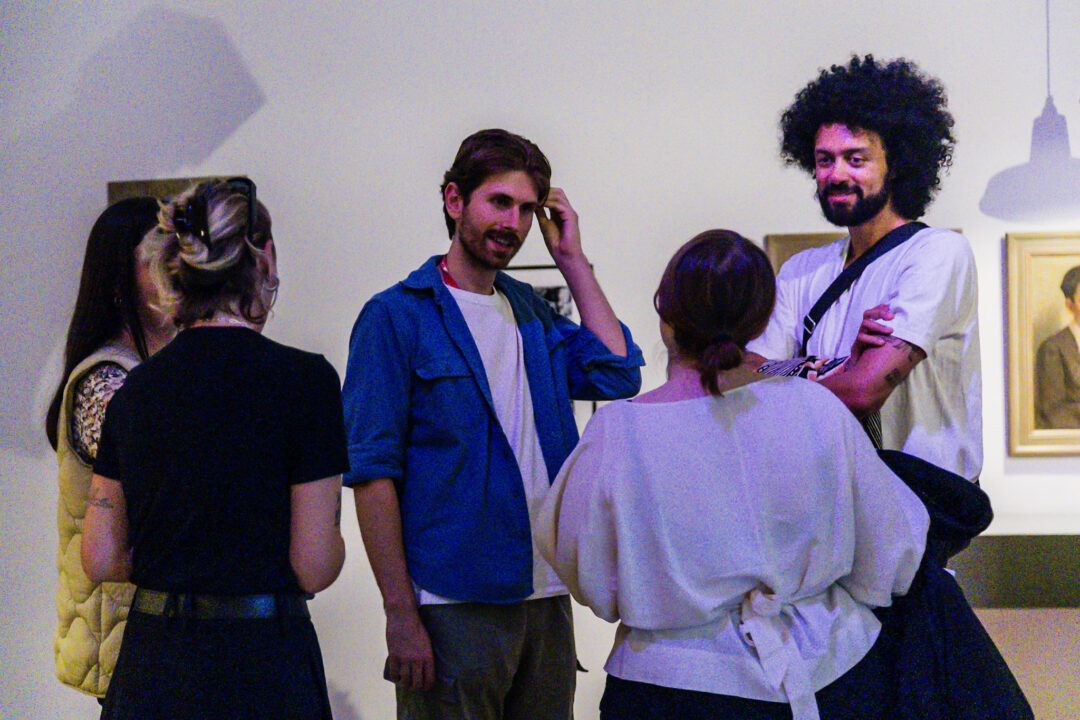
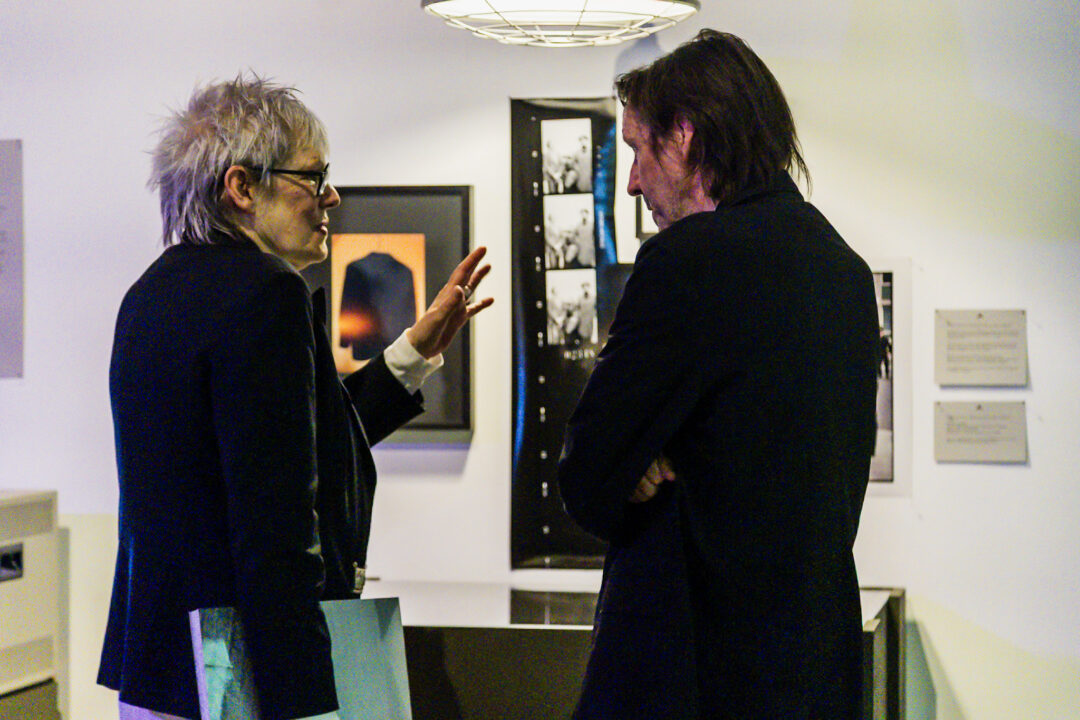
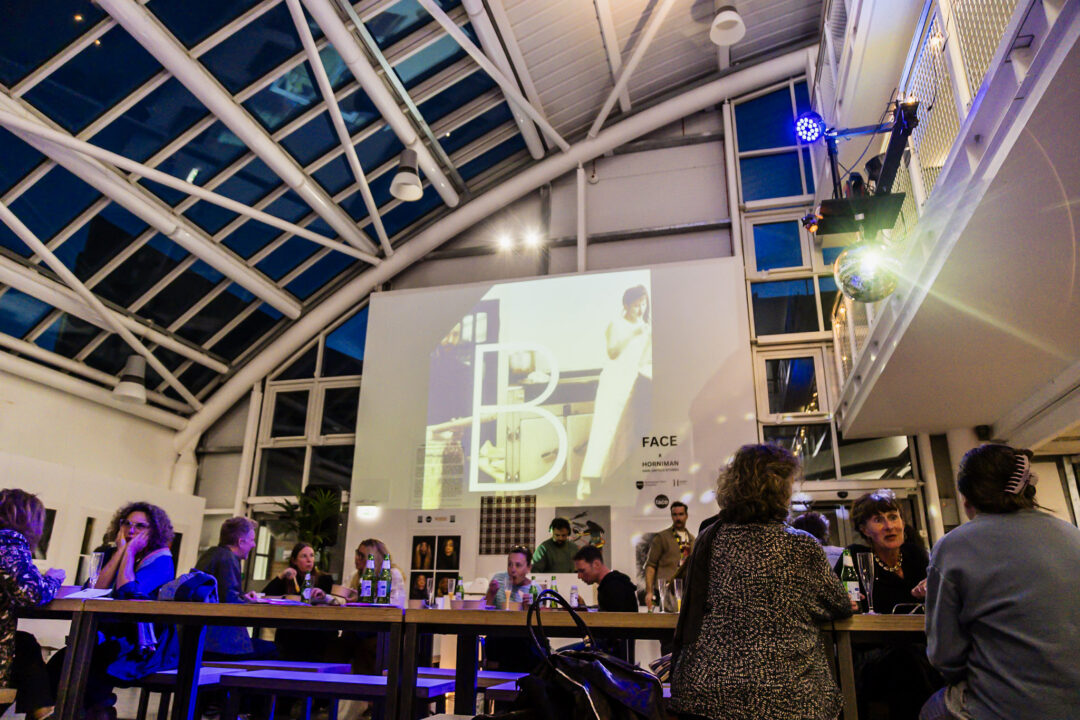
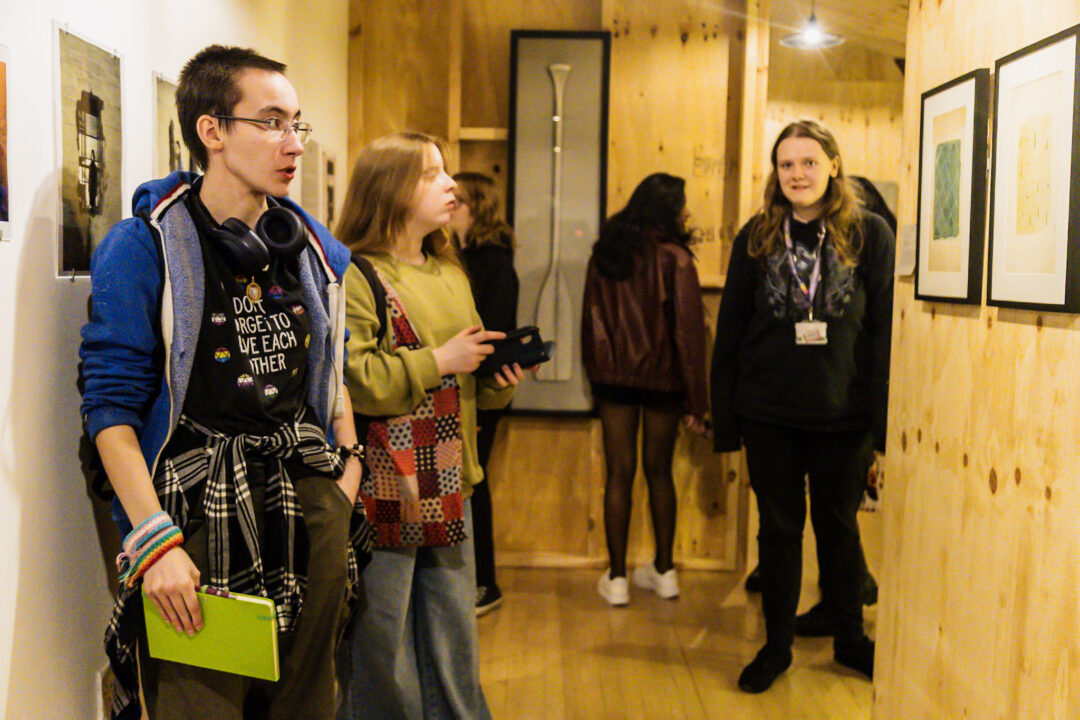
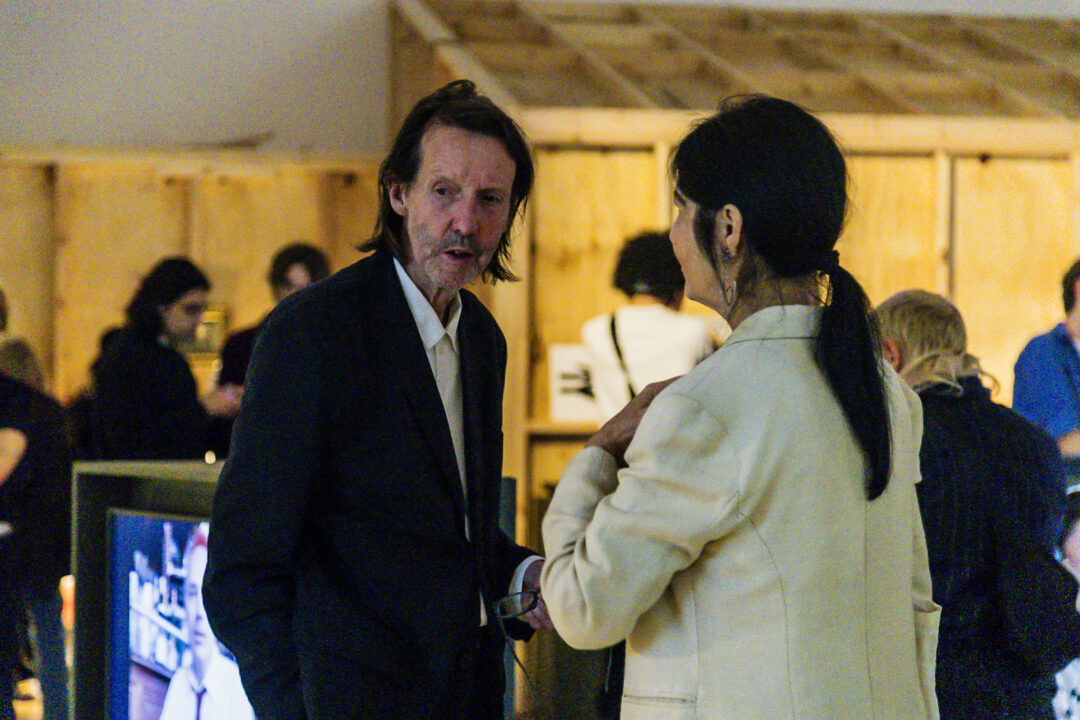
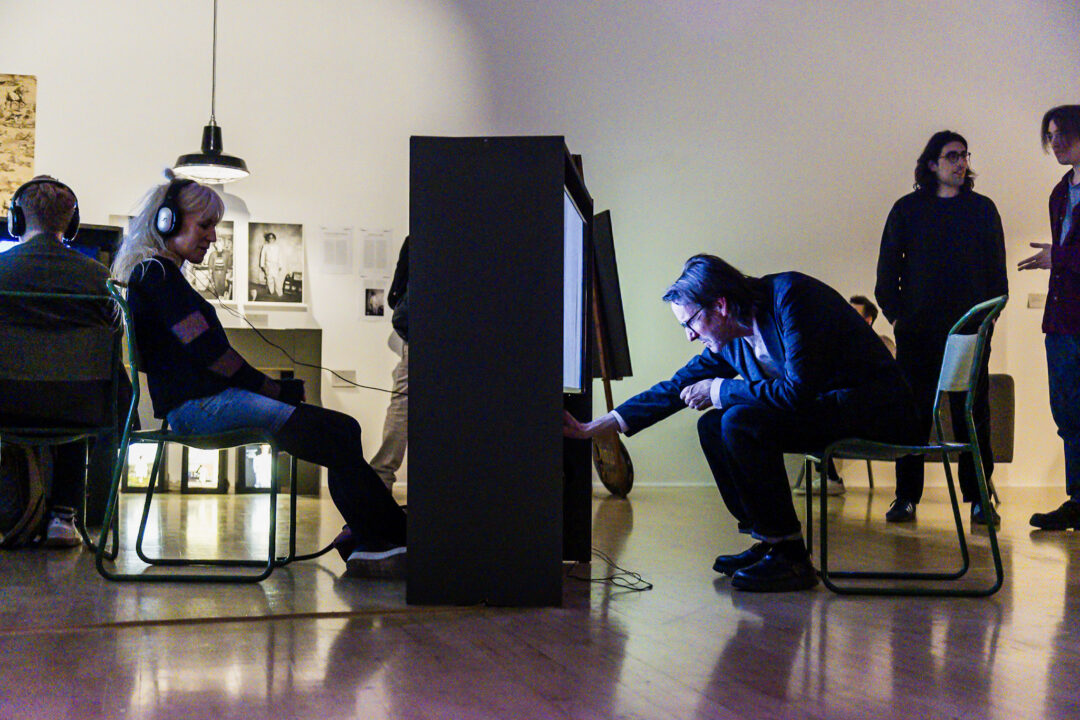
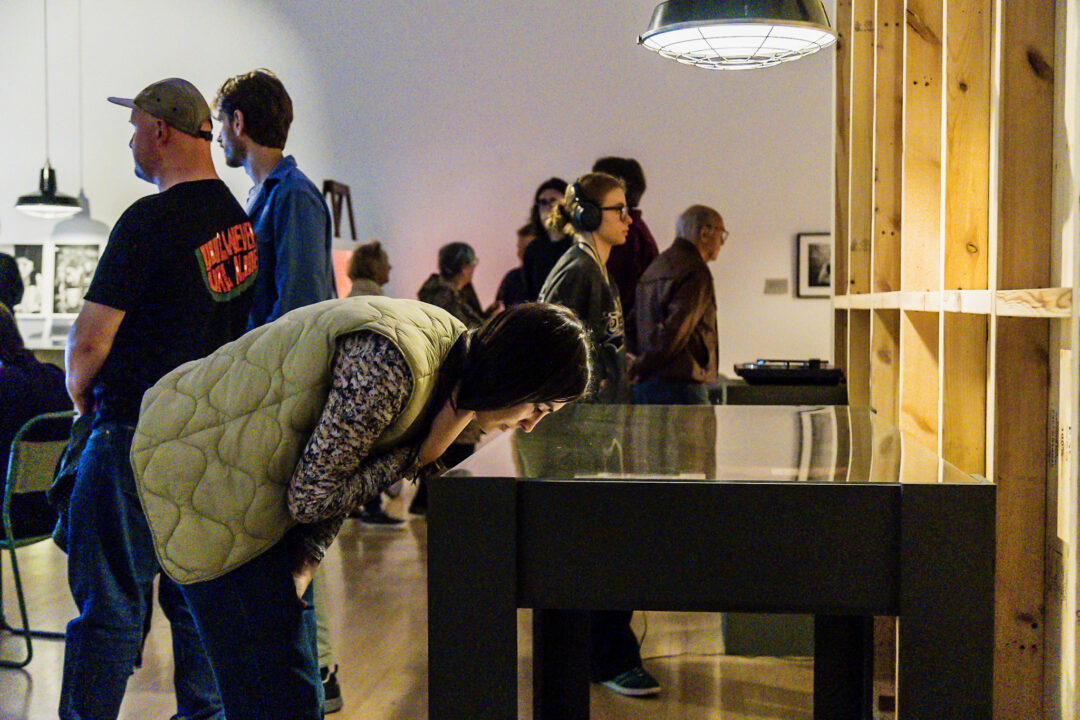
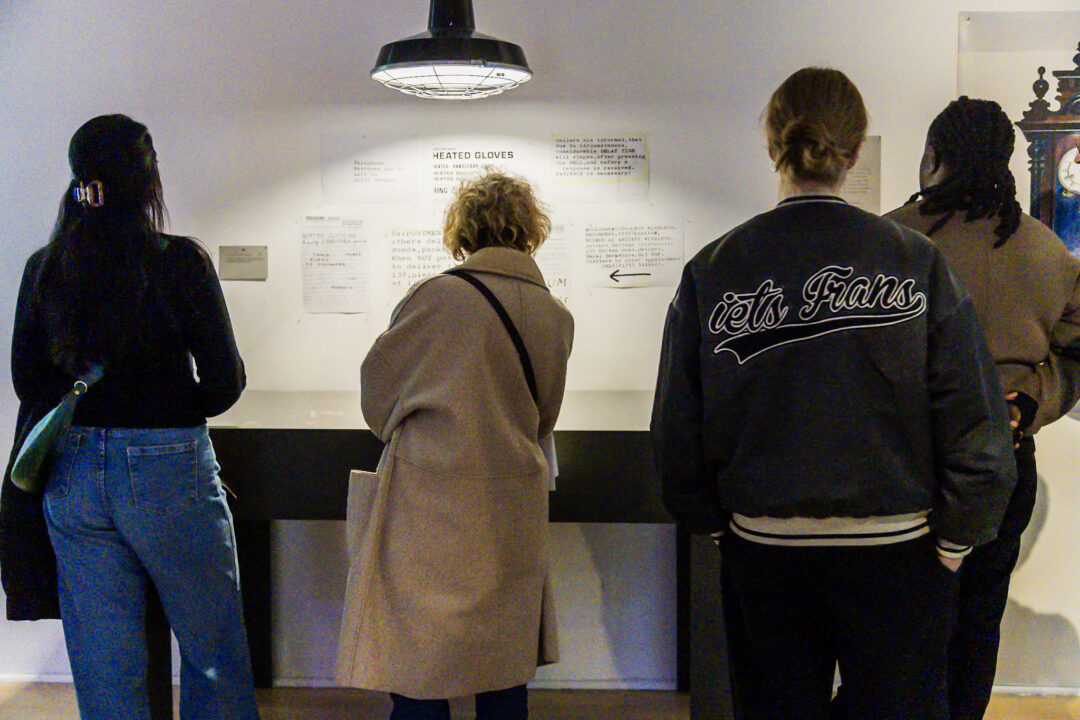
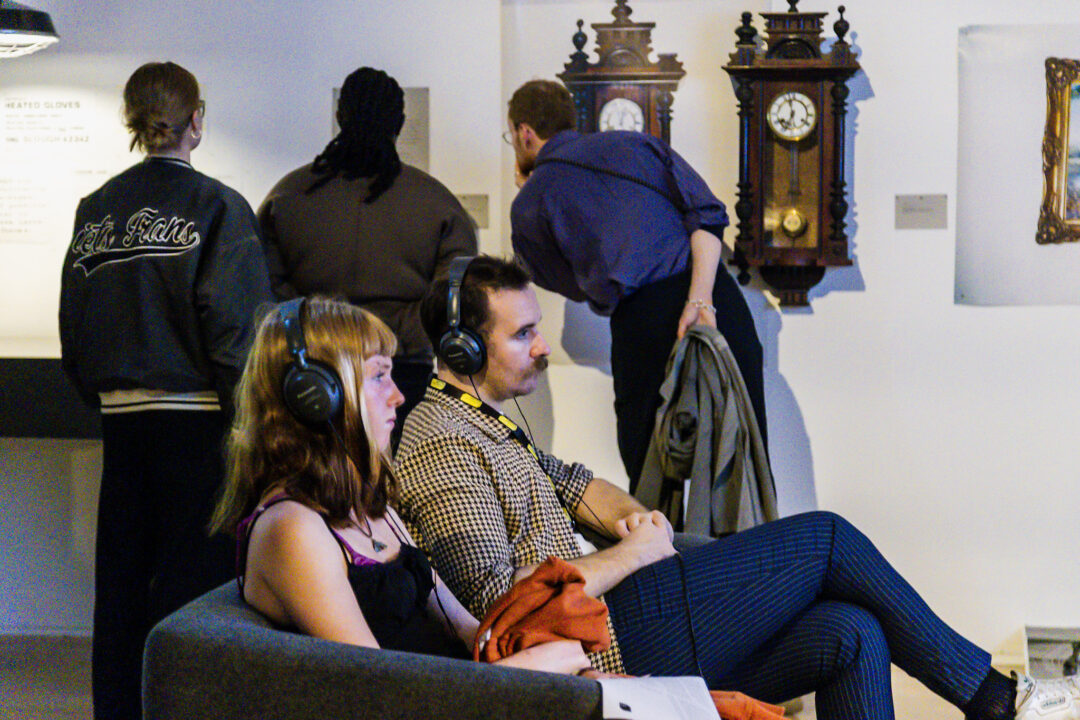
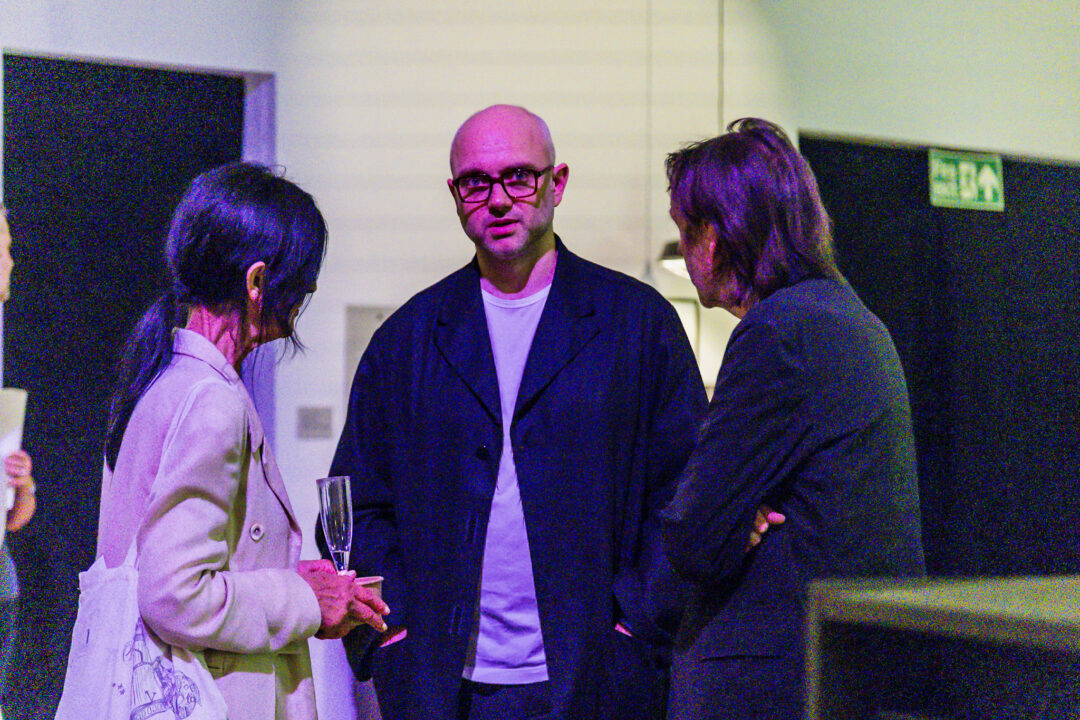
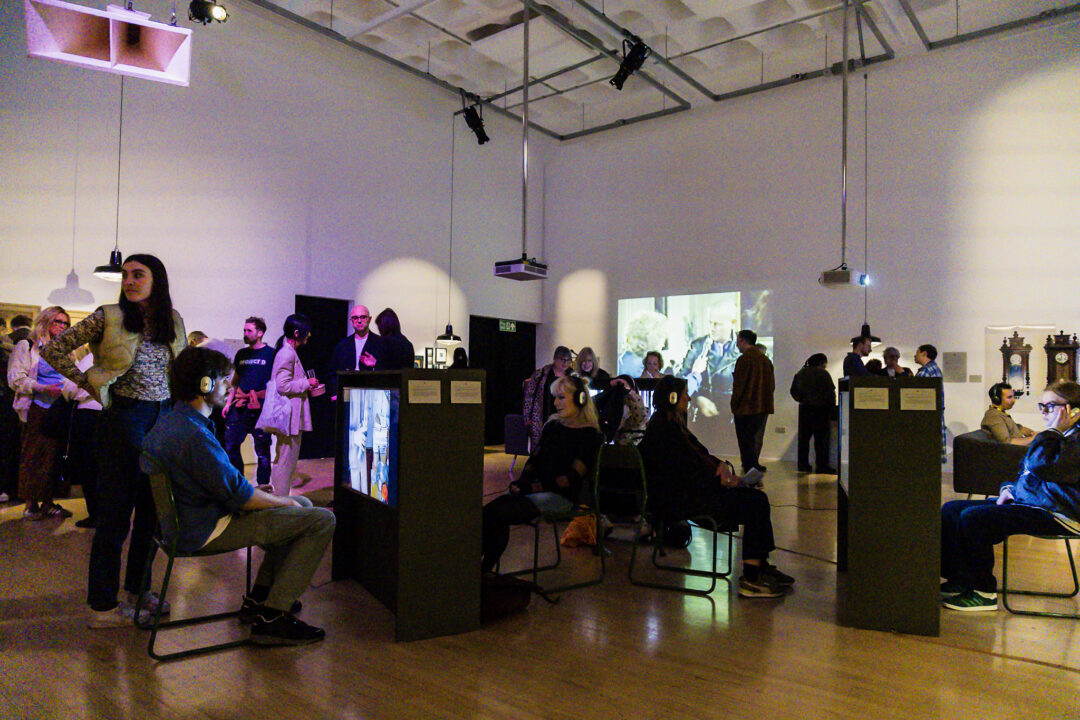
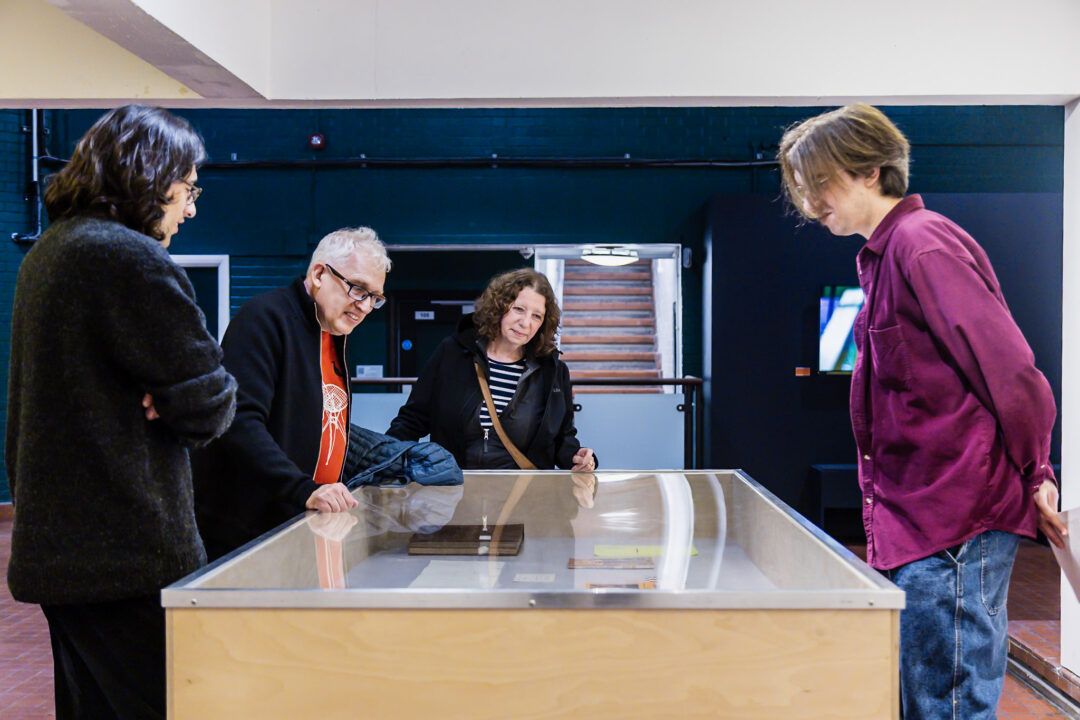
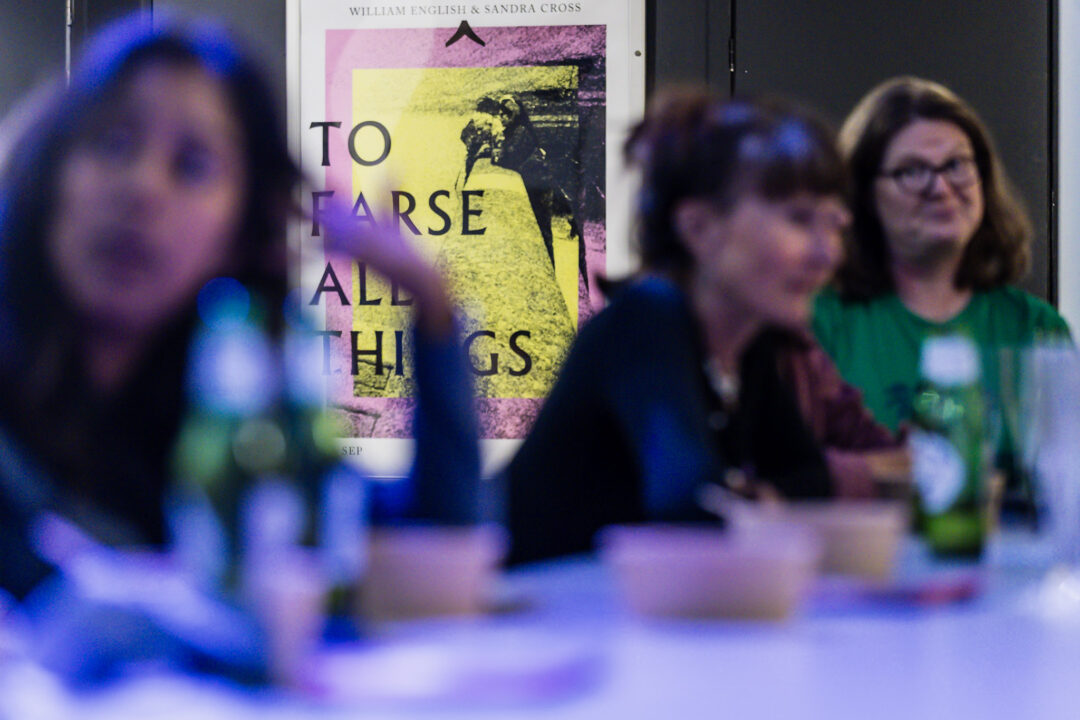
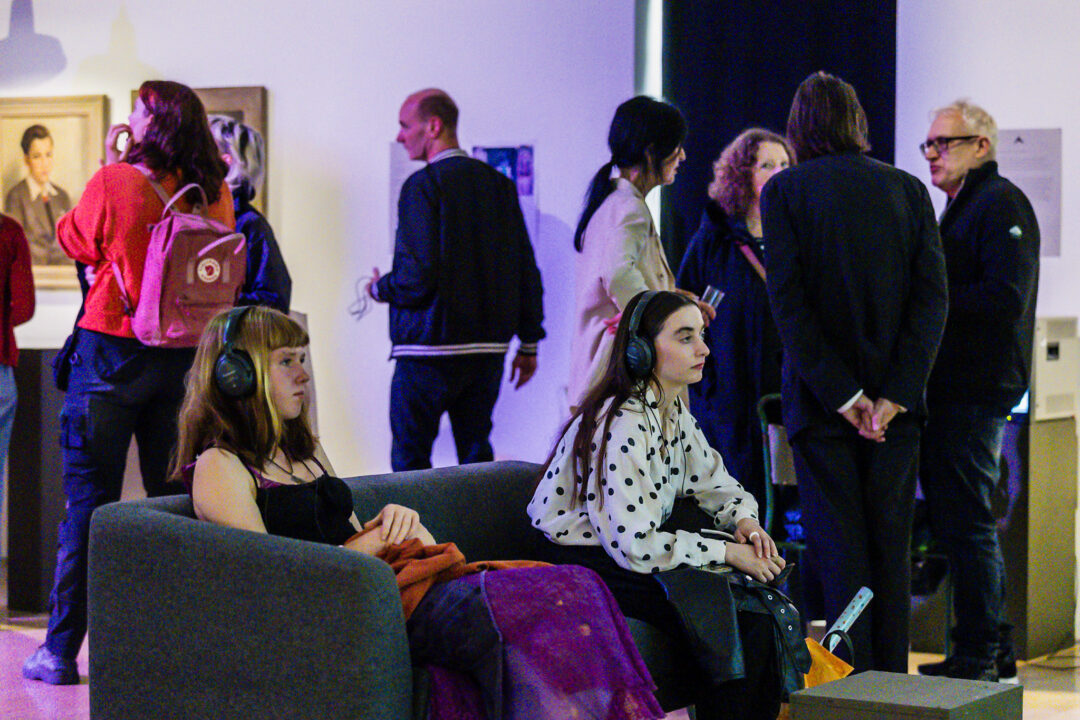
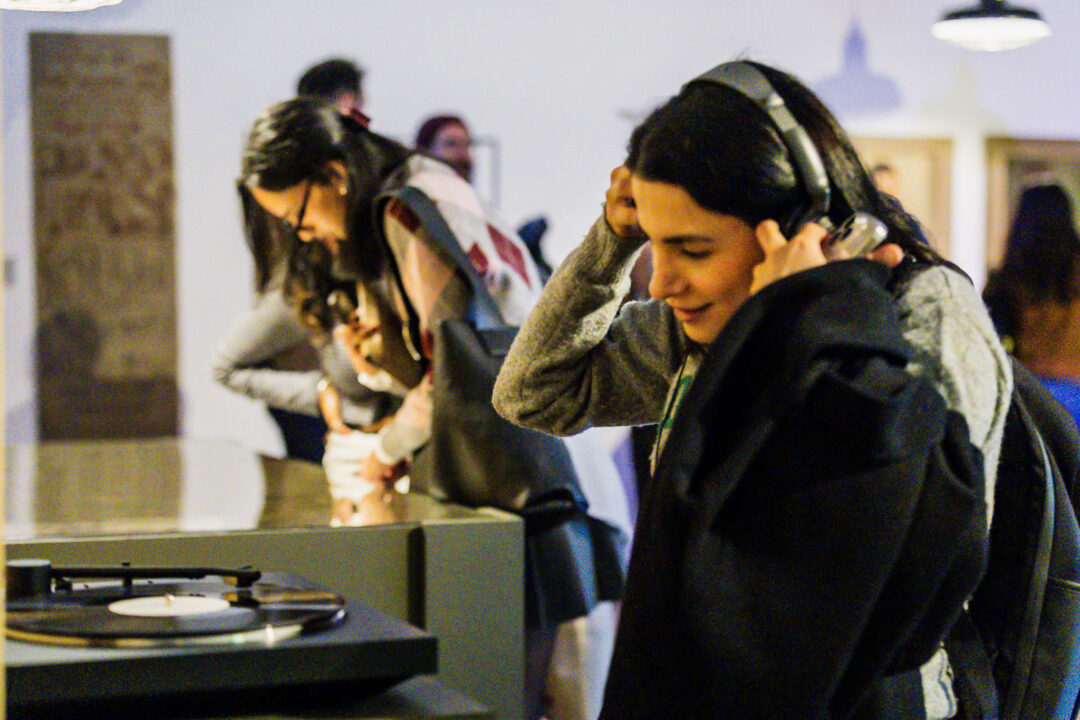
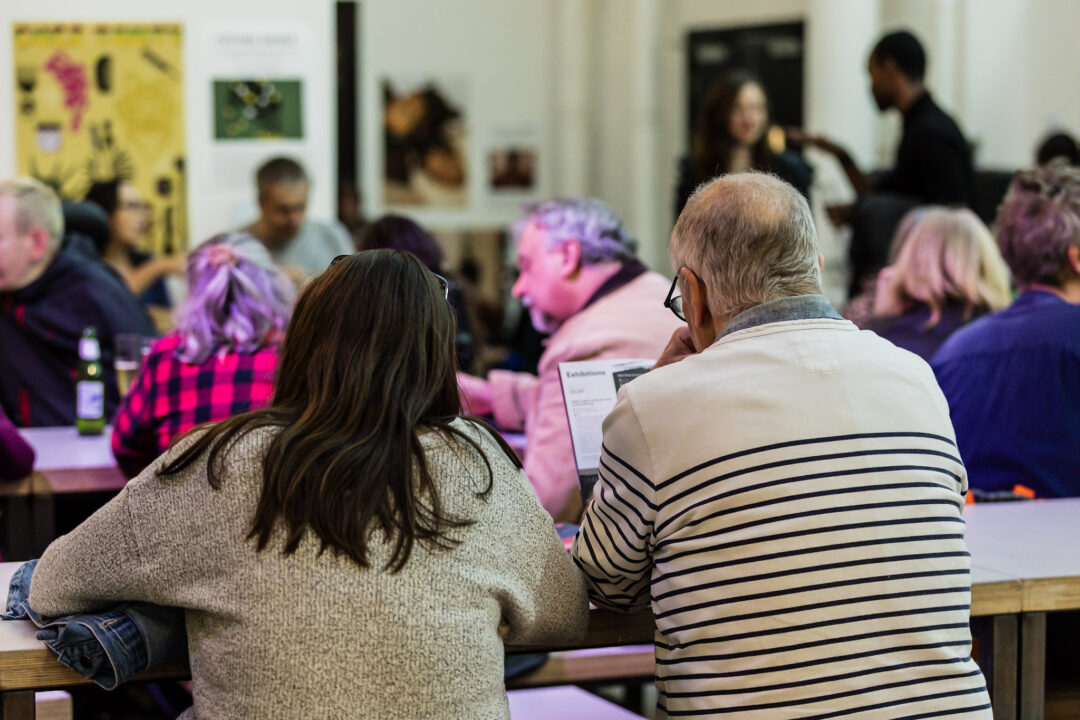
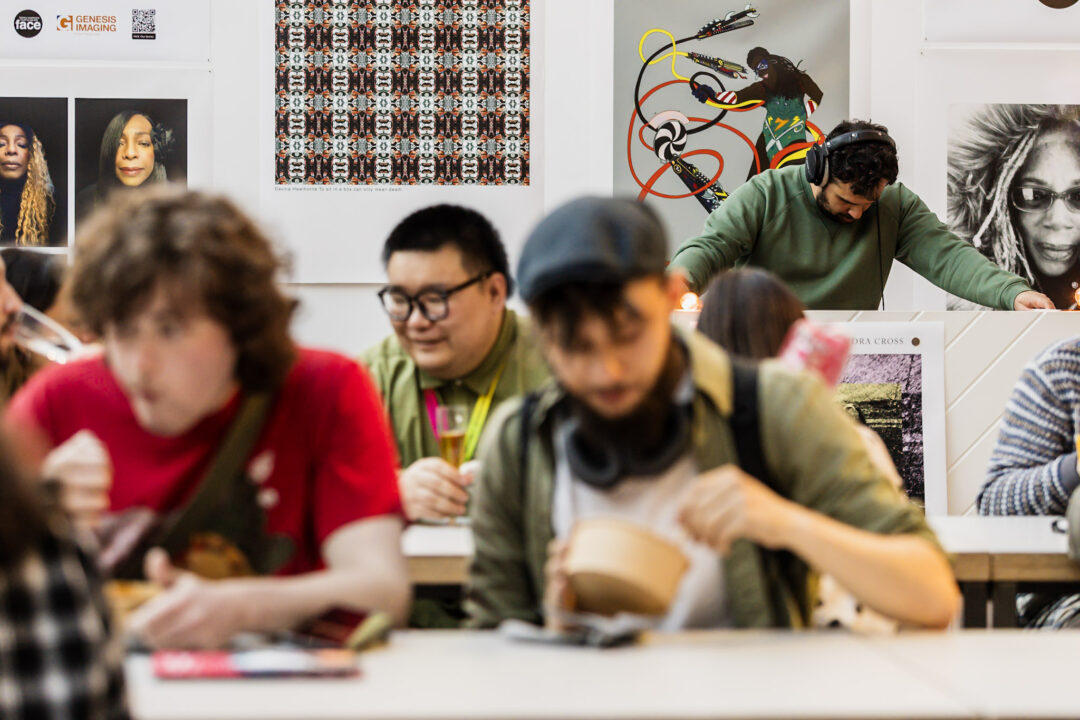
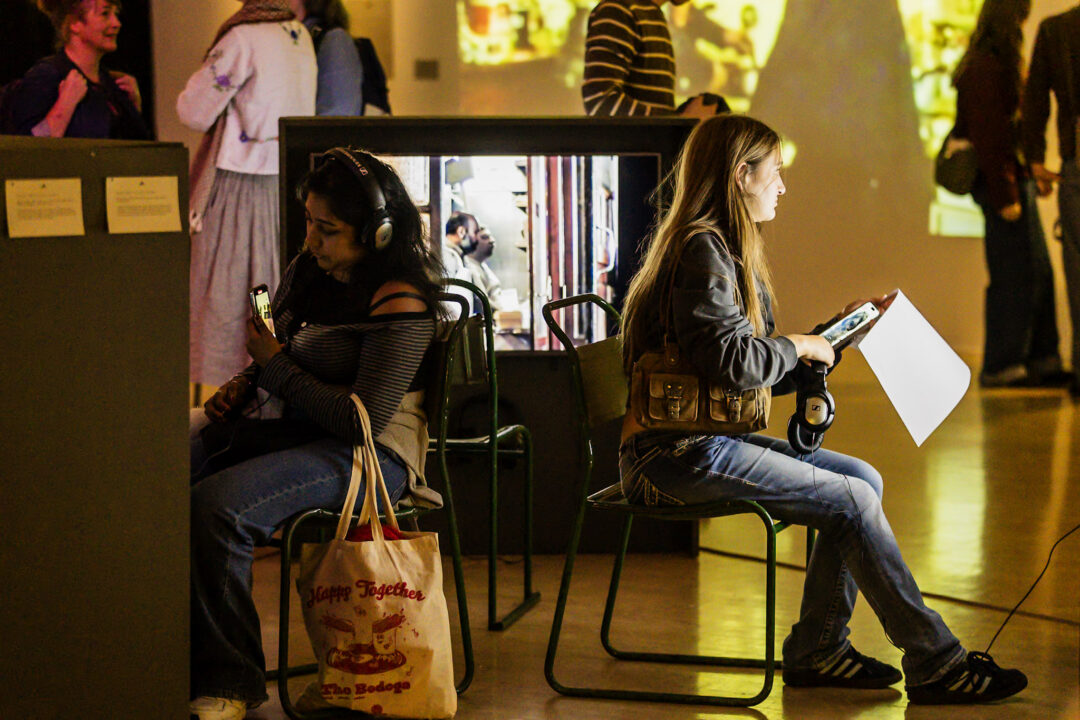
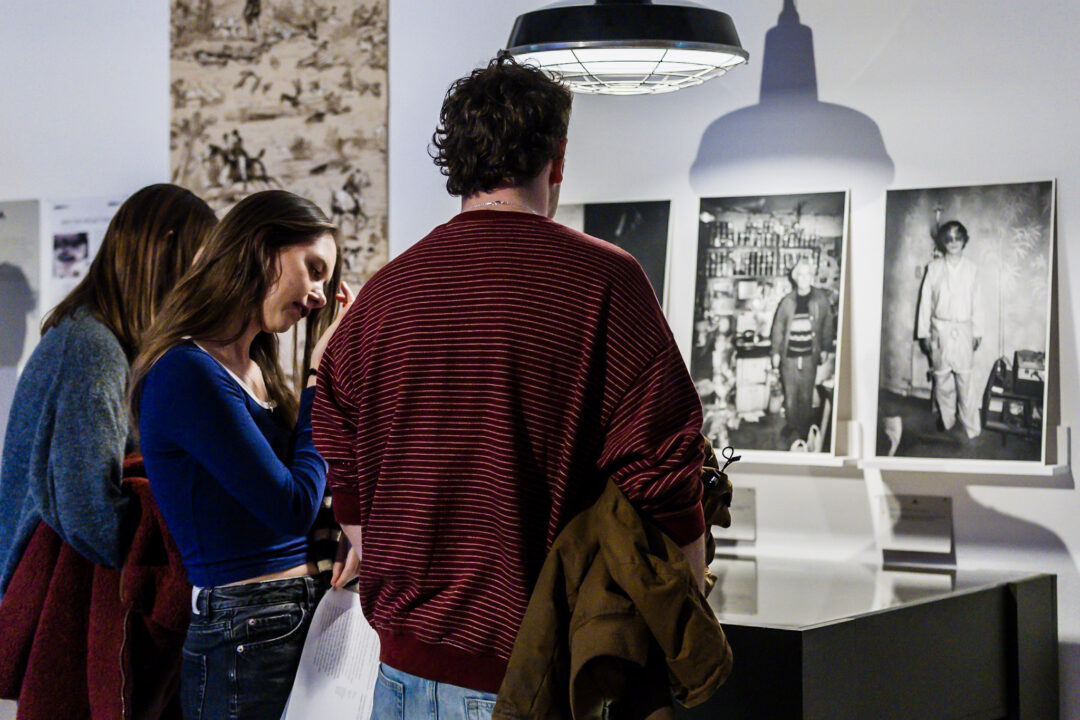
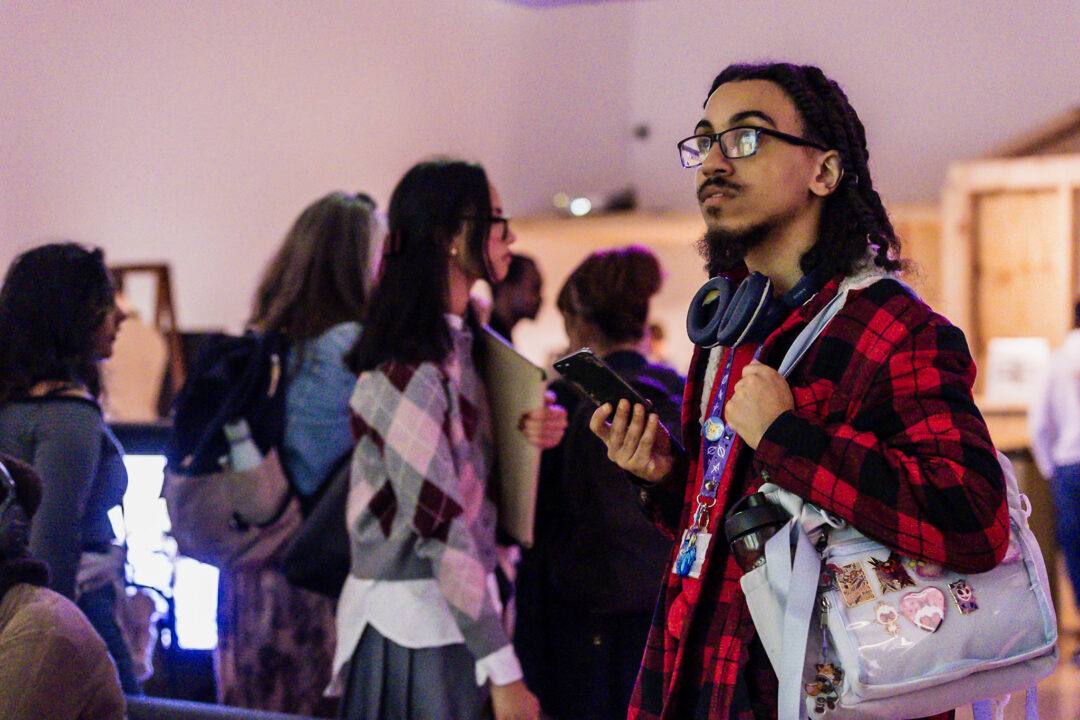
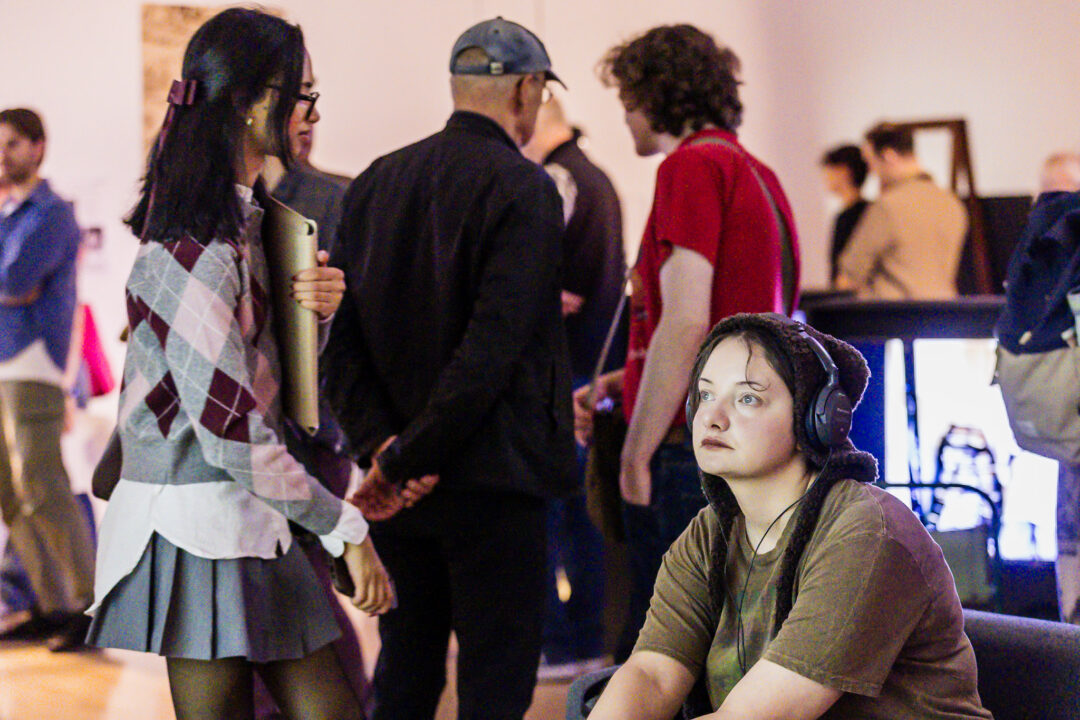
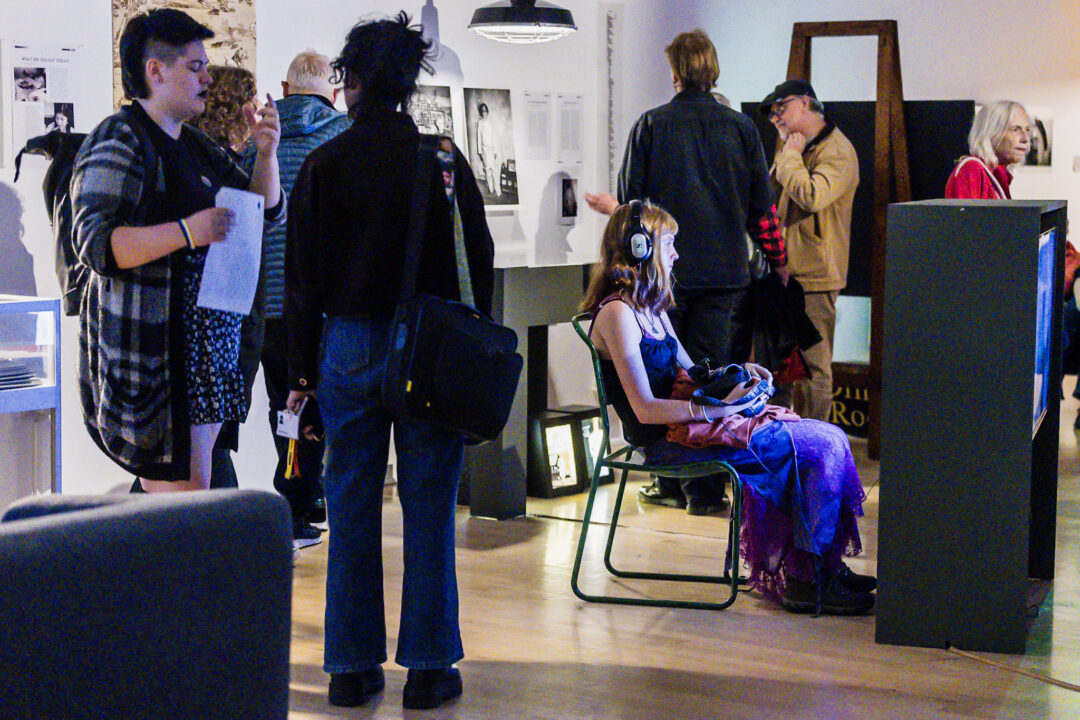
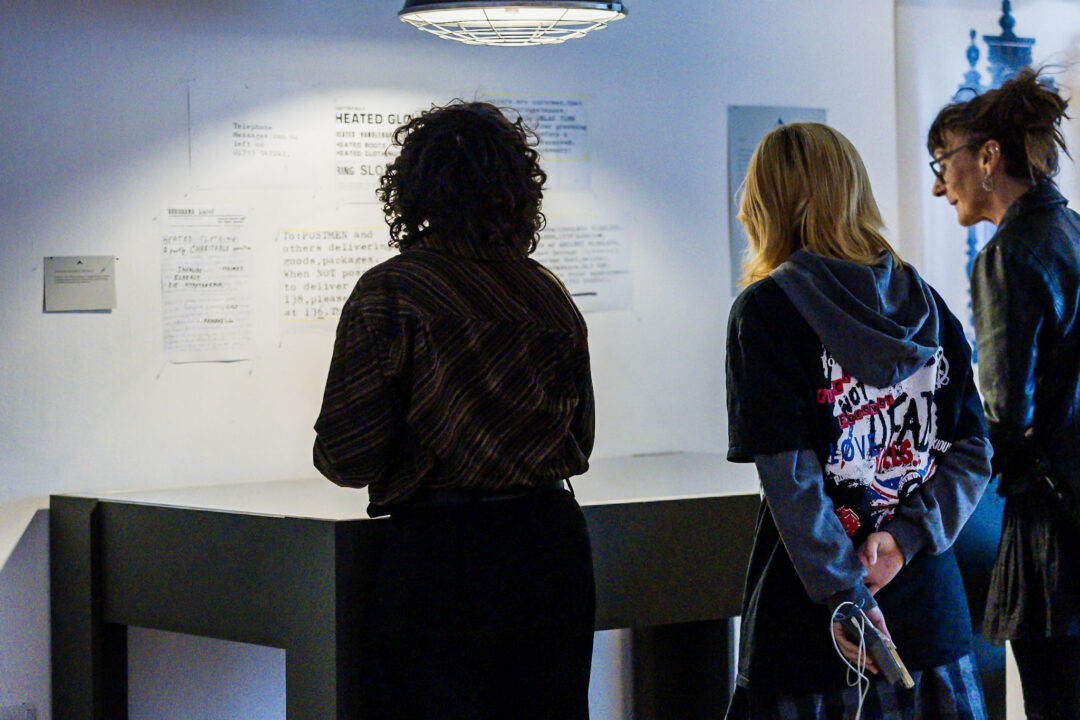
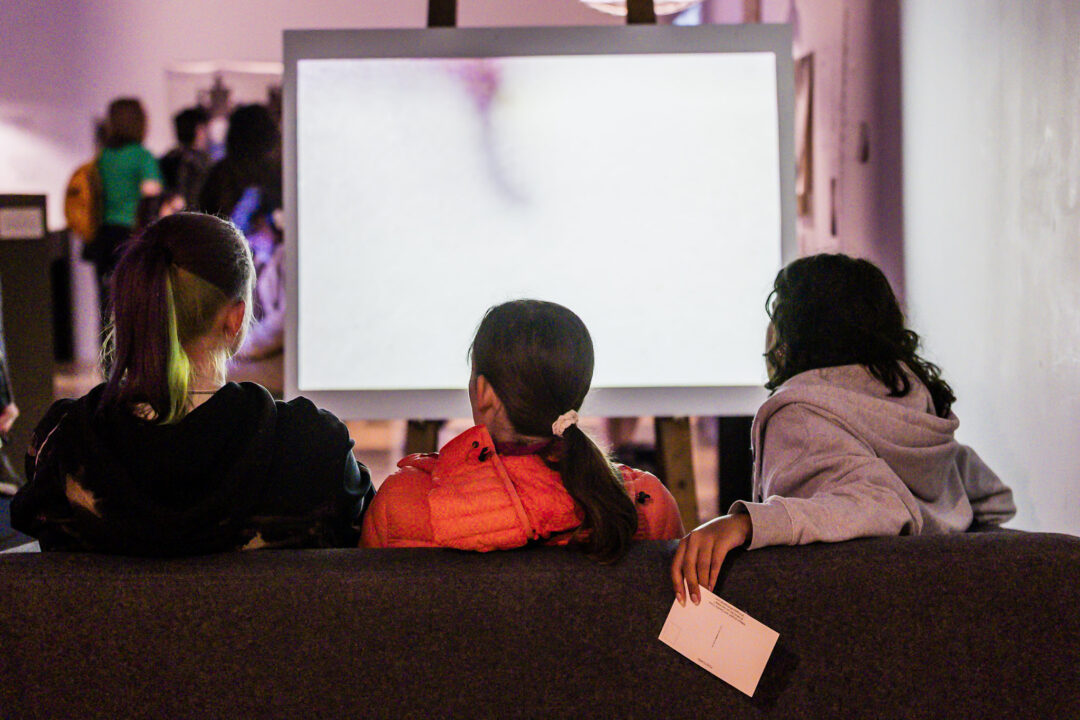
For the 28th instalment of the Bonington Vitrines series, we’re delighted to present Someone’s Doing Something, a project by London based curatorial, research and archival platform Gestures, developed in dialogue with writer Isabelle Bucklow.
This project, featuring artists such as Stuart Sherman, Simon Moretti, and Yvonne Rainer, will present a selection of work that explores gesture as a form of artistic expression. Whilst some gestures are recorded through notation or residue, others survive only in documentation or retelling.
The works in Someone’s Doing Something reflect a broad range of these approaches, from the formal to the informal, the scripted to the instinctive, and considers these against shifting times and contexts.
In considering the location of the Bonington Vitrines, as a space that is moved through by 100’s of people each day going about their daily business, this quote by theatre director Peter Brook is considered:
“I can take any empty space and call it a bare stage. A man walks across this empty space whilst someone else is watching him, and this is all that is needed for an act of theatre to be engaged” – Peter Brook.
Full list of artists: Simon Moretti, Allan Kaprow, Richard Schechner, Charlotte Moorman, Nam June Paik and Yoshi Wada, Mieko Shiomi, Sue Tompkins, Bruce McLean, Bruce Gilbert, with Angela Conway and Michael Clark, Stuart Sherman, Anastasia Coope, Yvonne Rainer, Ricky Jay.
Gestures is a London based curatorial, research and archival platform that has organised exhibitions, interventions and projects in locations as diverse as sidewalks in New York and Travelodge hotel rooms, as well as exhibition spaces such as the Postal Museum in London and 47 Bedford Street in London.
Gestures is currently conducting long term research into Situation, a space in London that existed in the 1970s that did early exhibitions with artists including On Kawara, Bruce McLean and Bas Jan Ader.
Along with colleagues WC2E9HA, The Everyday Press aka Bunker Basement and Whatever Anderson, Gestures will open the shared exhibition space Chequers in Summer 2025.
View checklist and text by Isabelle Bucklow here.
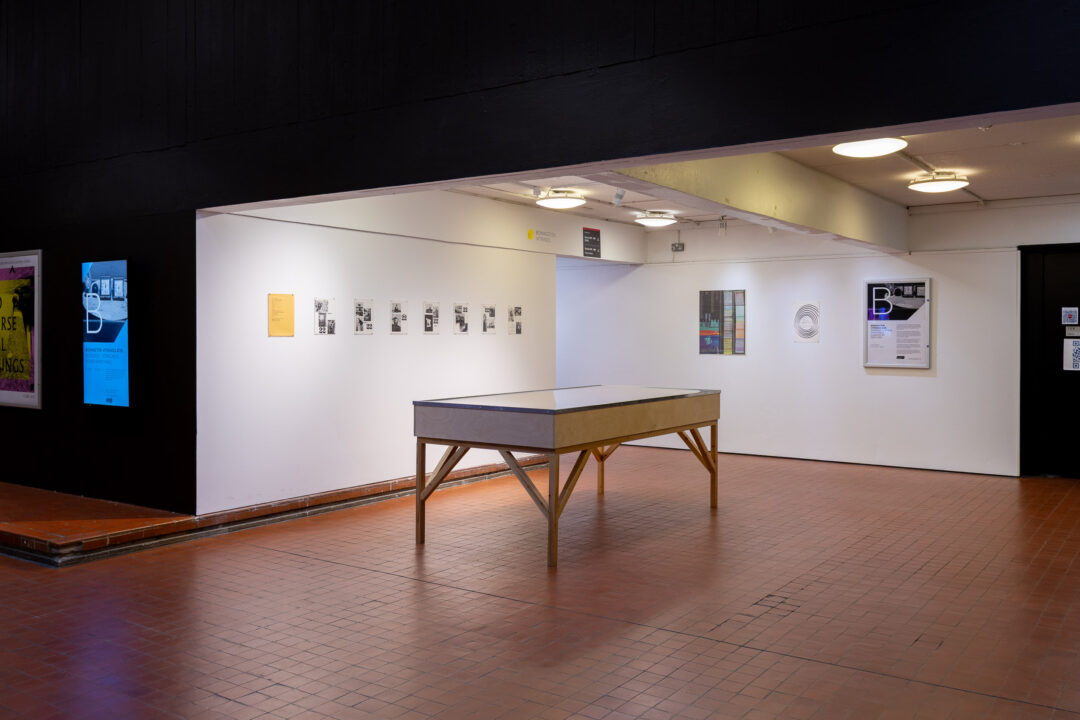
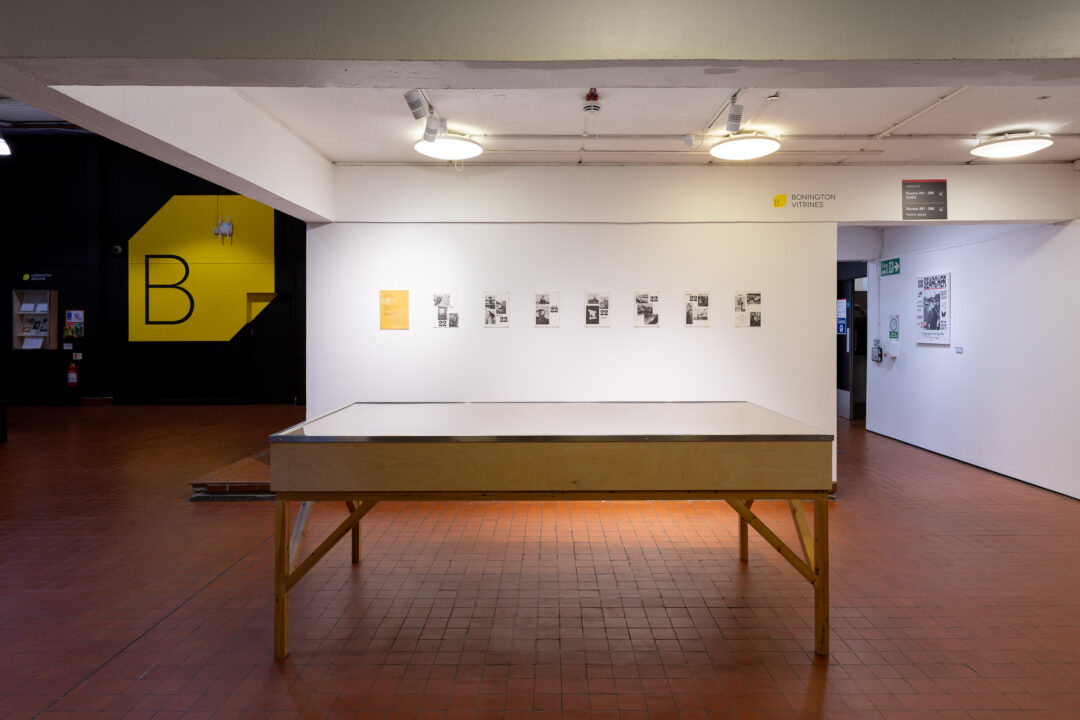
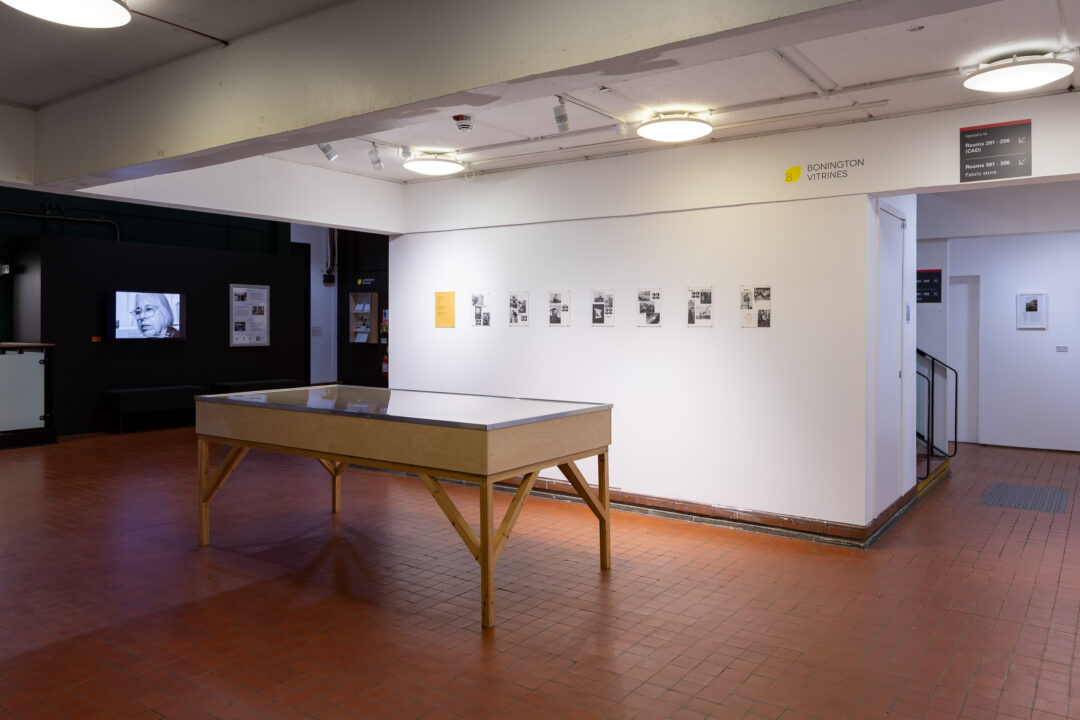
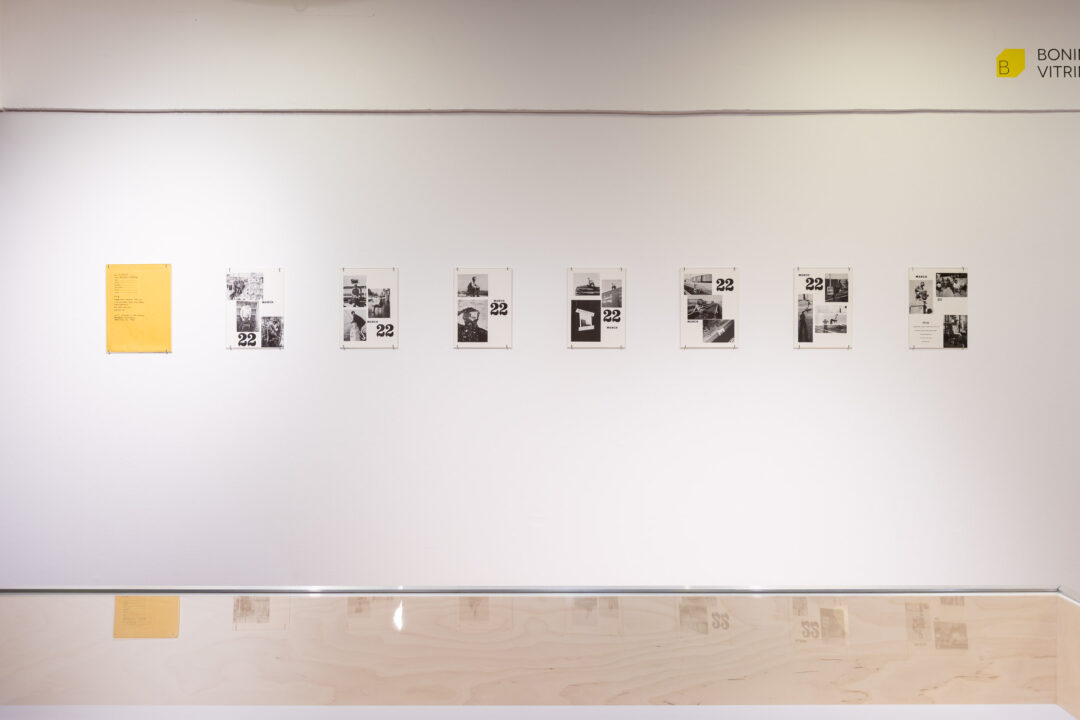
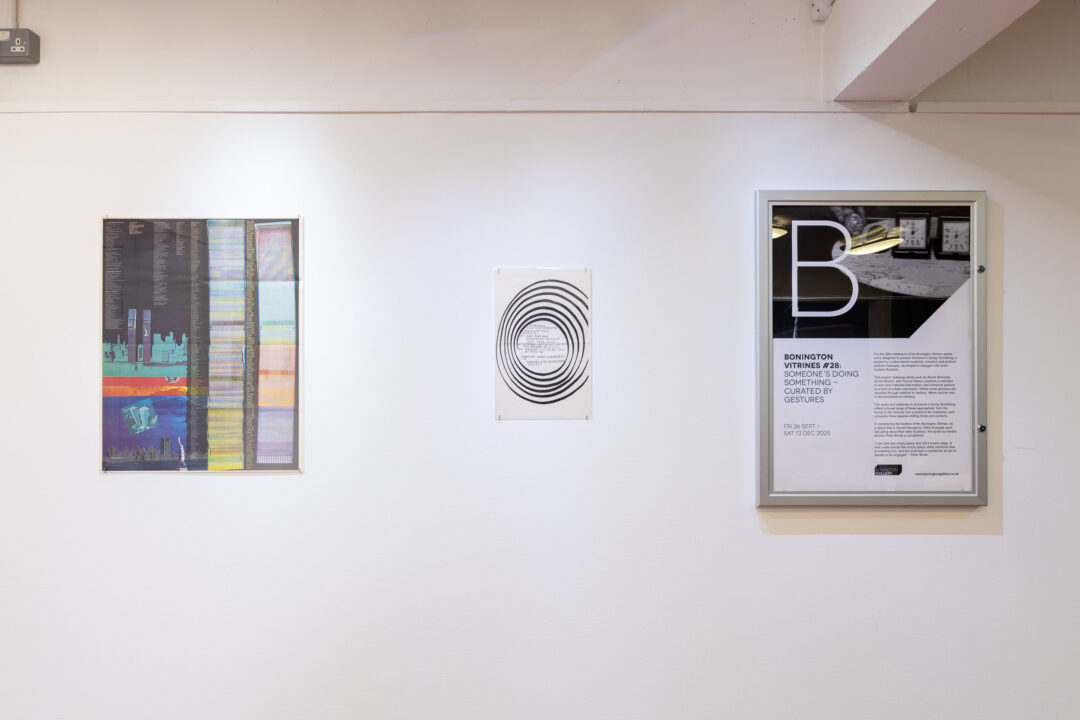
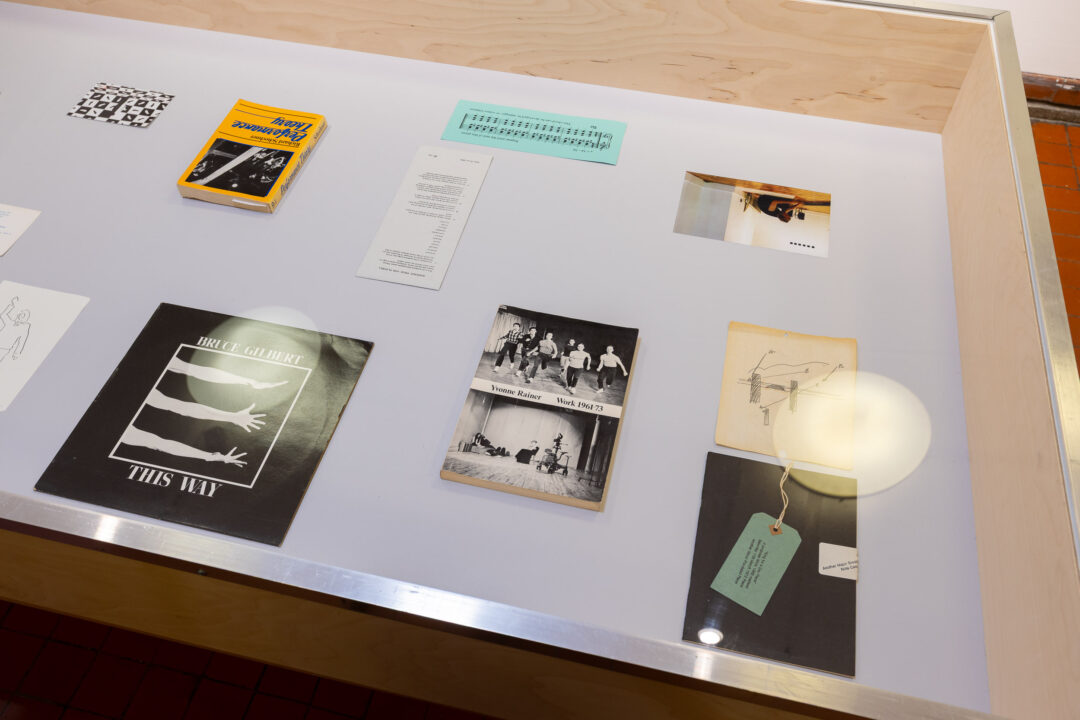
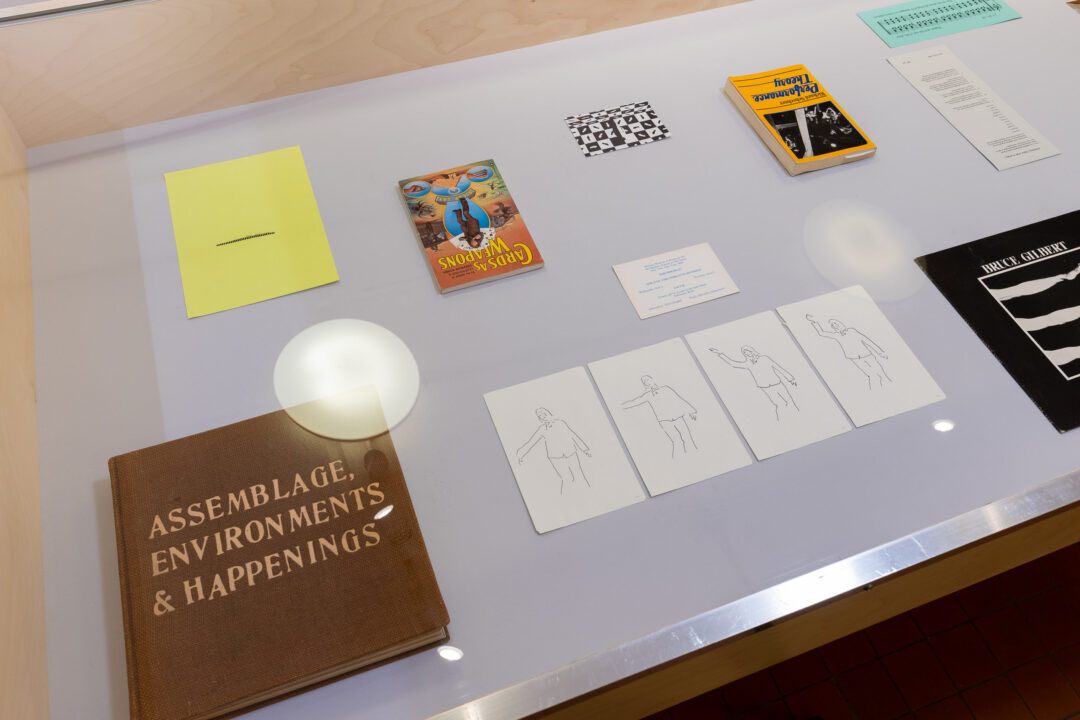
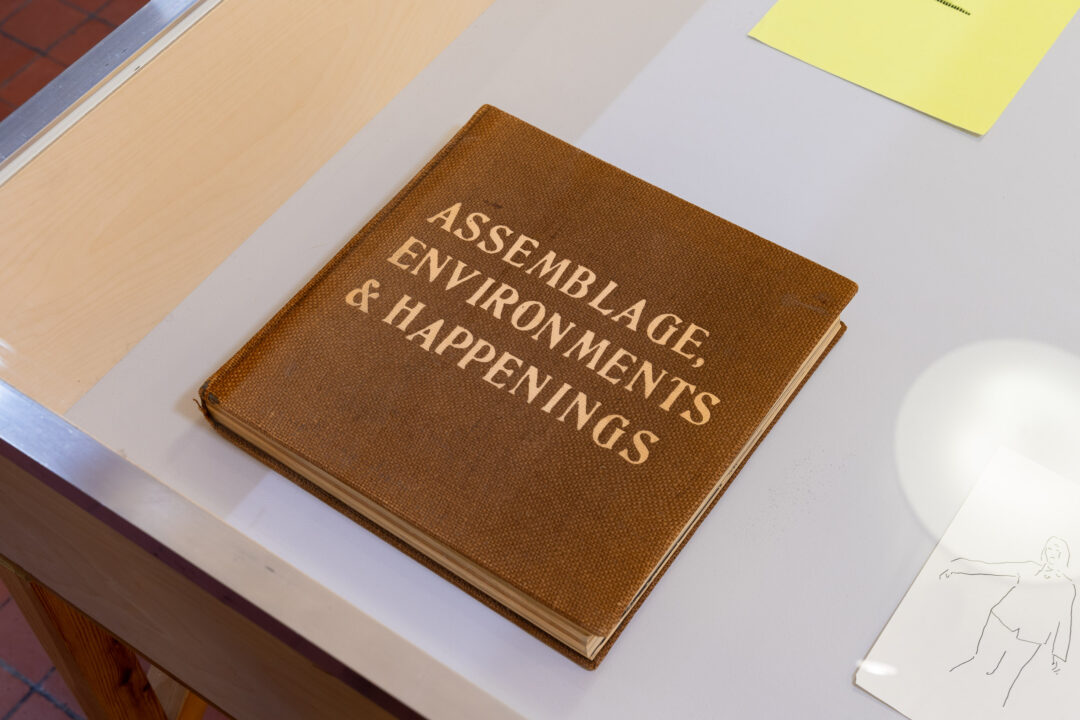
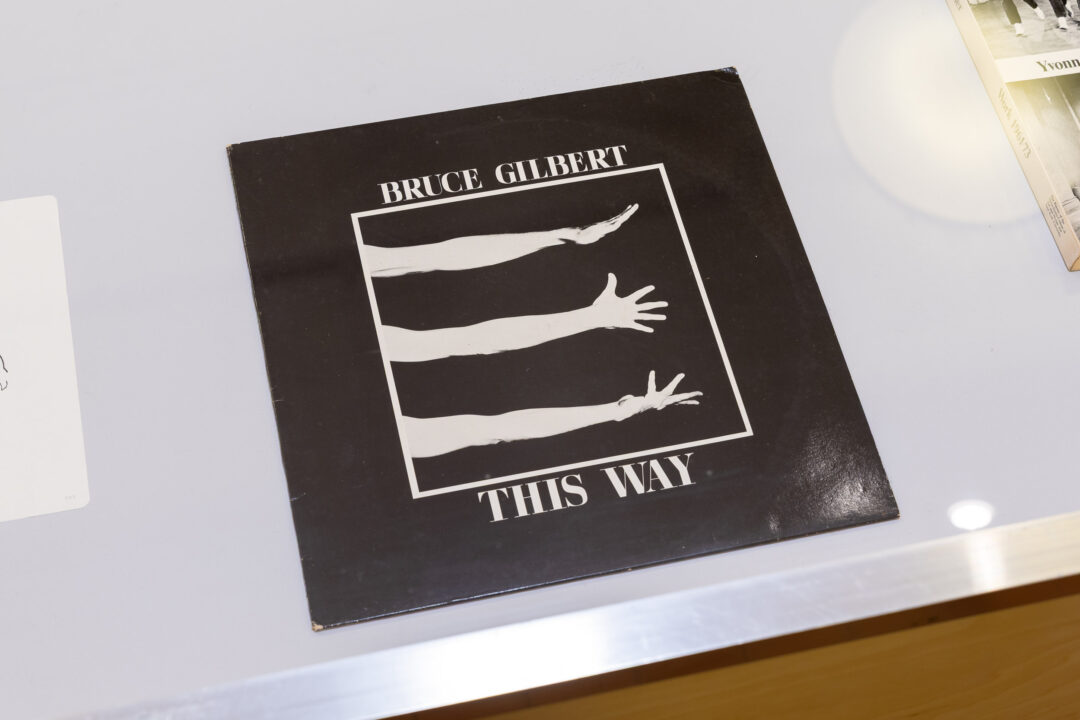
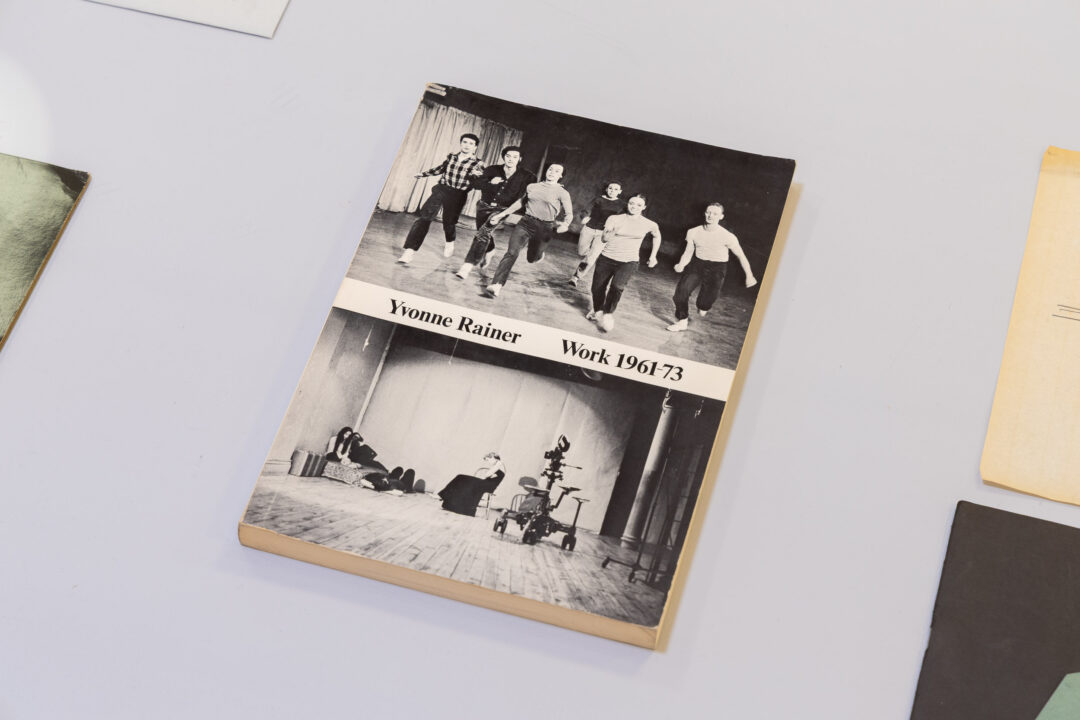
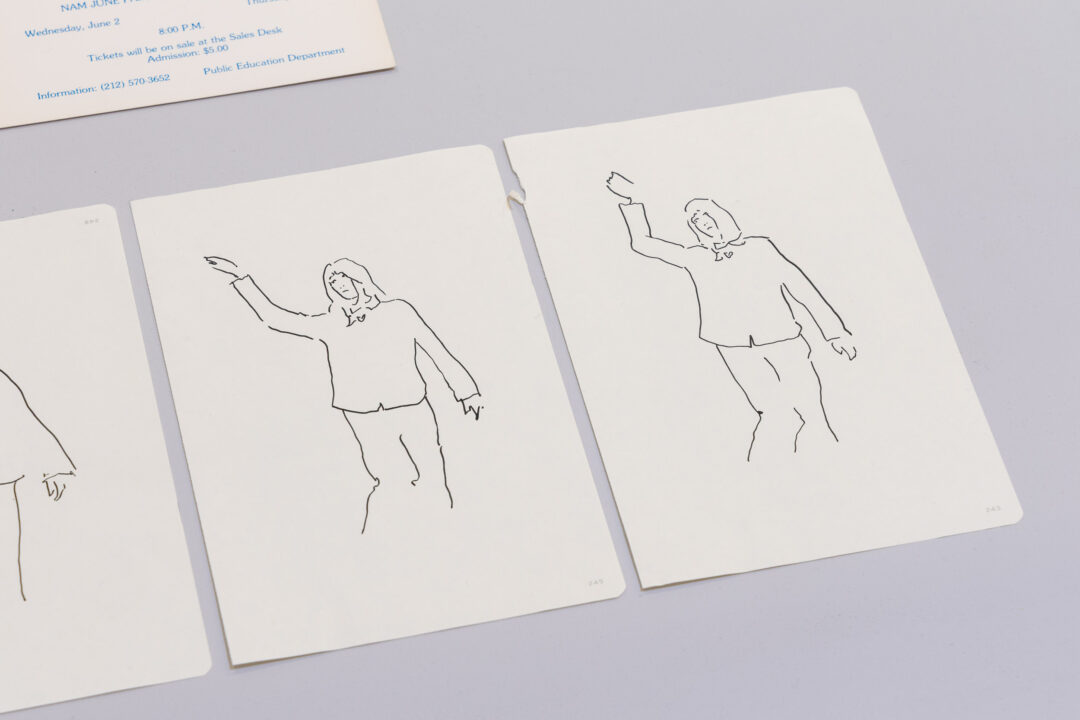
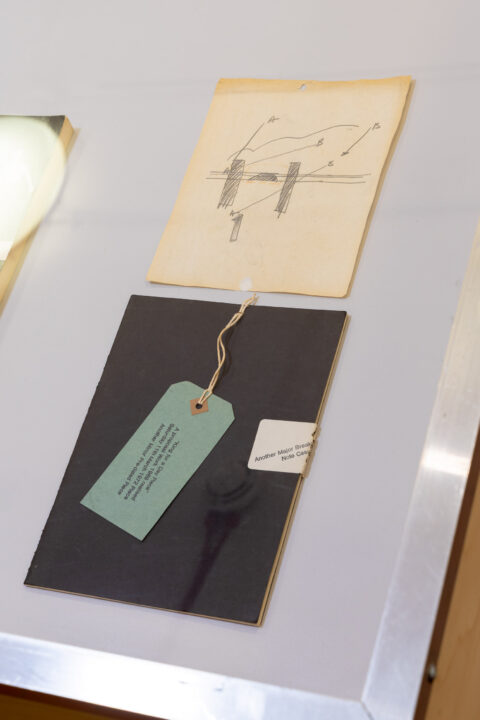
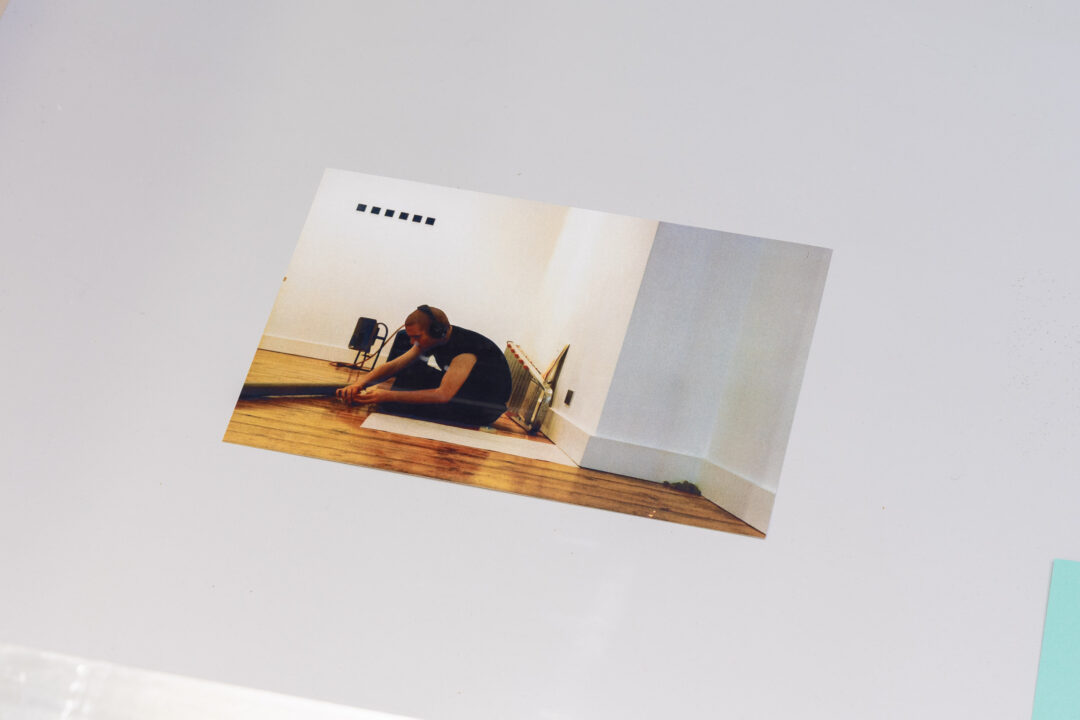
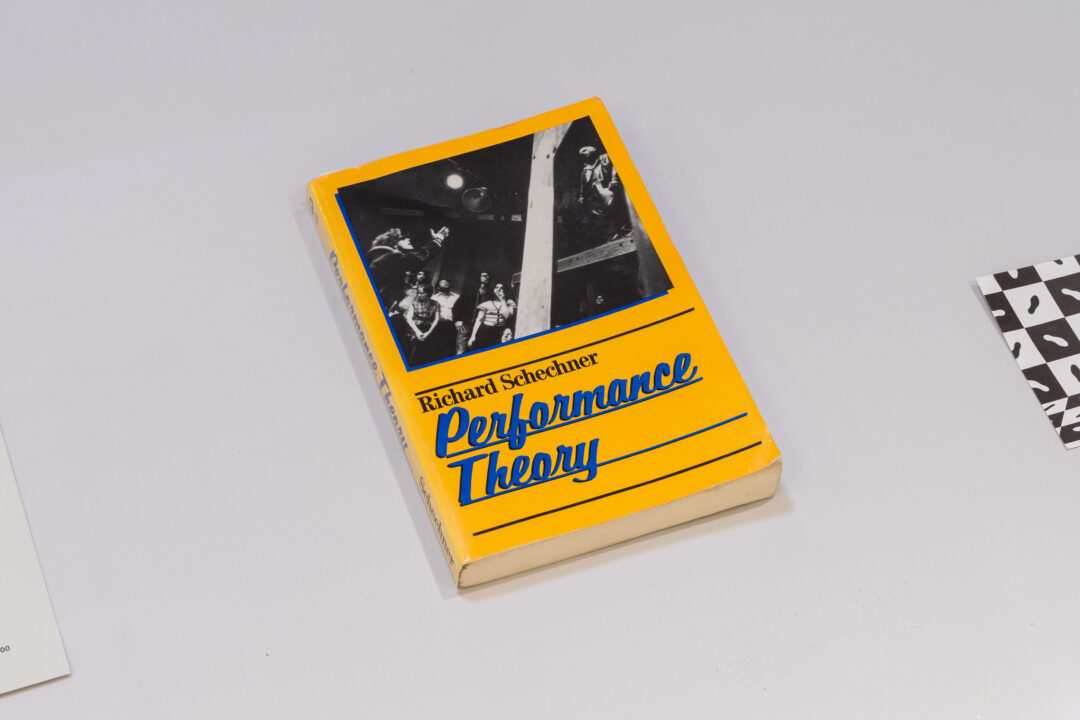
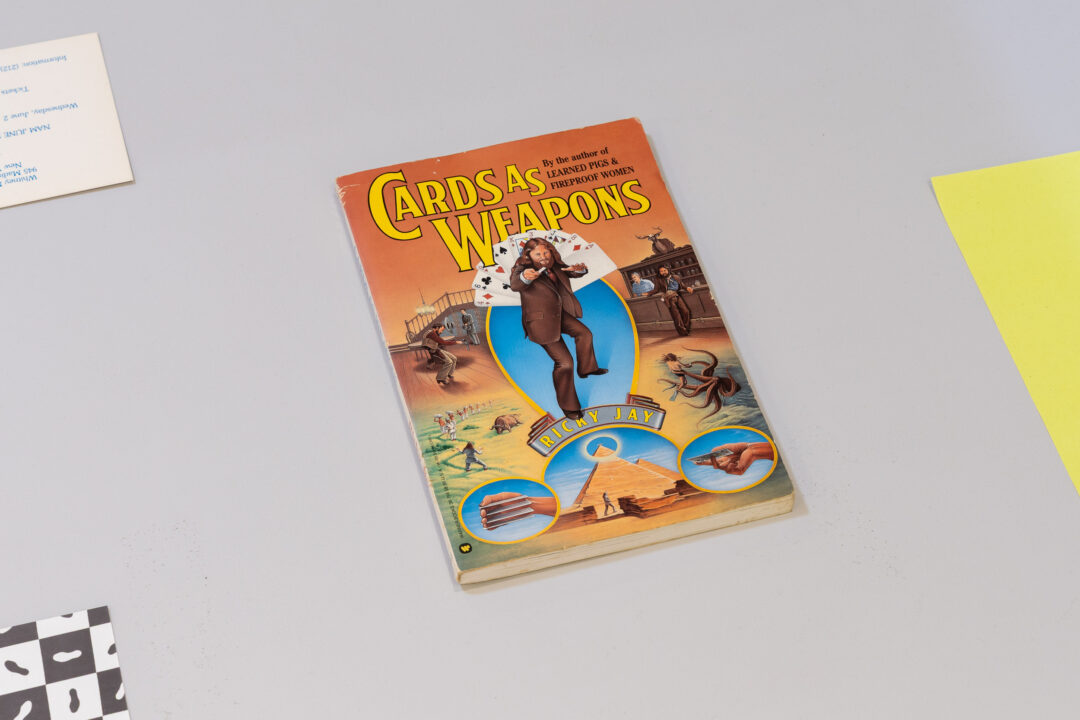
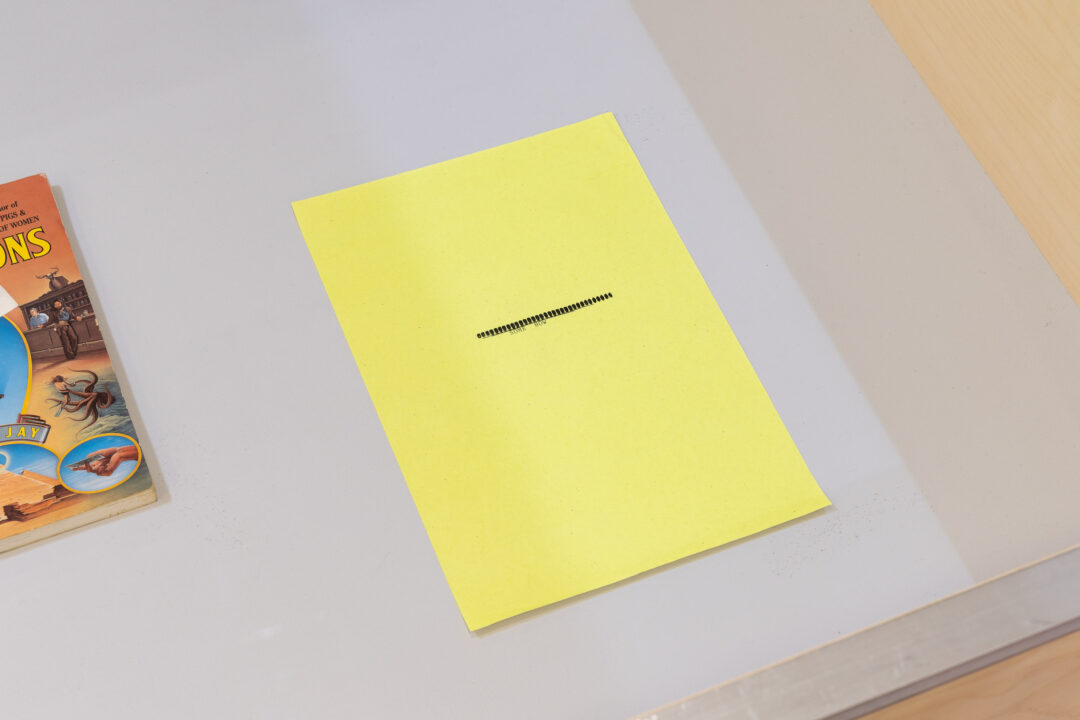
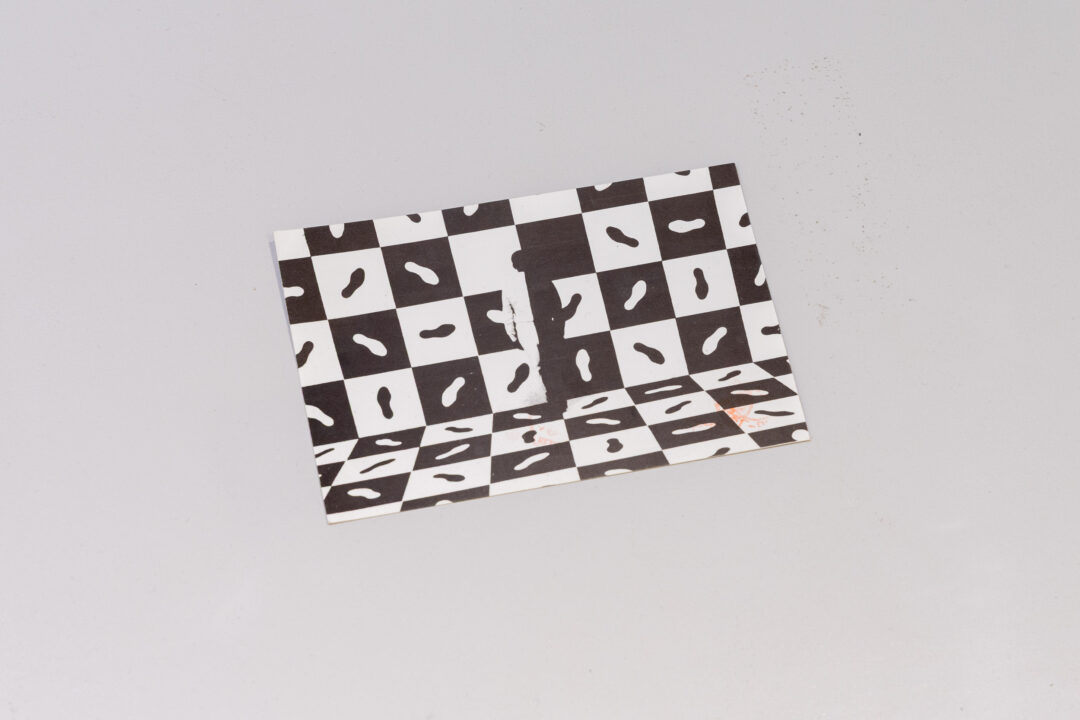
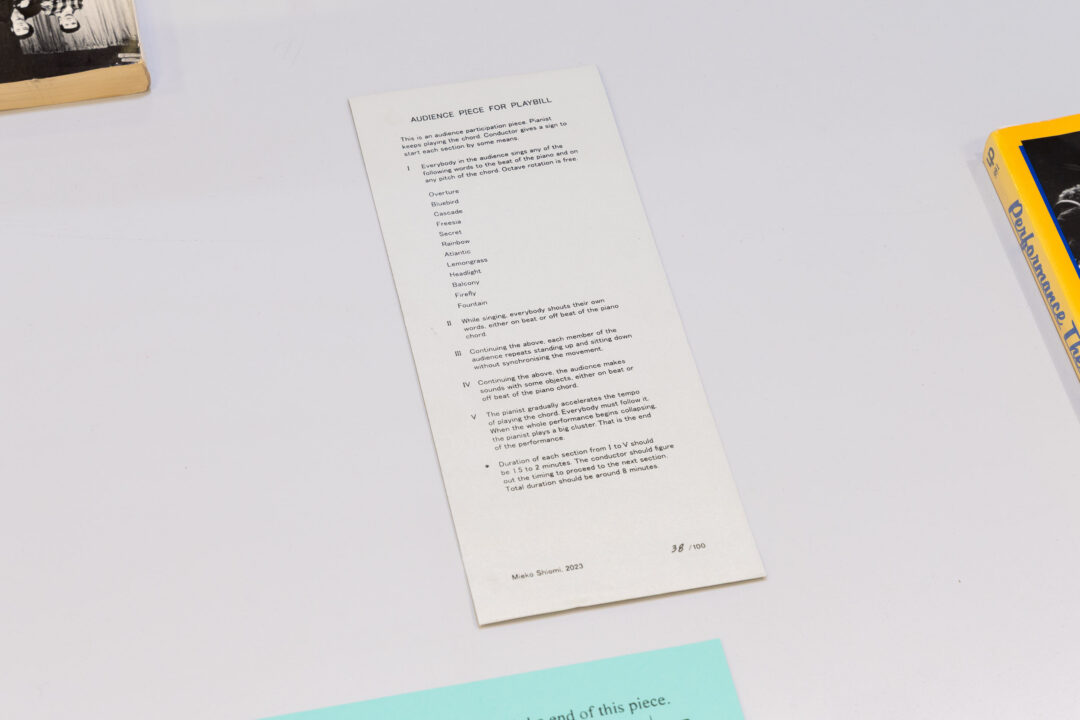
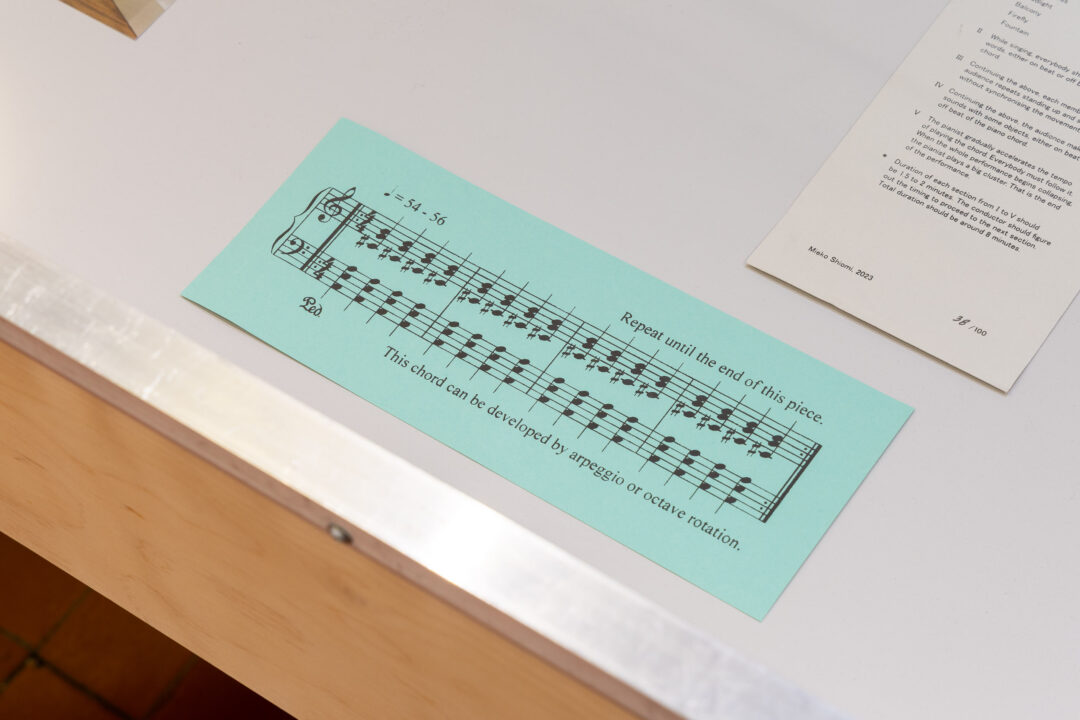
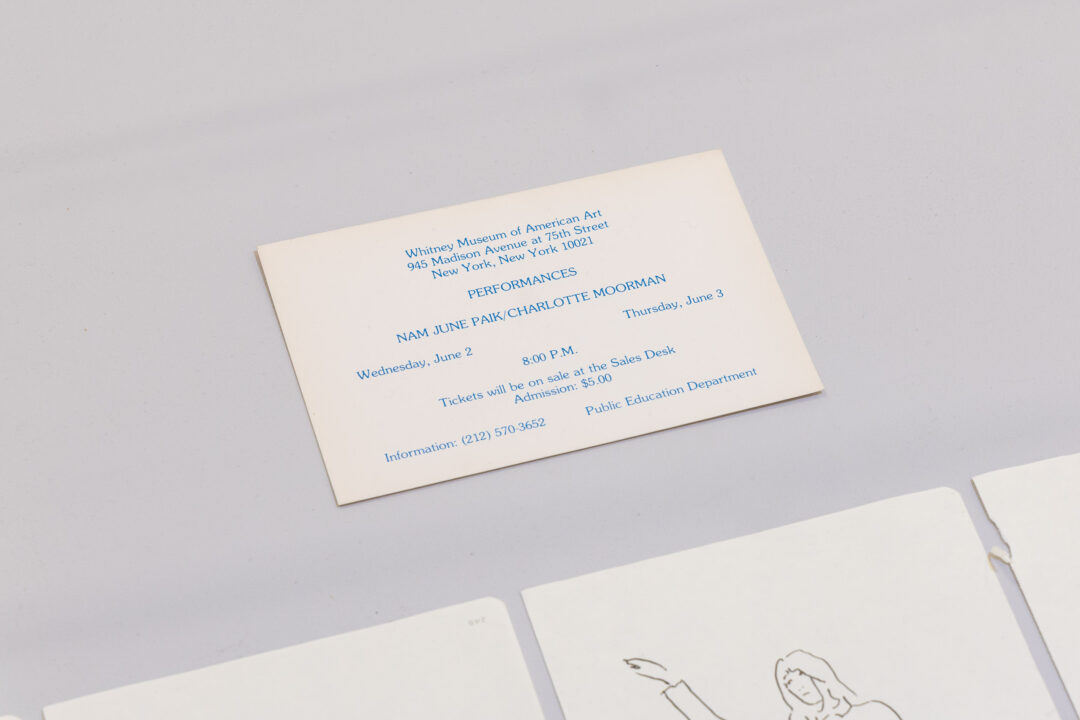
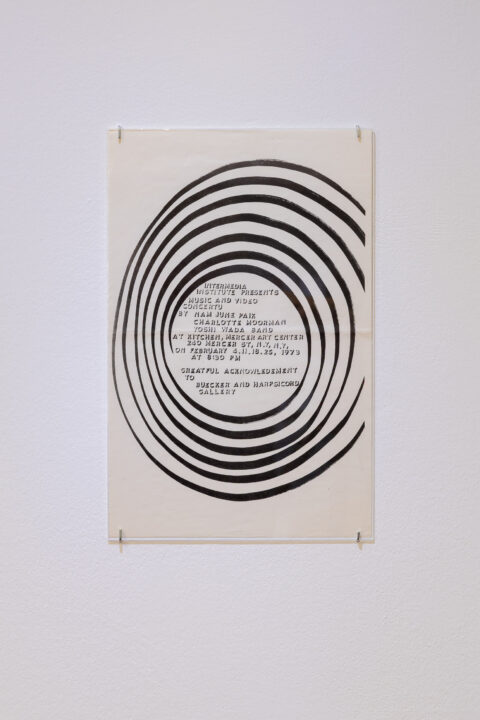
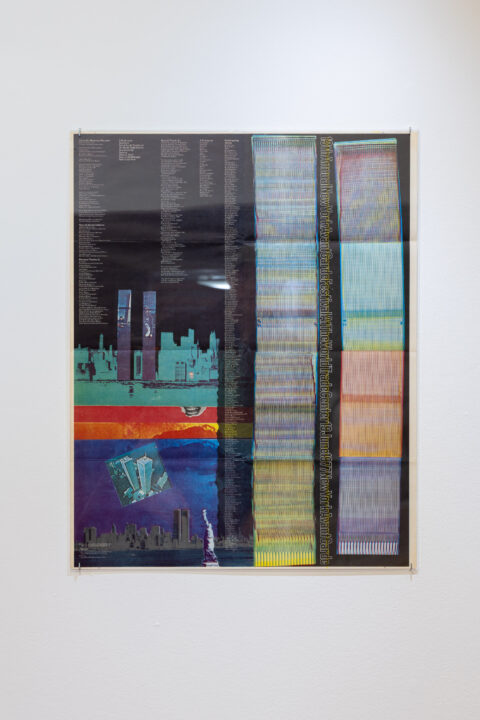
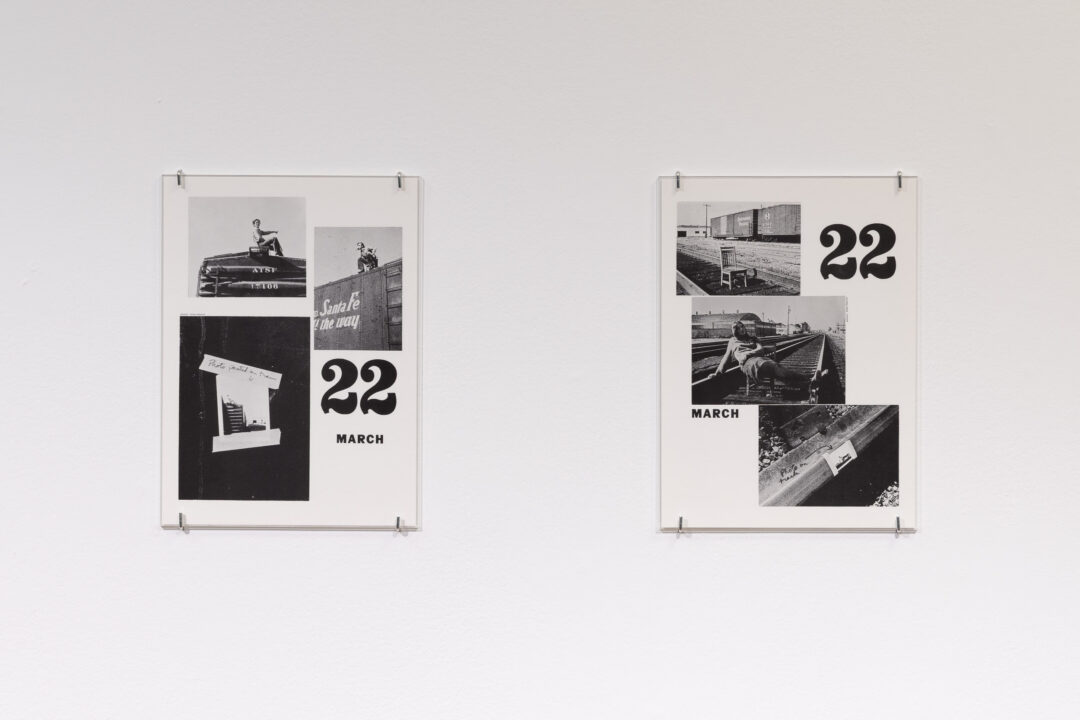
Image credit: Stuart Sherman, The Twelfth Spectacle (Language), photo by Nathaniel Tileston, 1980, as included in The Stuart Sherman Papers, 2025.
Join us for a free guided tour of Bonington Gallery’s latest exhibition with BSL interpretation.
Book your free place and enjoy a tour of Bonington Gallery’s first exhibition of the season, To Farse All Things a joint exhibition by William English and Sandra Cross, led by the Gallery’s Director, Tom Godfrey.
Along with an introduction to the exhibition, Tom will talk through the accompanying Vitrines exhibition, Someone’s Doing Something.
This event will last up to an hour. Please meet inside Bonington Building in the foyer space outside the Gallery doors at 12.55 pm. Free and open to all, booking required.
Bonington Gallery is delighted to present To Farse All Things, a two-person exhibition by William English and Sandra Cross, bringing together film, photography, sculpture, sound, and archival material formed independently and collaboratively over several decades.
To Farse All Things offers a rare opportunity to explore the intertwined lives and practices of two artists whose work resists categorisation. Through a shared and uncompromising commitment to experimentation, hospitality, and social engagement, English and Cross have cultivated a body of work that is as generous as it is radical. Their ten-year project, The Dining Room, can be seen as a living piece of performance art—emblematic of their broader practice which questions the boundaries between roles and purpose of cultural space. The lines between cast & audience, host & guest, artist & participant are constantly shifting and being shifted.
William English (b. Leicester) moved to London in the early 1970s to study filmmaking. In 1975, he produced a now-iconic series of photographs of Vivienne Westwood in her and Malcolm McLaren’s seminal punk boutique, SEX. The series, Venus with a Severed Leg, has become synonymous with the era, with writer Paul Gorman describing it as “the holy grail of punk photographs.”
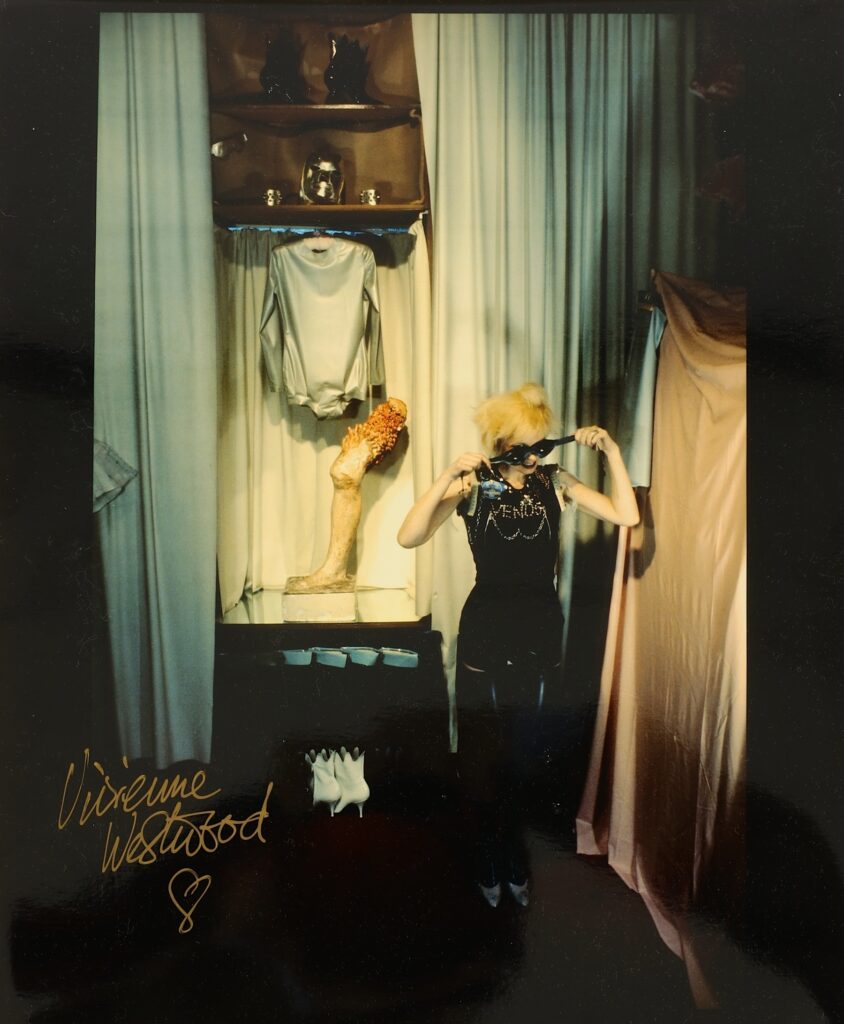
Sandra Cross (b. Northamptonshire) began her career as a copywriter before relocating to London in the mid-1970s, where she worked for a number of prominent literary agencies and publishers. Her professional life introduced her to a network of West End eateries, sparking a deep and lasting interest in food as both a social and cultural medium. She began hosting suppers at home for friends and acquaintances, laying the foundation for a lifelong exploration of food as an intersection for connection, memory, and artistic expression.
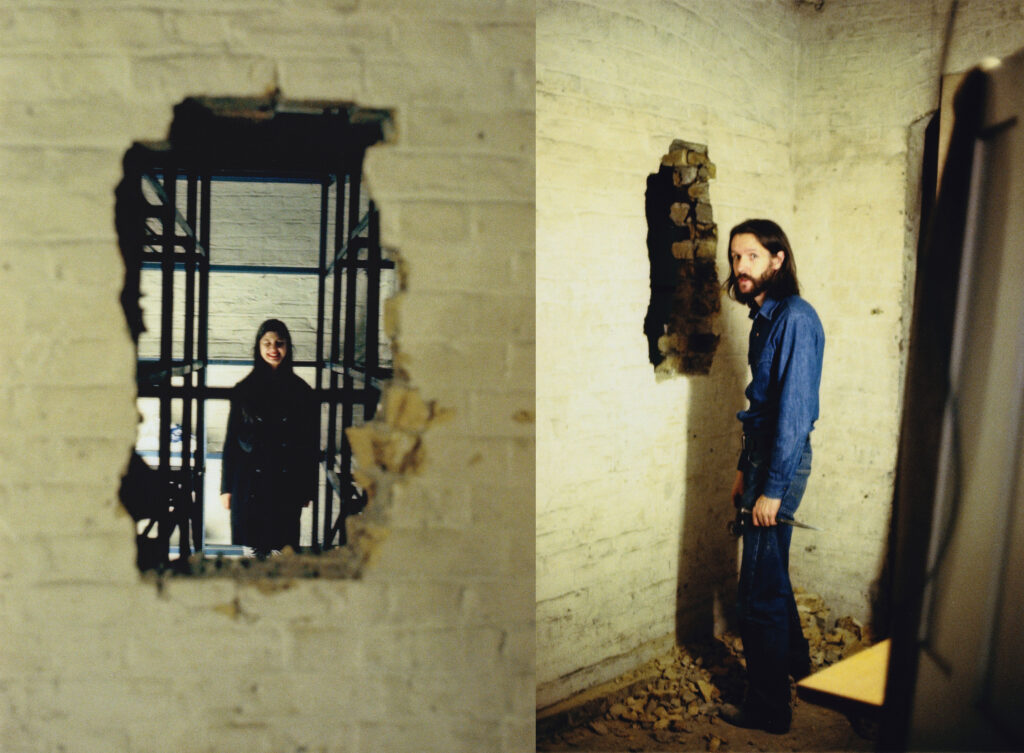
The pair met in the late 1970s and soon embarked on a shared project that would channel their shared interests and become a defining period in their collaborative practice. Motivated by a shared excitement for hosting and an interest in organic and whole foods (progressive for that period), they pooled their limited resources to renovate the basement of a Victorian building near London’s Borough Market. The result was The Dining Room—a groundbreaking vegetarian restaurant (though they resisted the label) that operated for a decade. Serving dishes such as Kasha Knish amongst a programme of exhibitions, screenings, book launches, and gigs, The Dining Room was more than a restaurant. Its ethos was radically inclusive: customers ranged from Shakespeare’s Globe founder Sam Wanamaker and underground filmmaker Kenneth Anger to nurses finishing late shifts at nearby Guy’s Hospital. Staff were often friends who may have struggled to find work elsewhere, and leftover food was regularly shared with those in need.
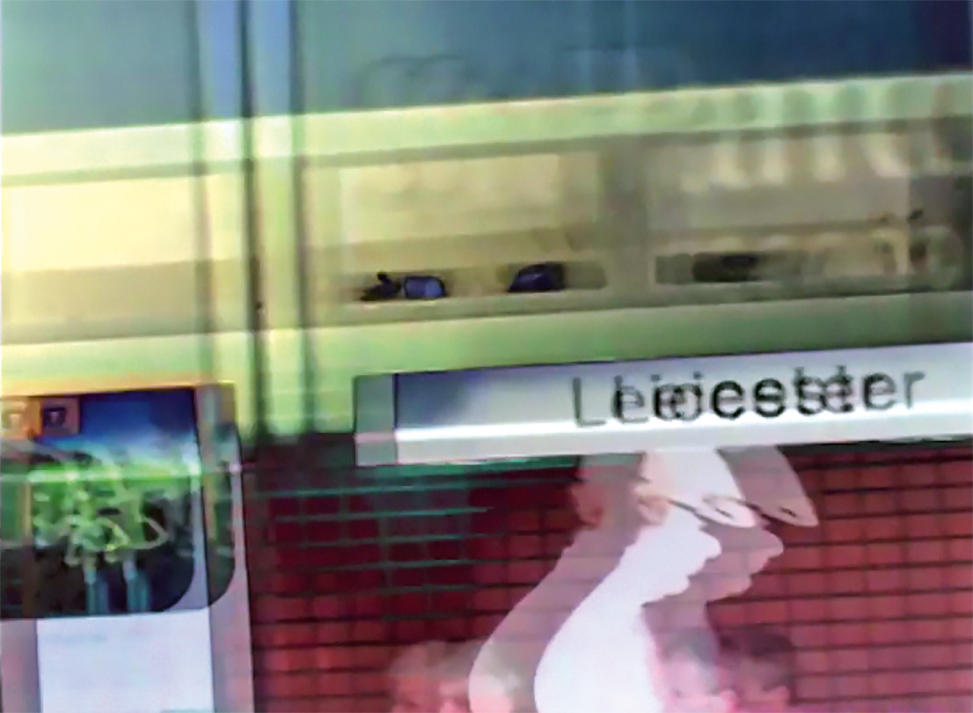
Following the closure of The Dining Room in 1990, Sandra continued to explore food as a subject through works such as What Did You Eat Today?, a series of filmed interviews examining personal relationships with food. Other notable works include MMs Bar (Trunk Records, 2011), a vinyl record composed of train catering announcements recorded during weekly journeys between London and Leicester, and Limbo (2019), a film narrated from journals written during this period whilst Sandra’s mother’s health was in decline, layered over footage of those same train journeys.
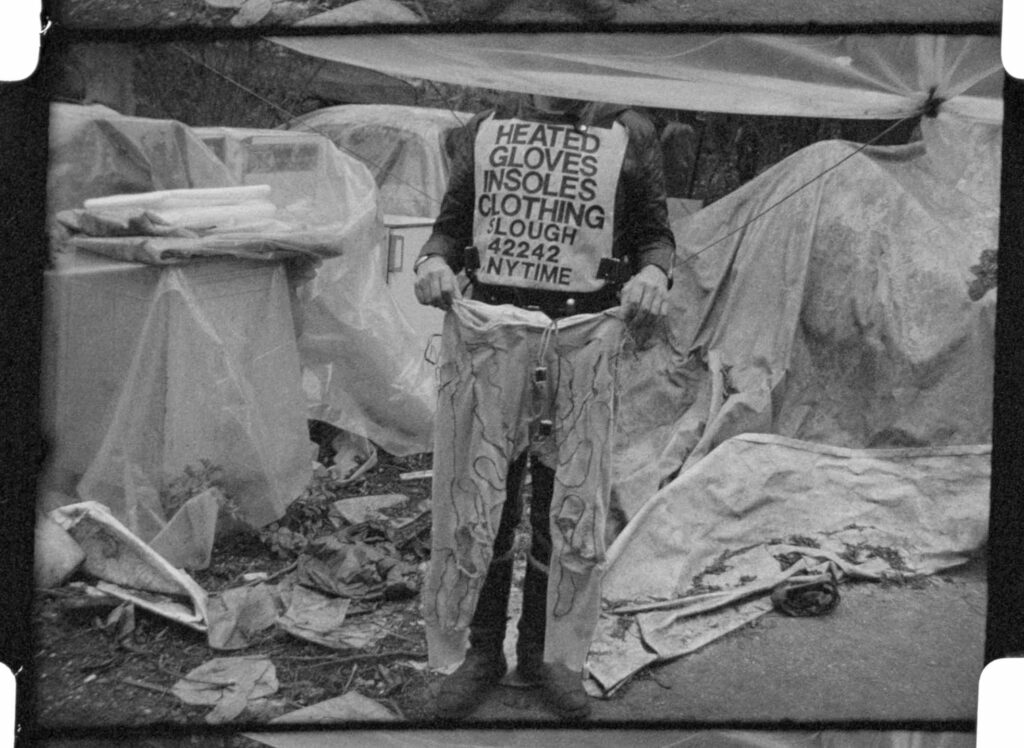
William continued to make films and work as a rare book dealer. His film Heated Gloves (2019) documents his friend and Dining Room regular Maurice Seddon, an eccentric inventor known for creating electrically heated clothing. The film features both intimate footage and clips from Seddon’s appearances on international talk shows, including David Letterman and Johnny Carson. After Seddon’s death, William discovered a trove of recorded phone calls spanning 30 years, which he compiled into the vinyl release The Seddon Tapes, Volume 1 (2018). These recordings—such as the surreal and humorous “Chest Freezer” exchange—formed the basis of William’s approach to his long-running Resonance 104.4 FM radio show Wavelength, which he has hosted for 15 years.
In 2020, William published Perfect Binding, a psychographic & counter-historical portrait of Leicester and changing attitudes towards fashion, music and art of the 1960’s and beyond, told and reflected through the lives of his family and childhood friends, including BOY boutique co-founder Stephane Raynor, artist and eccentric Jim Mellors (aka Victoria Ashley), and the late fashion photographer David Parkinson.
On the occasion of the exhibition, a follow-up to Perfect Binding entitled To Farse All Things (Designed by Daniel R. Wilson) will be published and made available from the gallery. This will be an anthology of work, interviews, and articles and is intended as a companion piece to the exhibition.
A broad selection of films by William & Sandra have been archived by LUX, an arts organisation that supports and promotes visual artists working with the moving image.
Exhibition curated by Tom Godfrey, Curator & Director of Bonington Gallery.
William English is a Leicester-born filmmaker, broadcaster, bookseller and co-founder with Sandra Cross of the organic vegetarian restaurant, The Dining Room (1980-1990). He is curator of the Captain Maurice Seddon (Royal Signals) archive, audio selections from which have been released as The Seddon Tapes (Paradigm Discs).
English’s long-running radio series – Wavelength – is a programme of multiple agendas, showcasing under-the-radar experimental music, poetry and art, broadcasting on Resonance 104.4 FM. His films include: Ex Library (2009), Heated Gloves (2015), It’s My Own Invention (2017) and City (1985). English is also the author of Perfect Binding: Made in Leicester (2019) – an experimental genre-defying documentary/counter-history/artist’s book, loosely themed around vanity/inertia and celebrity/obscurity in 1960s Leicester.
Sandra Cross worked as a features editor and deputy editor for IPC Magazines, before developing The Dining Room (active between 1980-1990), a vegetarian organic restaurant in London’s Borough Market, with partner and co-founder William English. This early experience of collaboration on projects where life and art intersect, guides her joint and solo actions whether in written work, film or sound. There is a focus on the lived experience documented and memorialised to celebrate and preserve what might otherwise have been lost. The founding of the restaurant initiated a quest to explore identity through the series What Did You Eat Today? leading to an association with the Mass Observation Archive, and the activity of recording announcements on the London-Leicester train in the MMs Bar (2011). These were described by one reviewer in Mojo as “destined for intense cultdom”.
Contemporary with this project was Limbo – a ten year study of her mother’s “probable Alzheimer’s” in words, sound, images, collages, and film, the substantial parts of which are a 2,000 page journal, 96-hours’ worth of recordings, and an hour-long film. Limbo (2019), the film, was presented at the British Library, and the recordings archived by Stephen Cleary, The British Library’s Lead Curator for Literary and Creative Recordings, whose enthusiasm was expressed via a suggestion that the readings over the film in particular were reminiscent of the ethos and articulation of Mark E. Smith, lead singer in the post-punk band The Fall. Cross has suggested that a quote from La-Bas by Joris-Karl Huysmans best identifies her approach to life:
“It is foolish to let my thoughts wander this way (…) but daydream is the only good thing in life. Everything else is uglier and empty”.
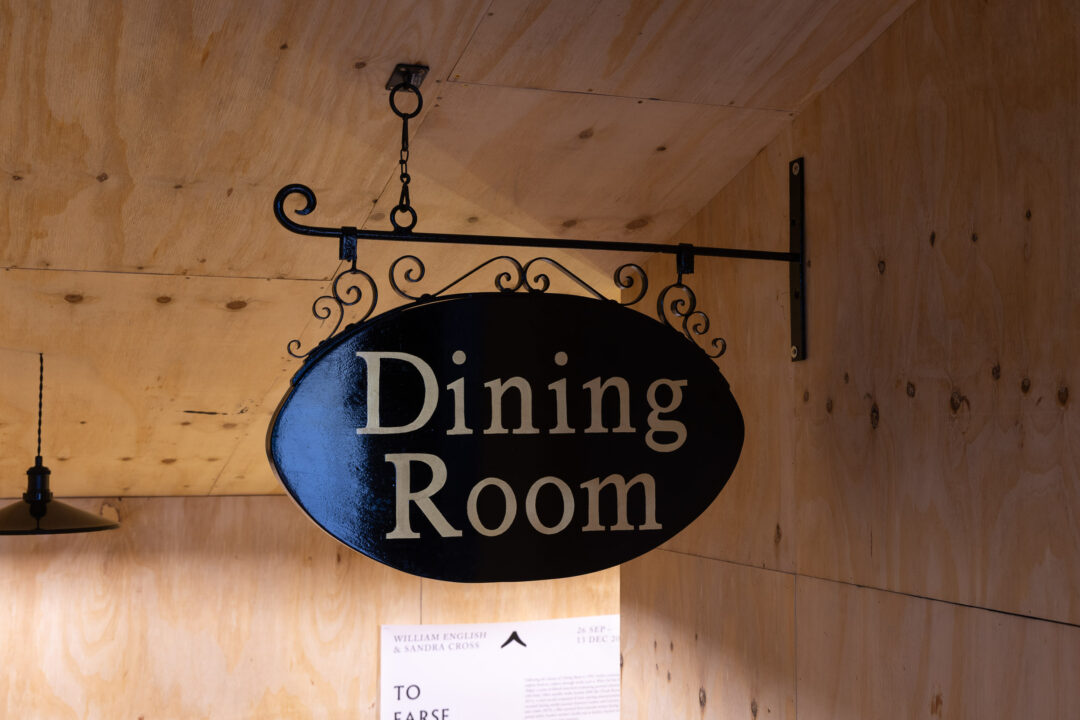
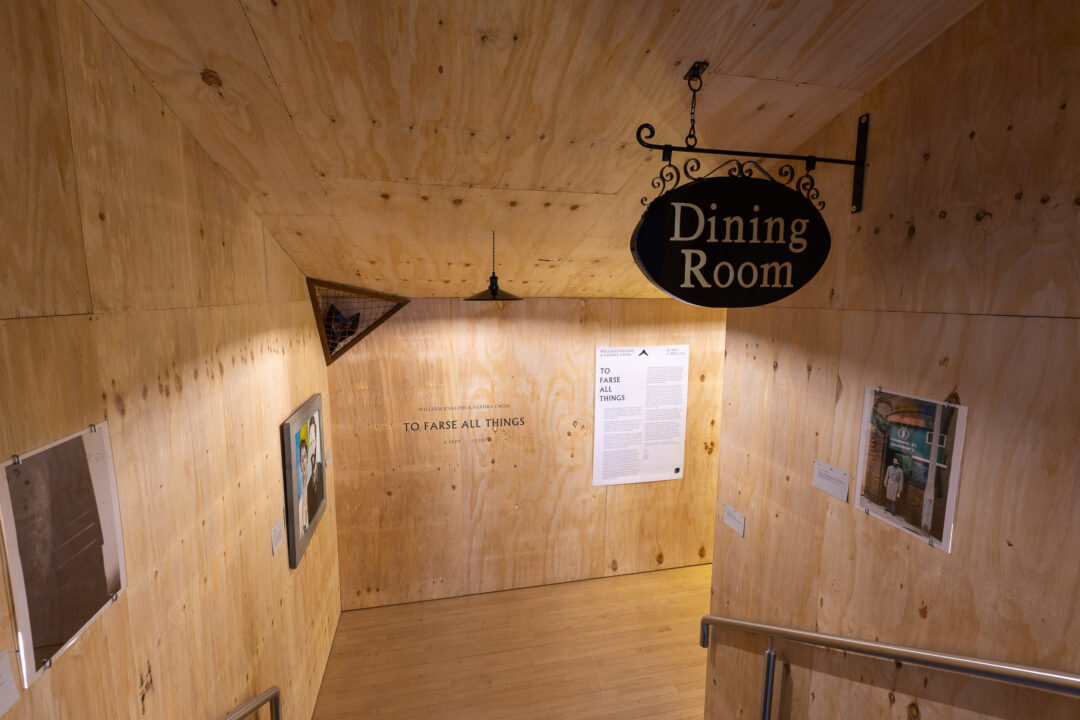
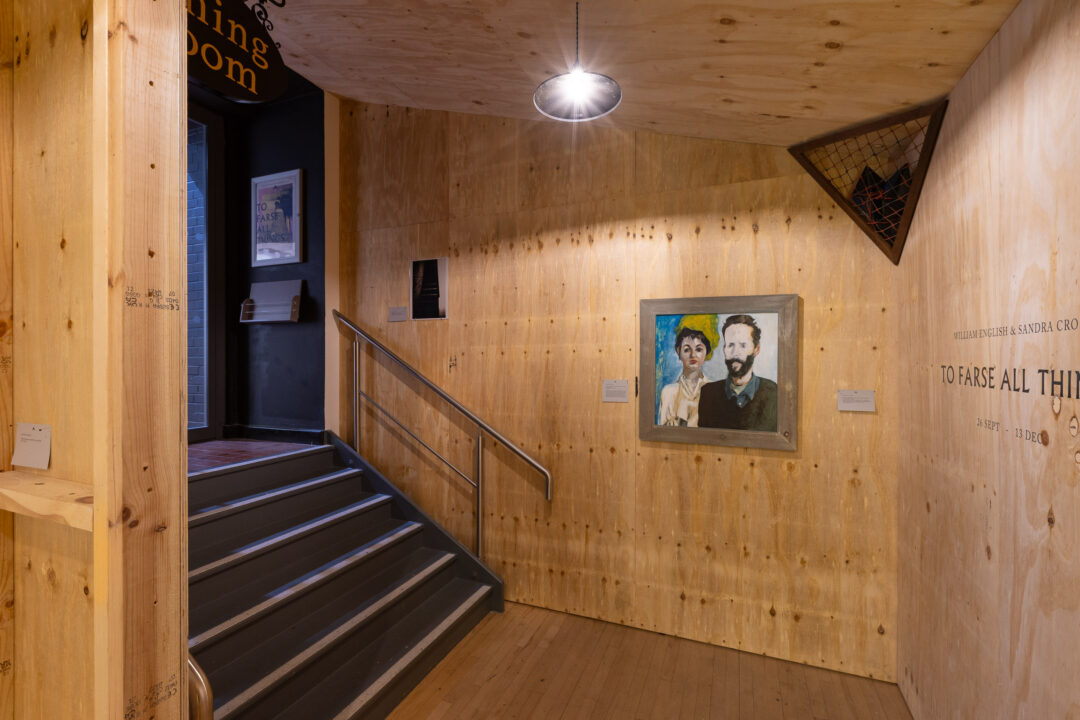

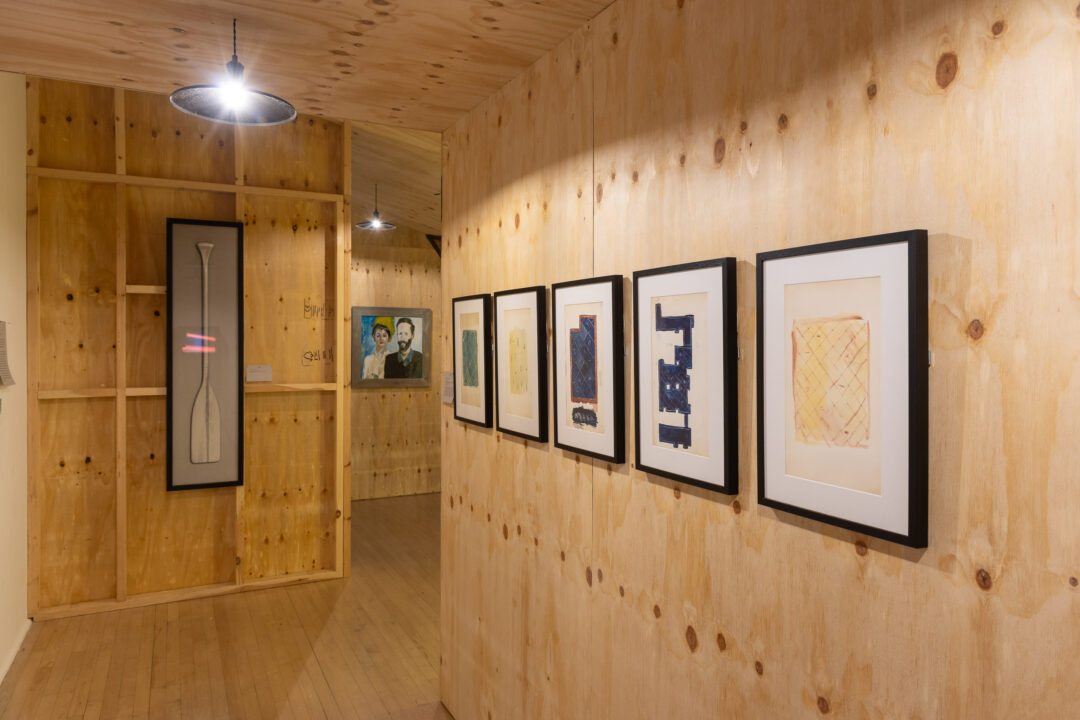
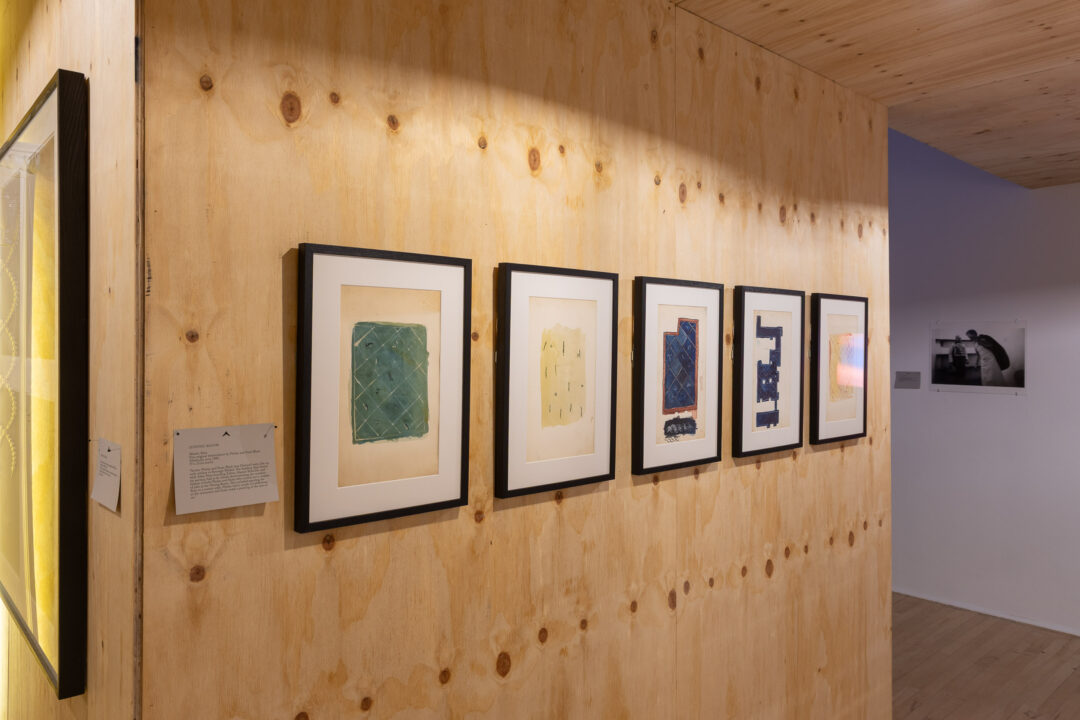
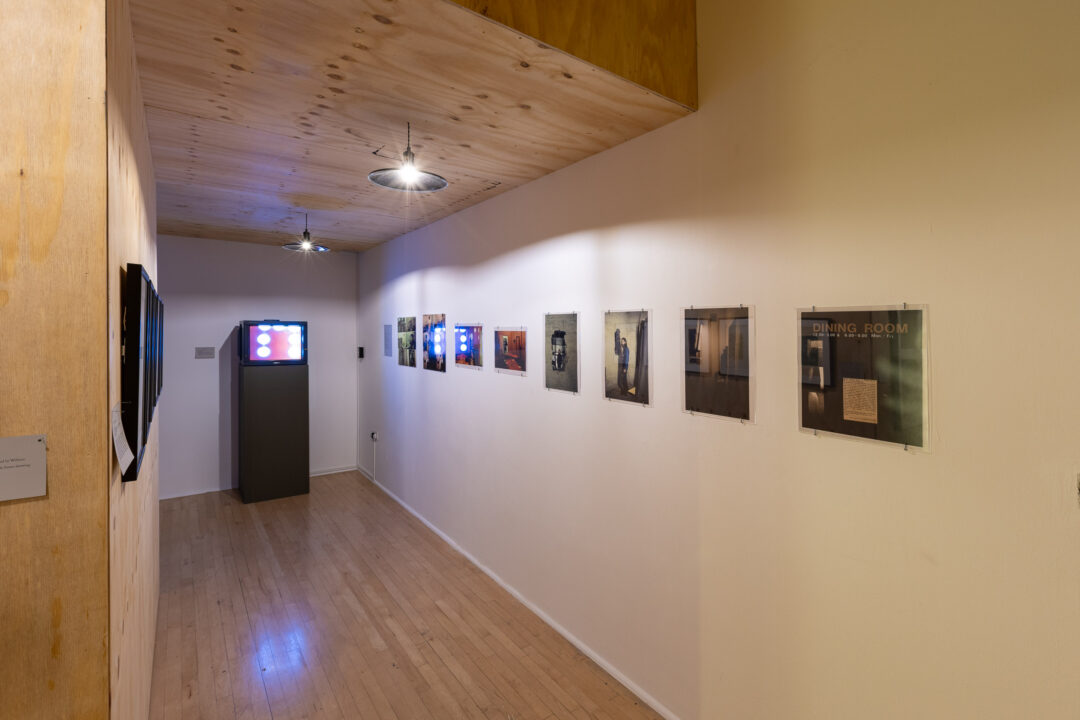
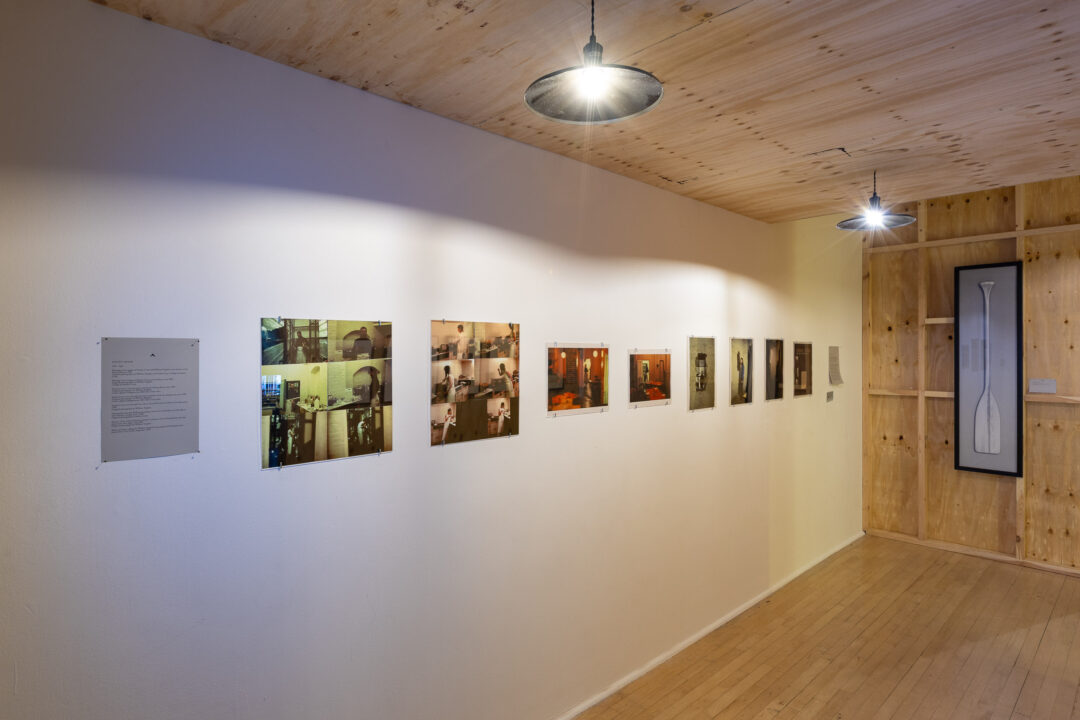
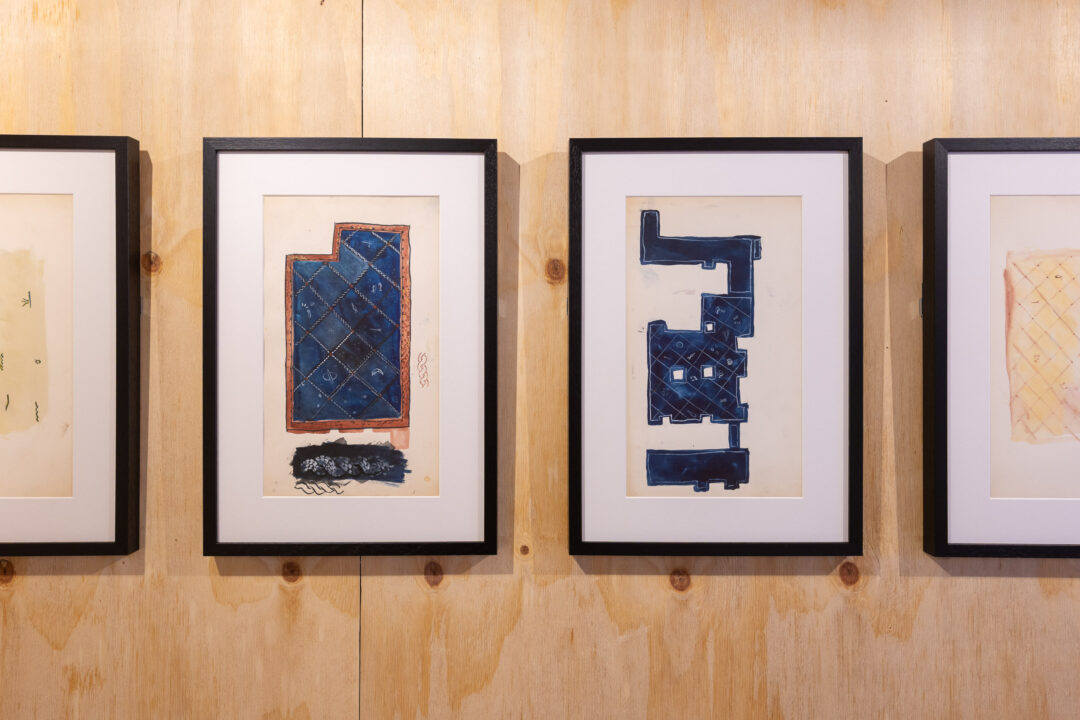
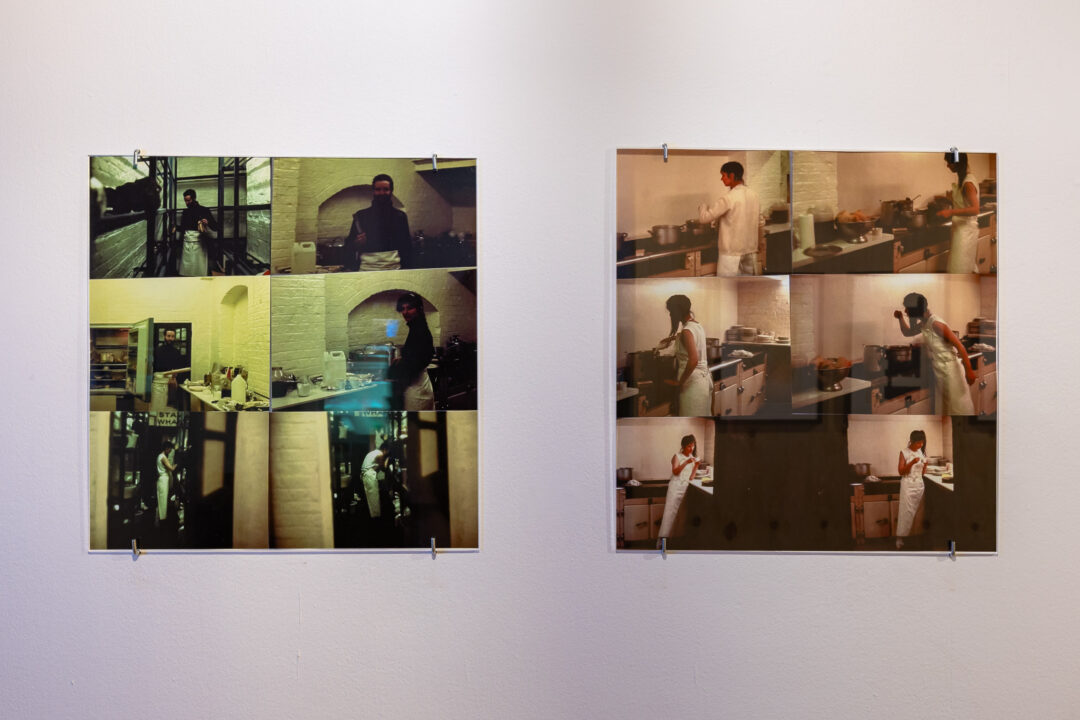
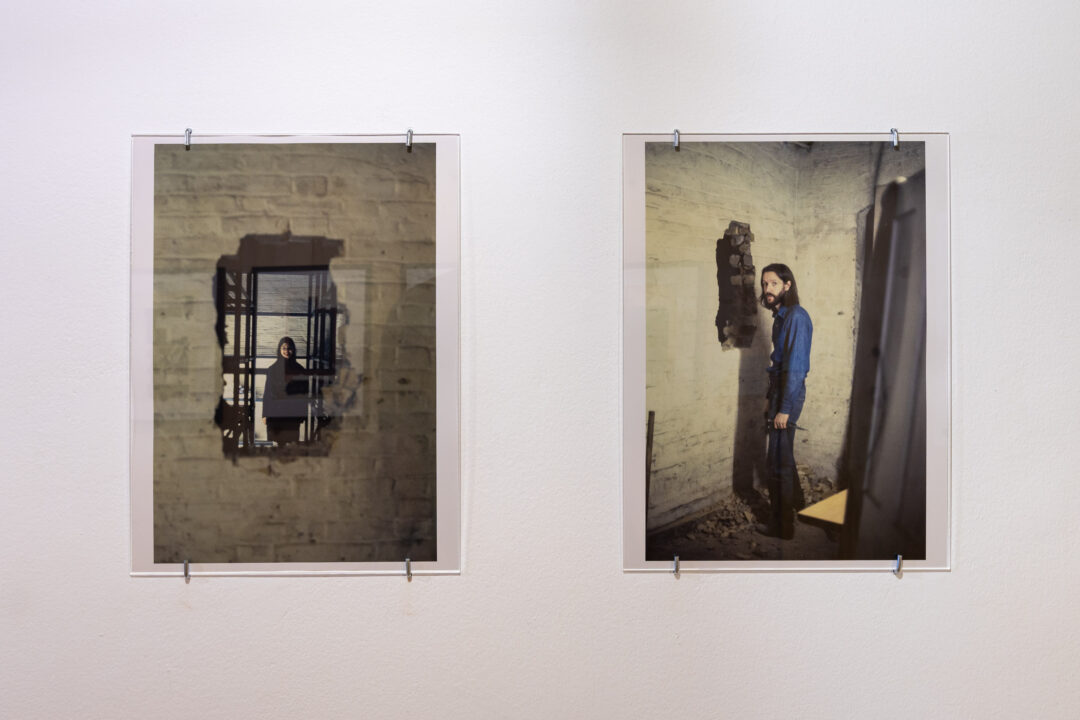
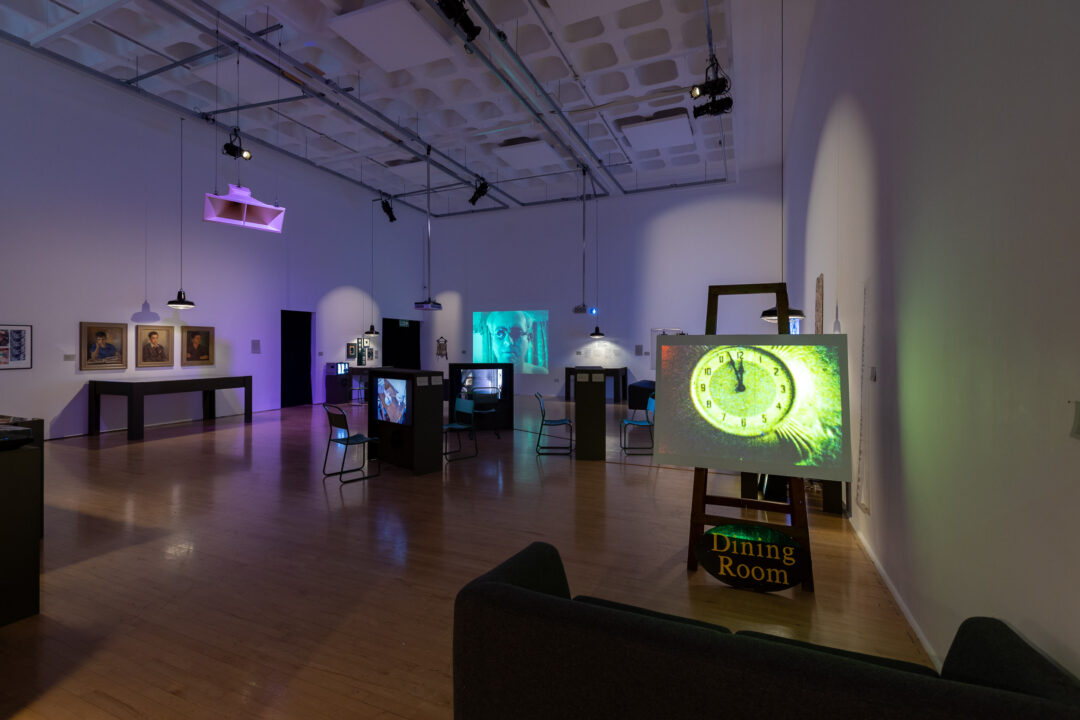
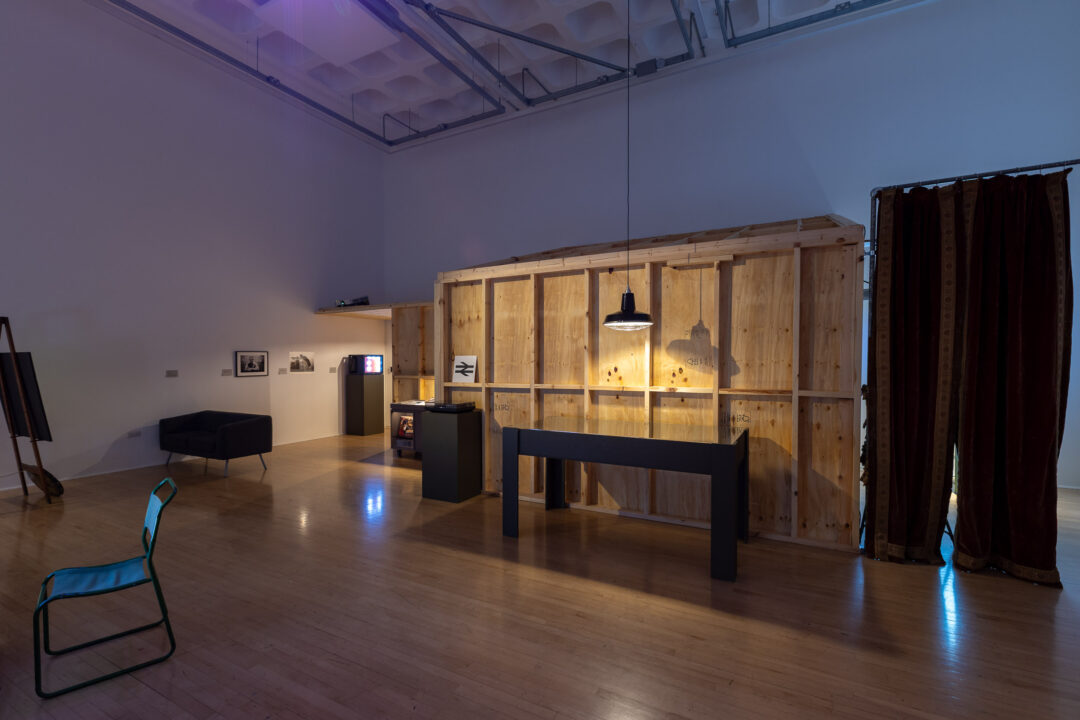

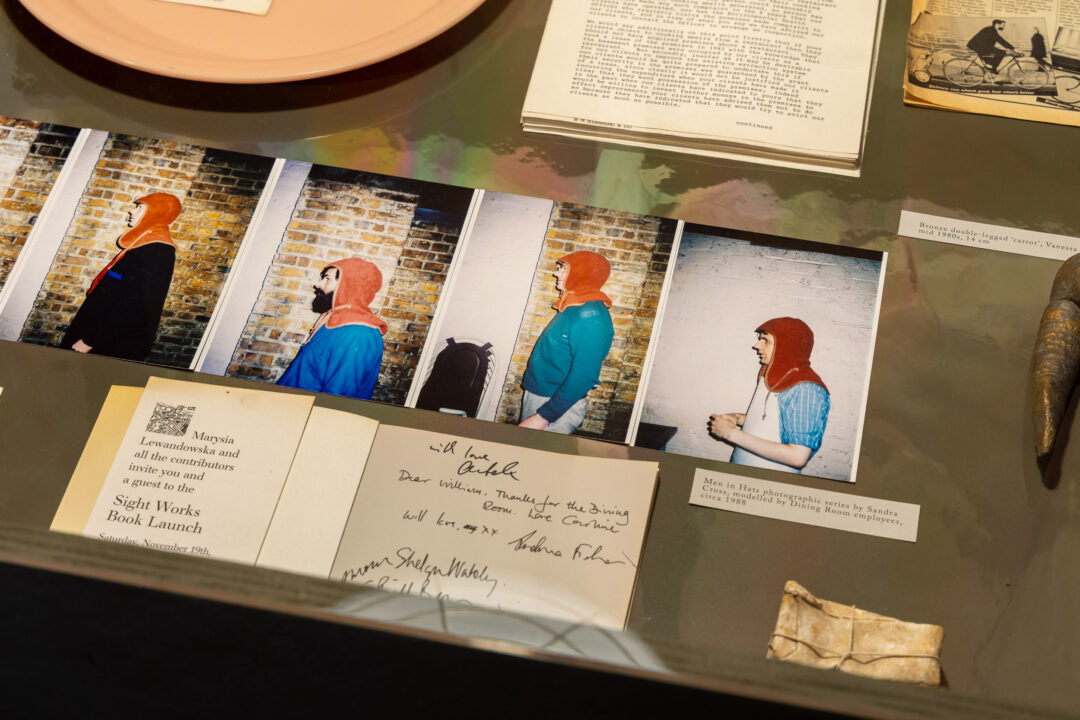
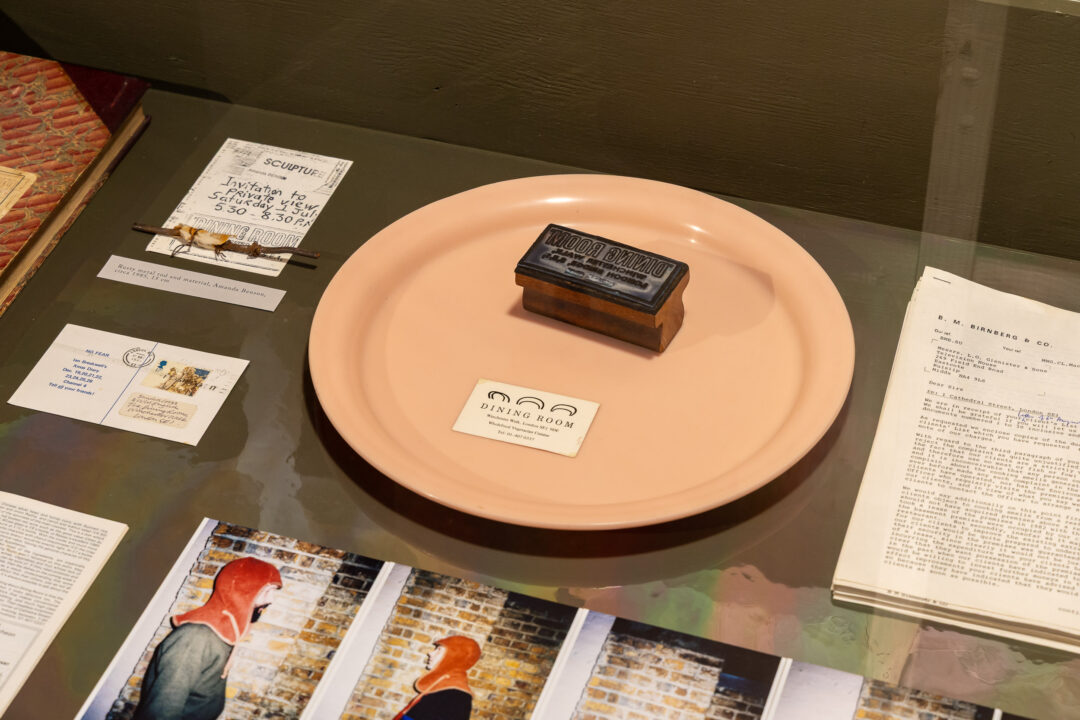
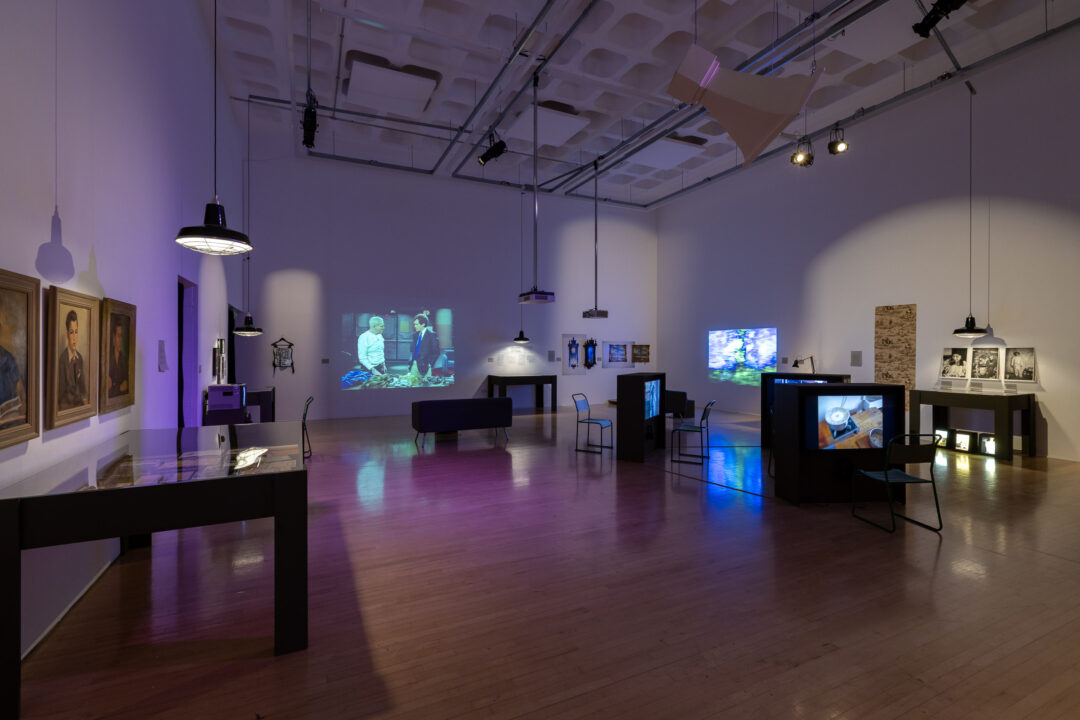
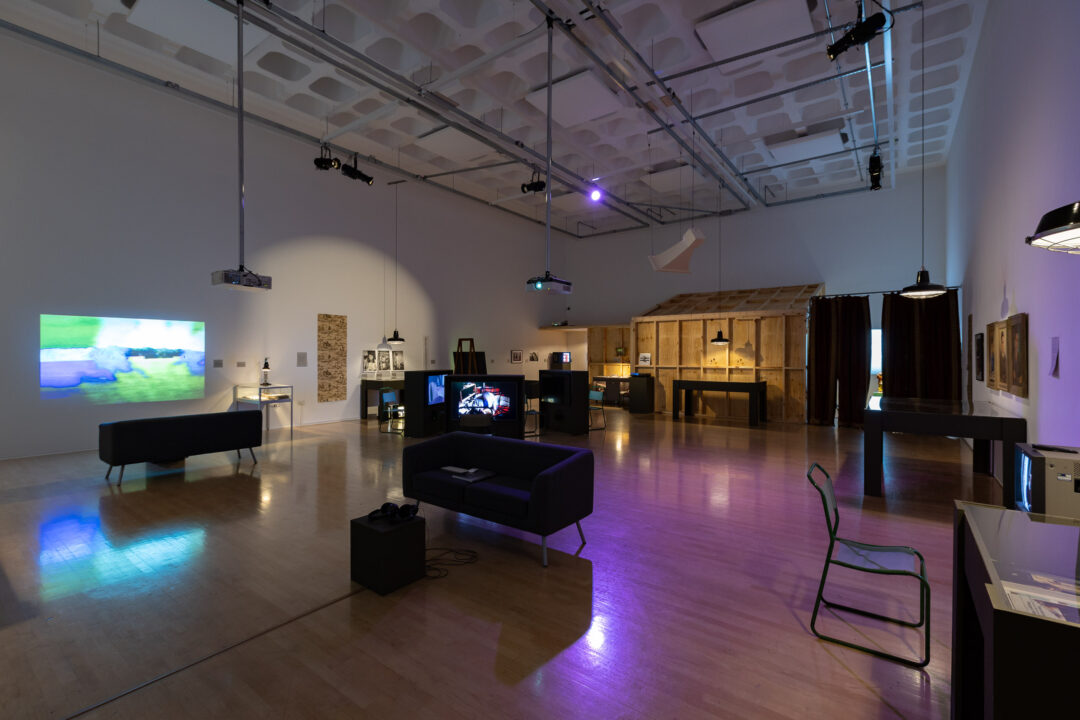
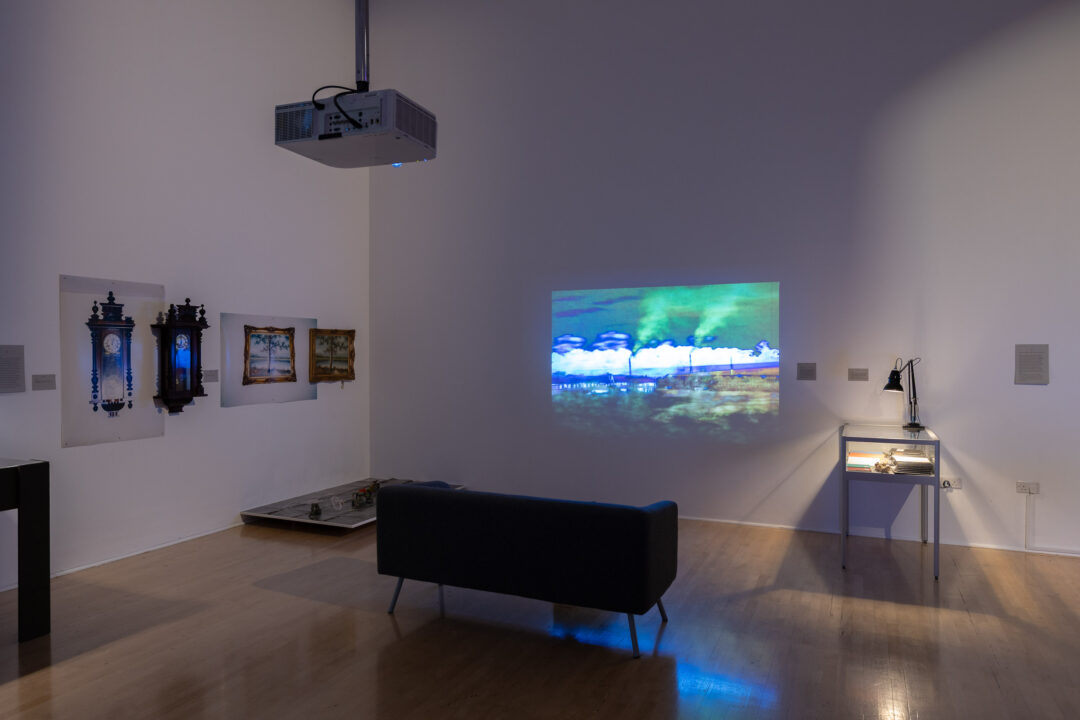
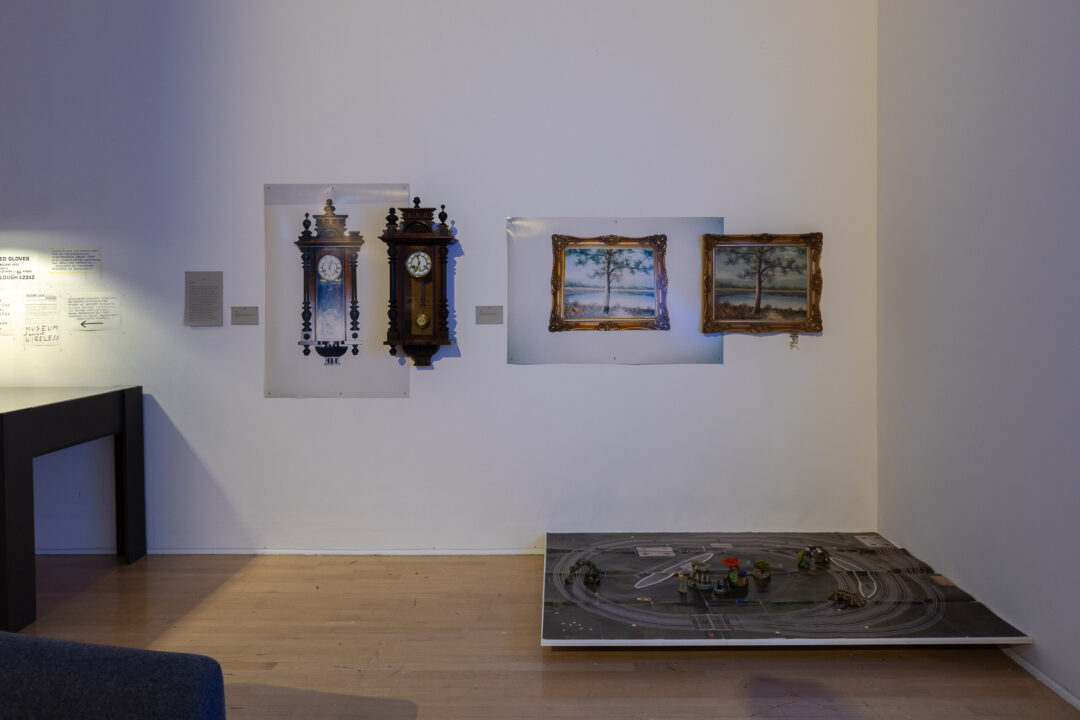

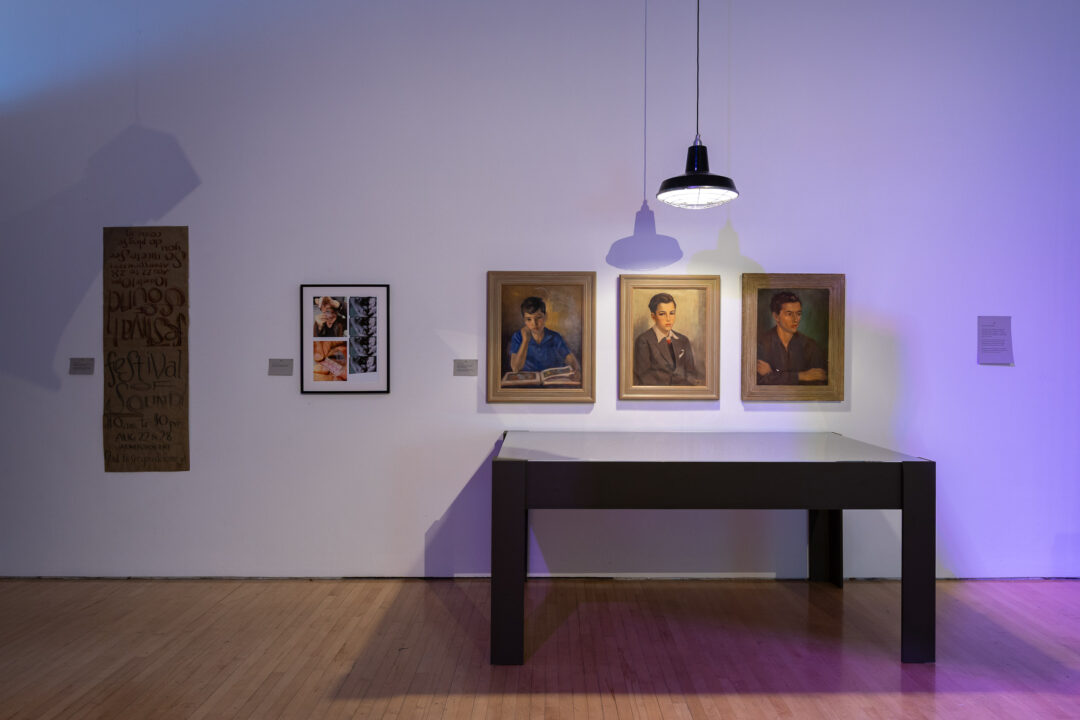
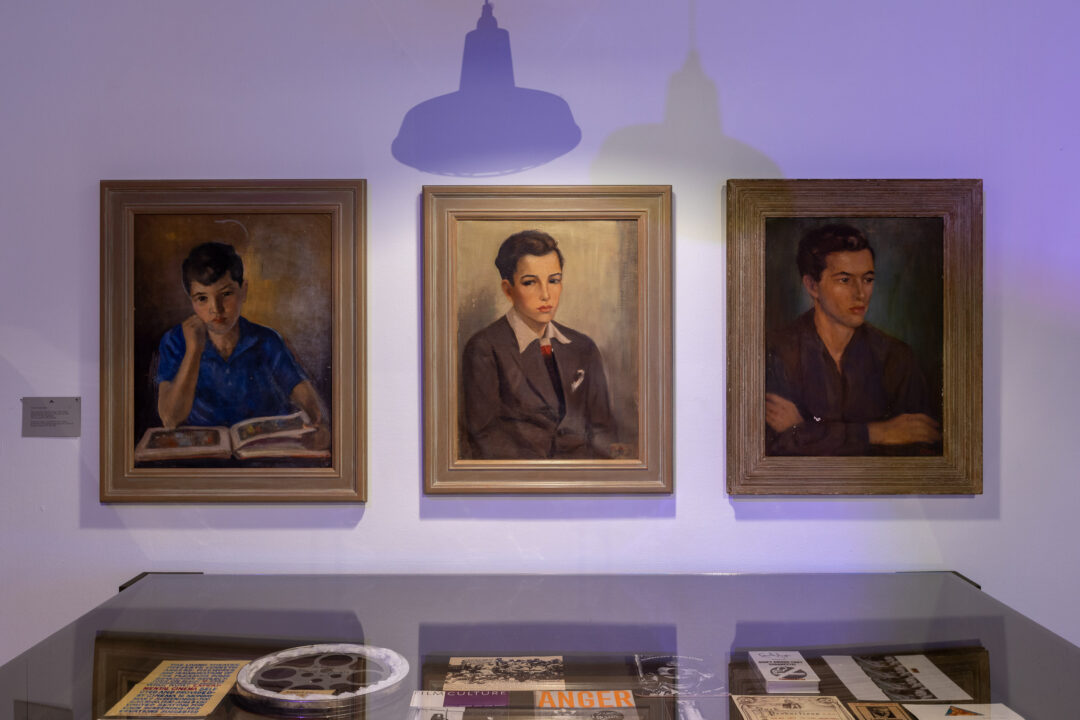
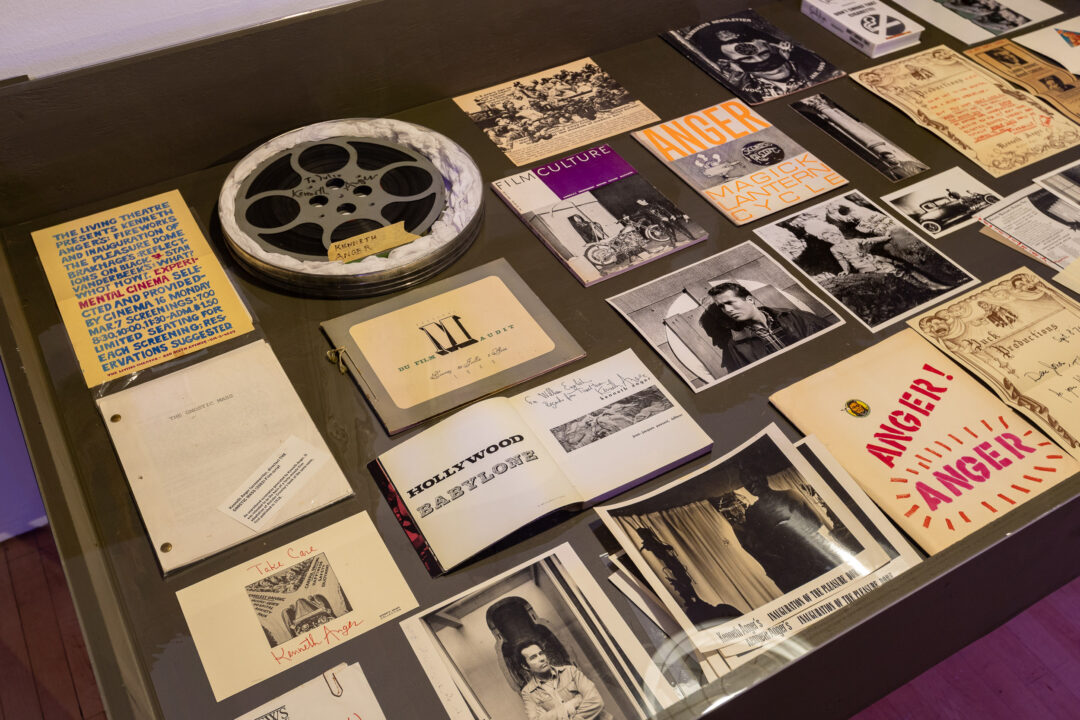

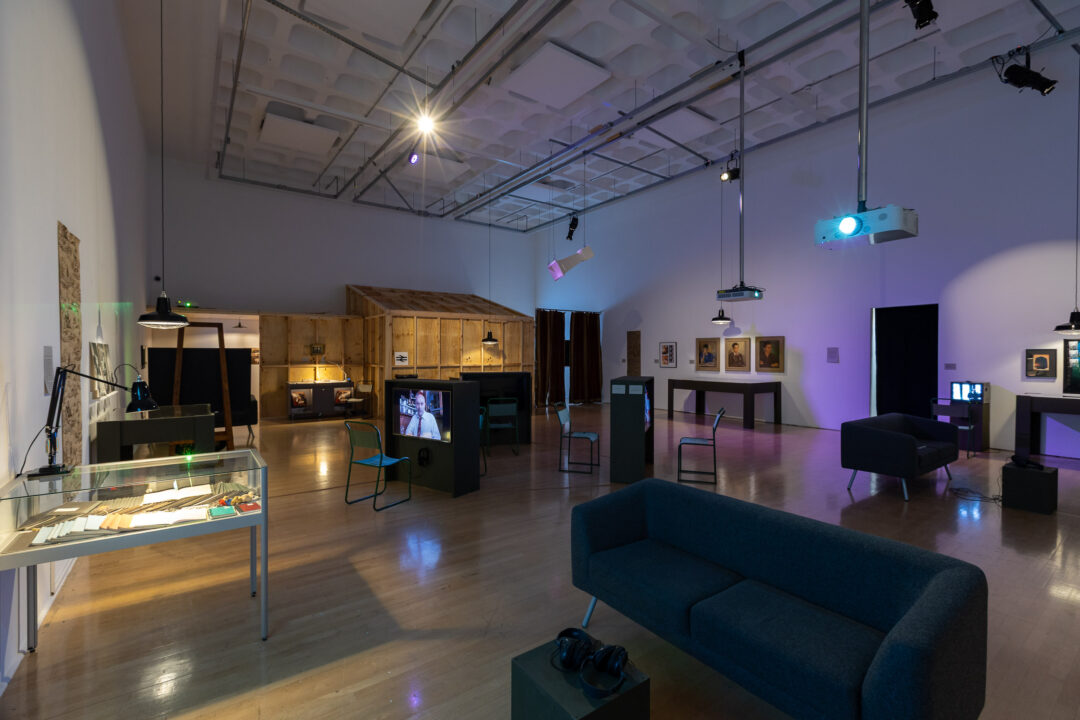
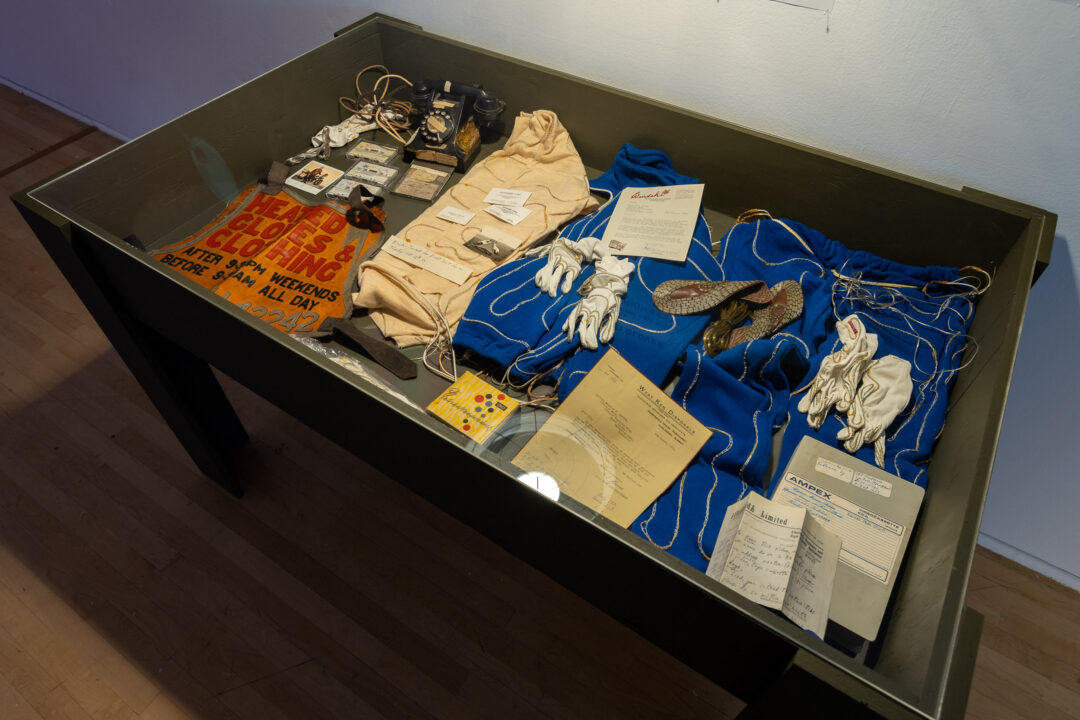
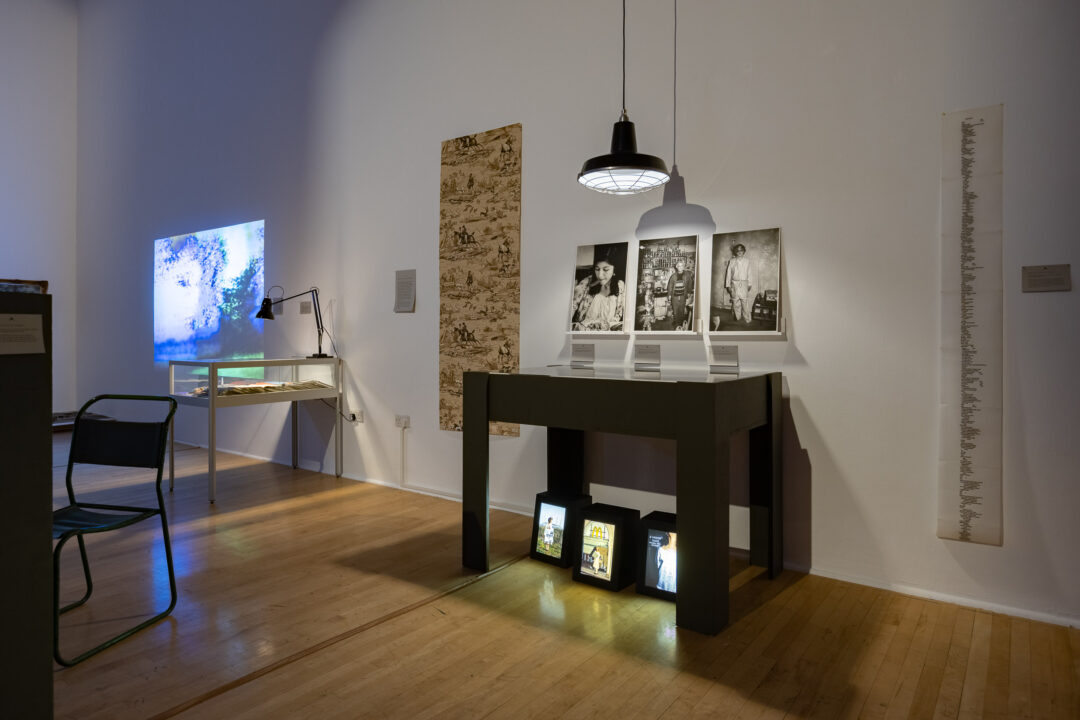
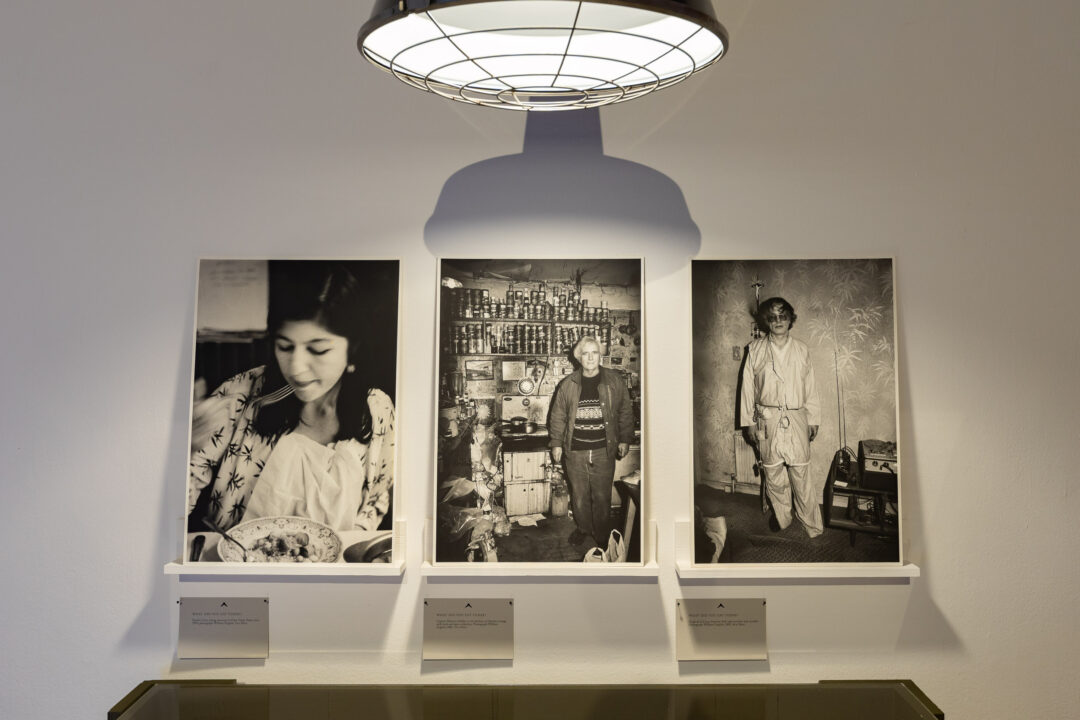
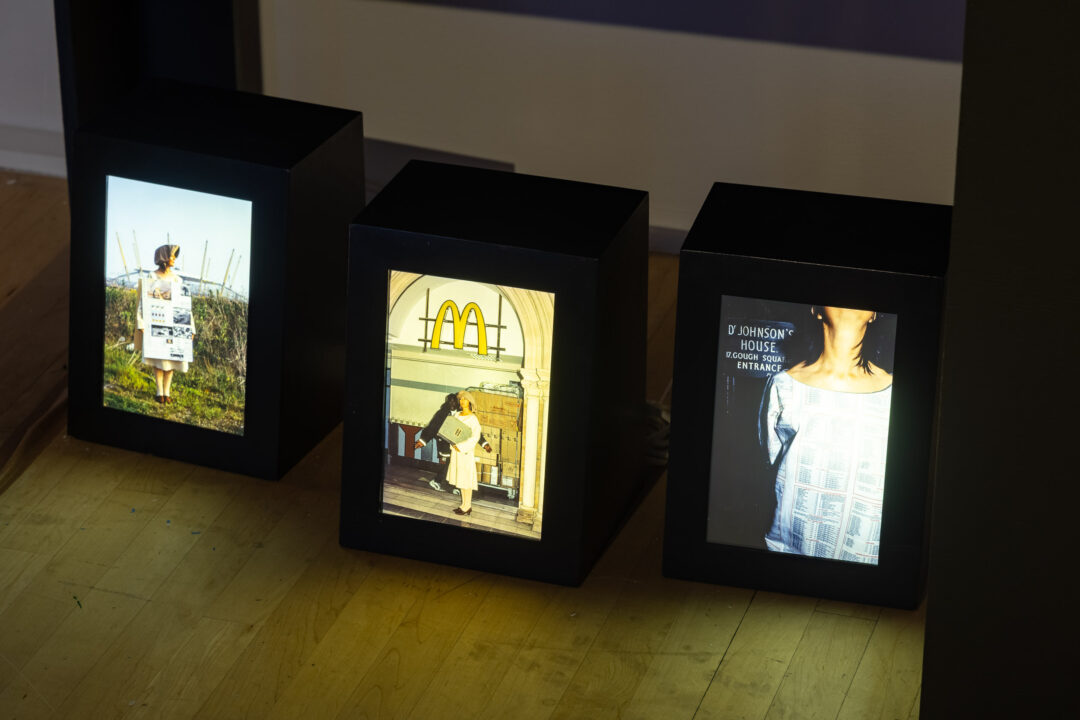
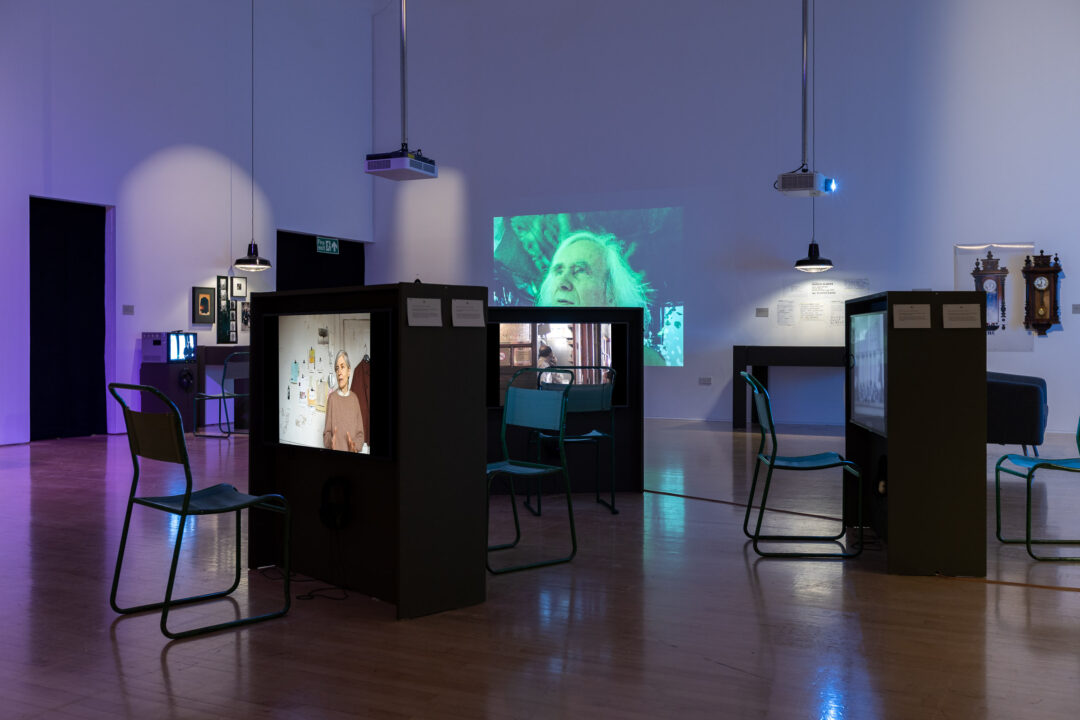
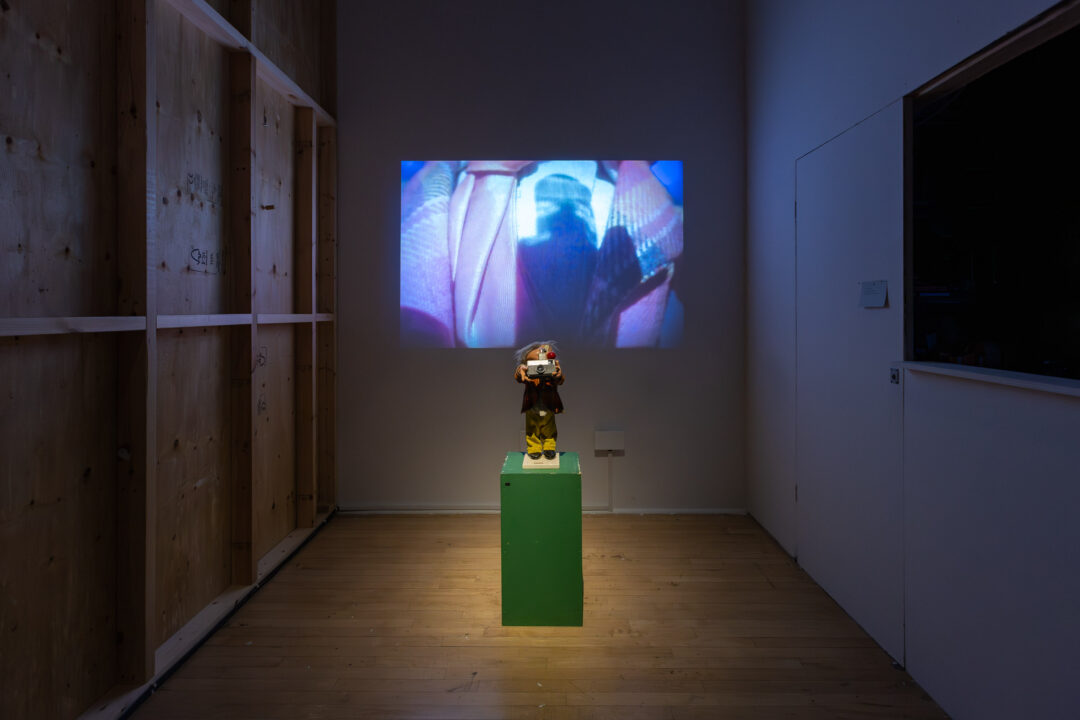
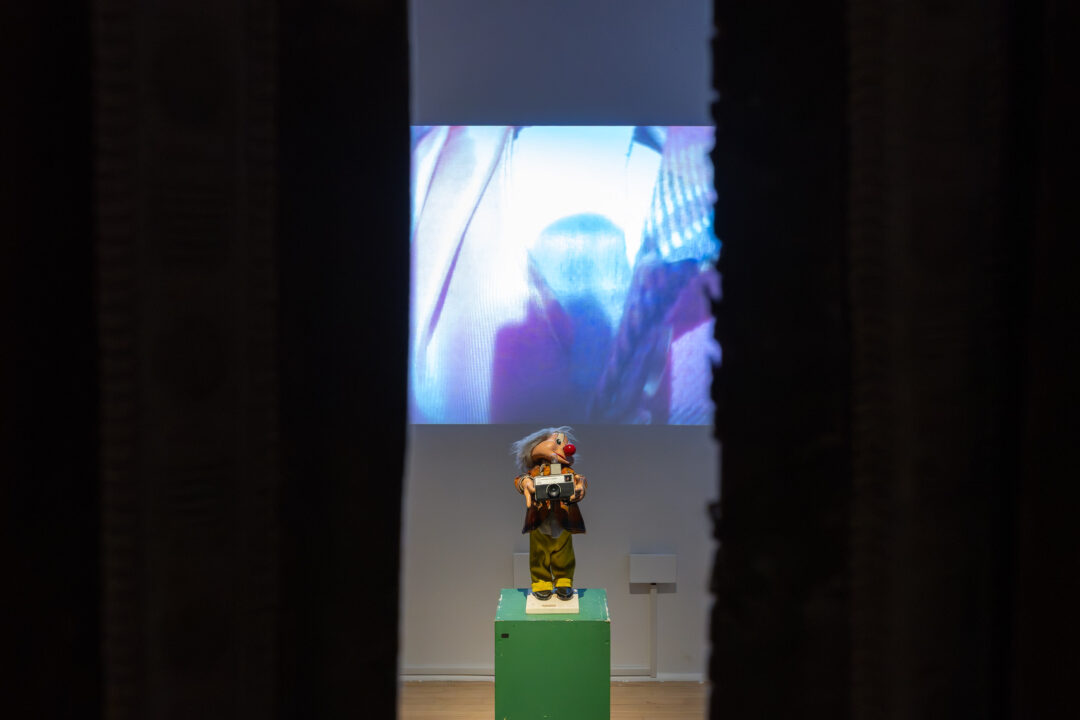
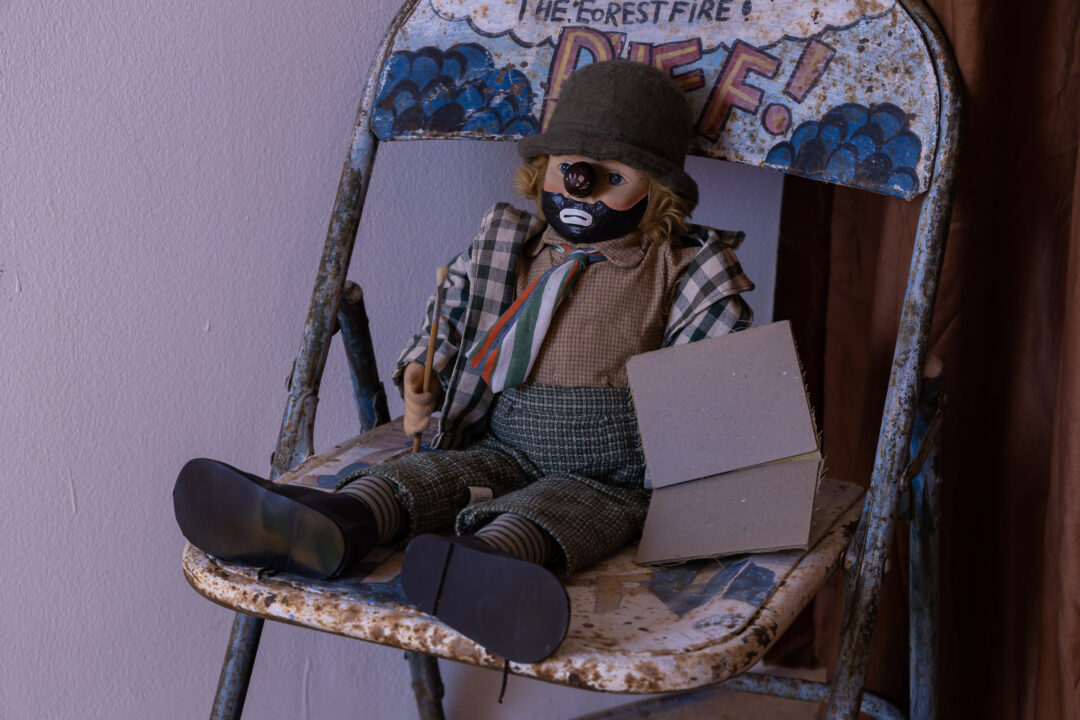
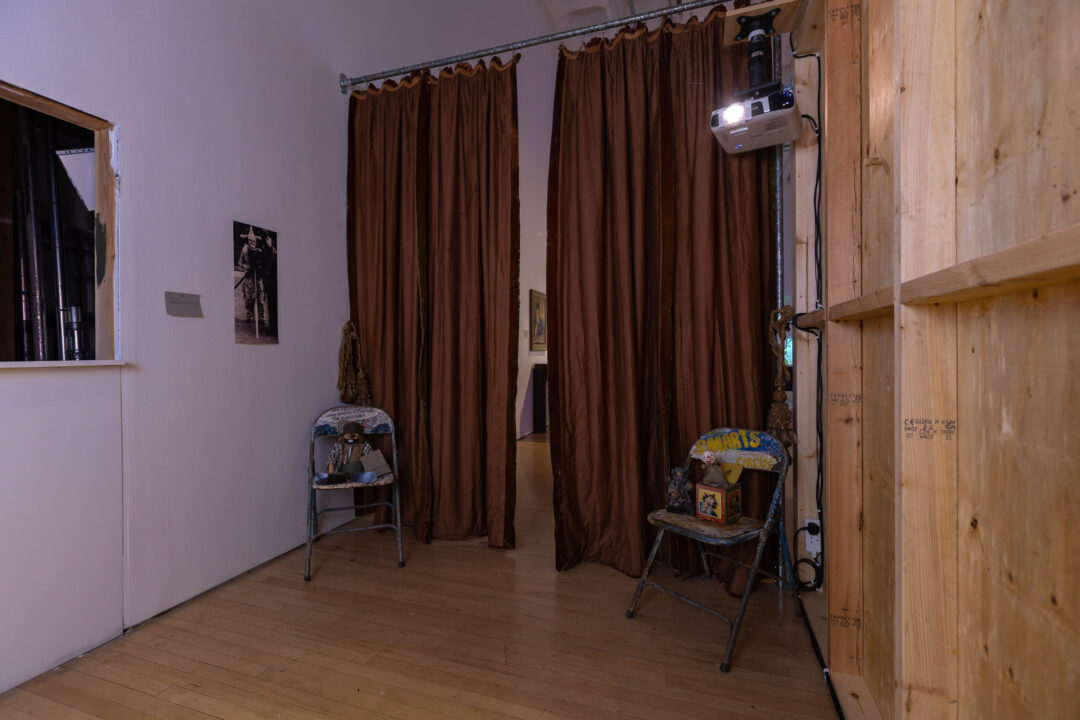
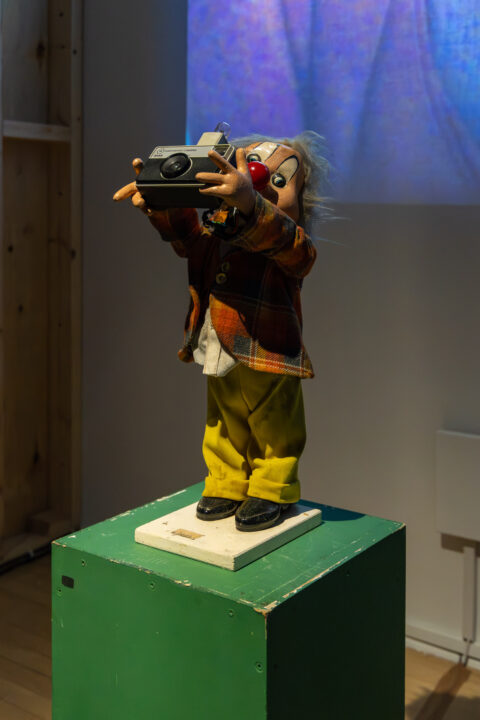

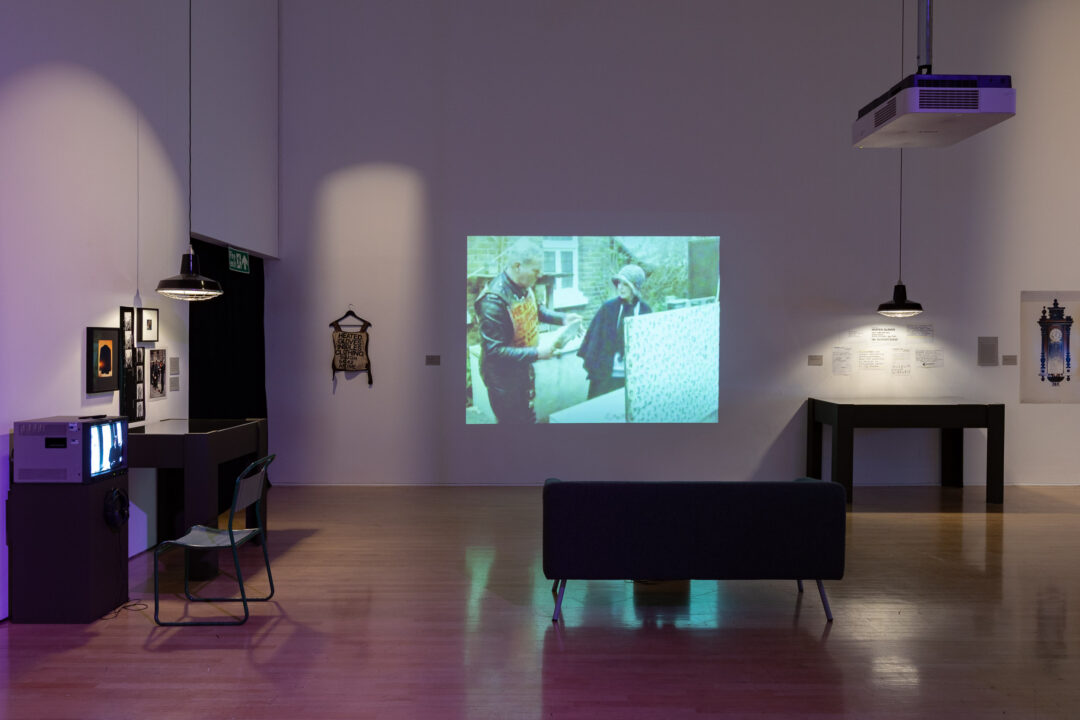
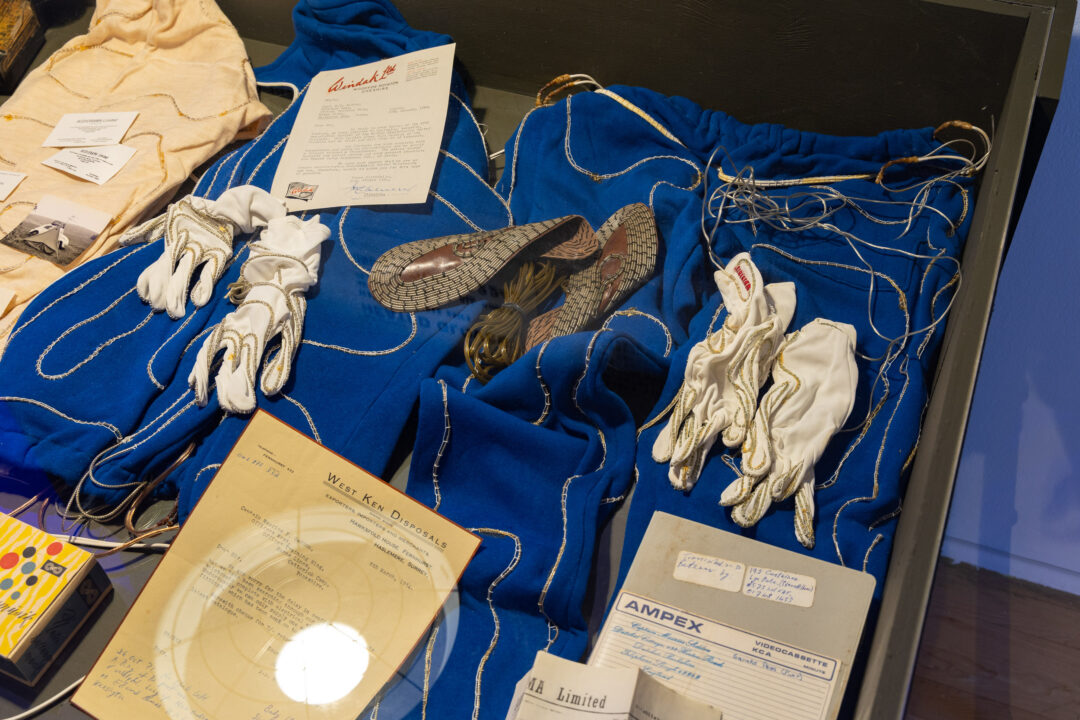
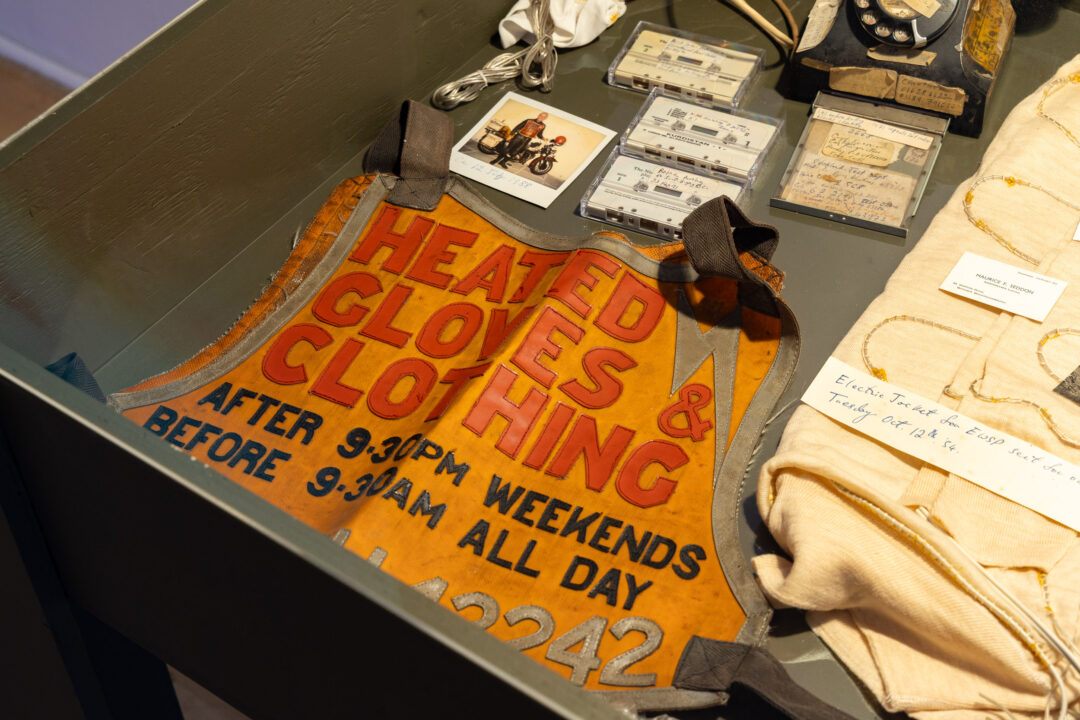
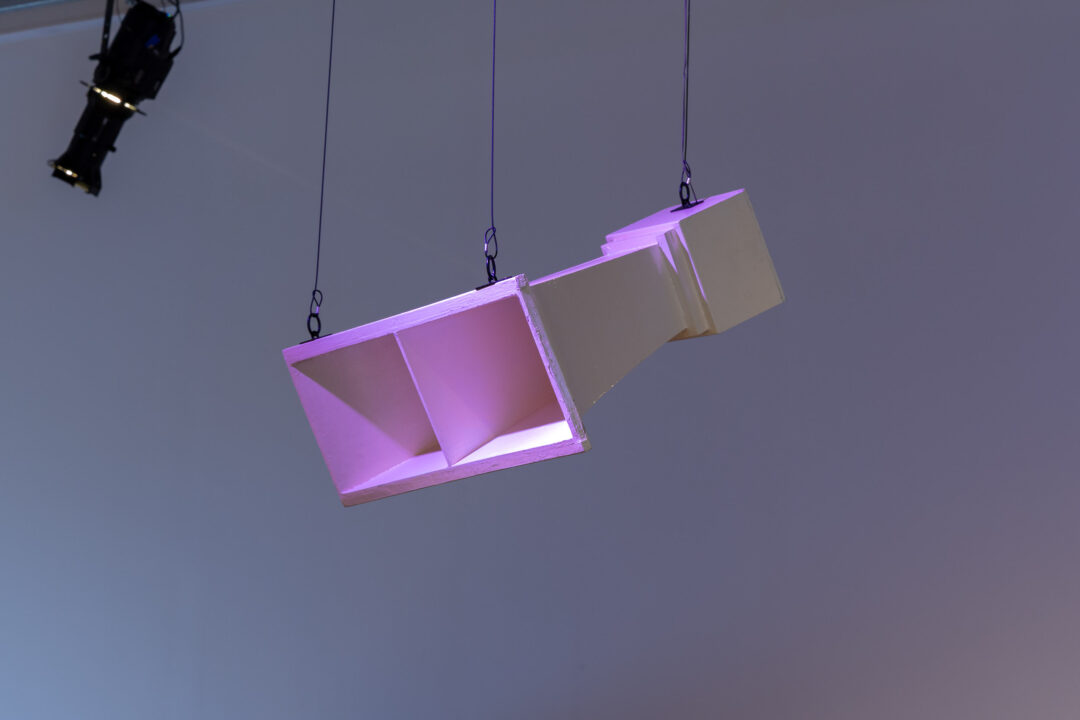
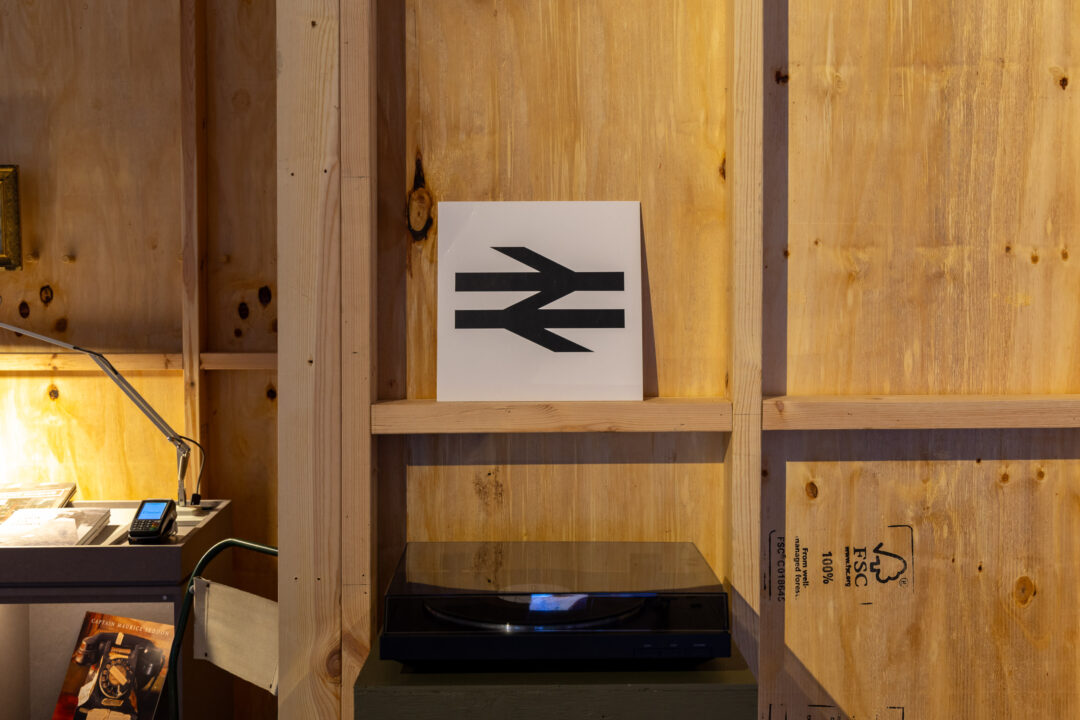
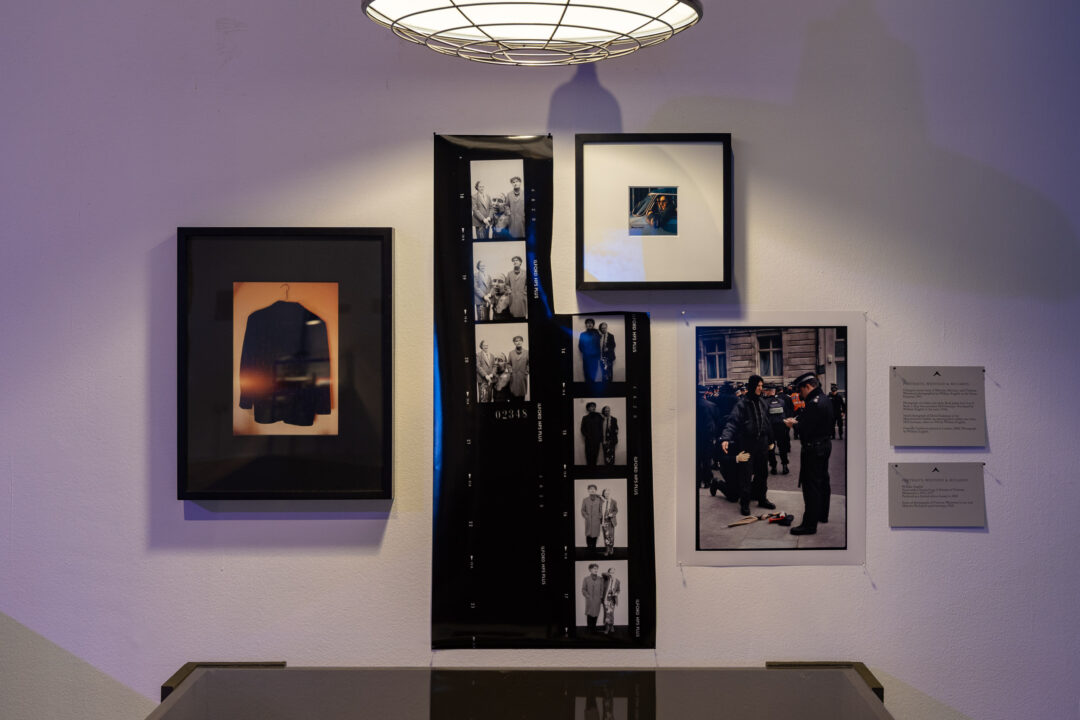
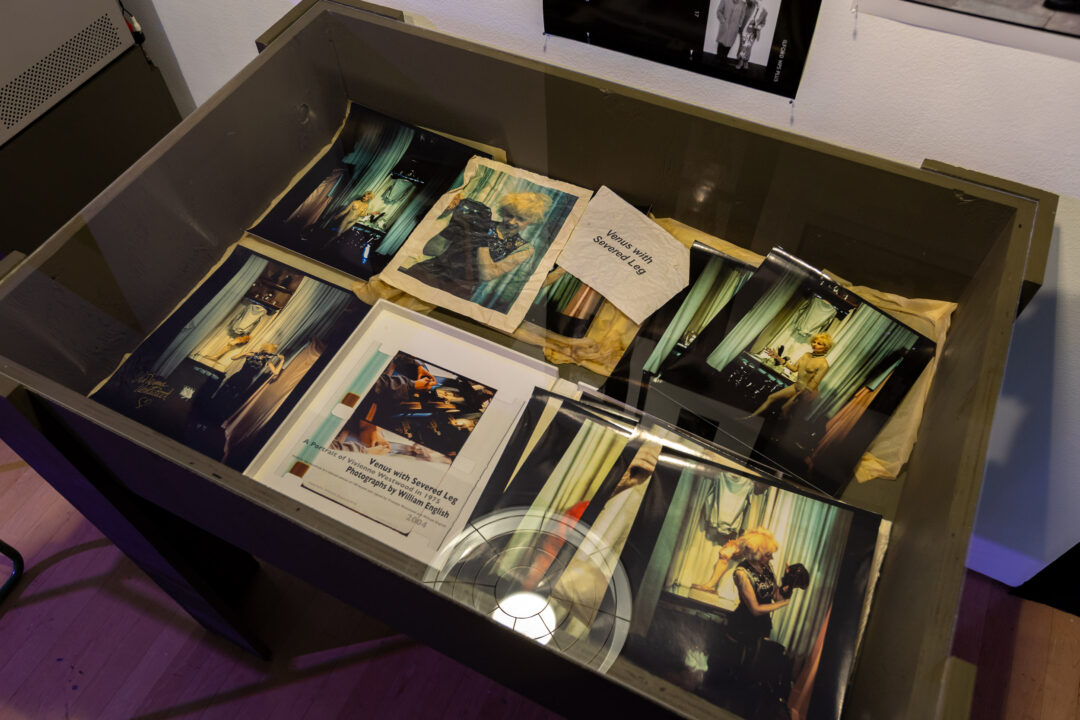
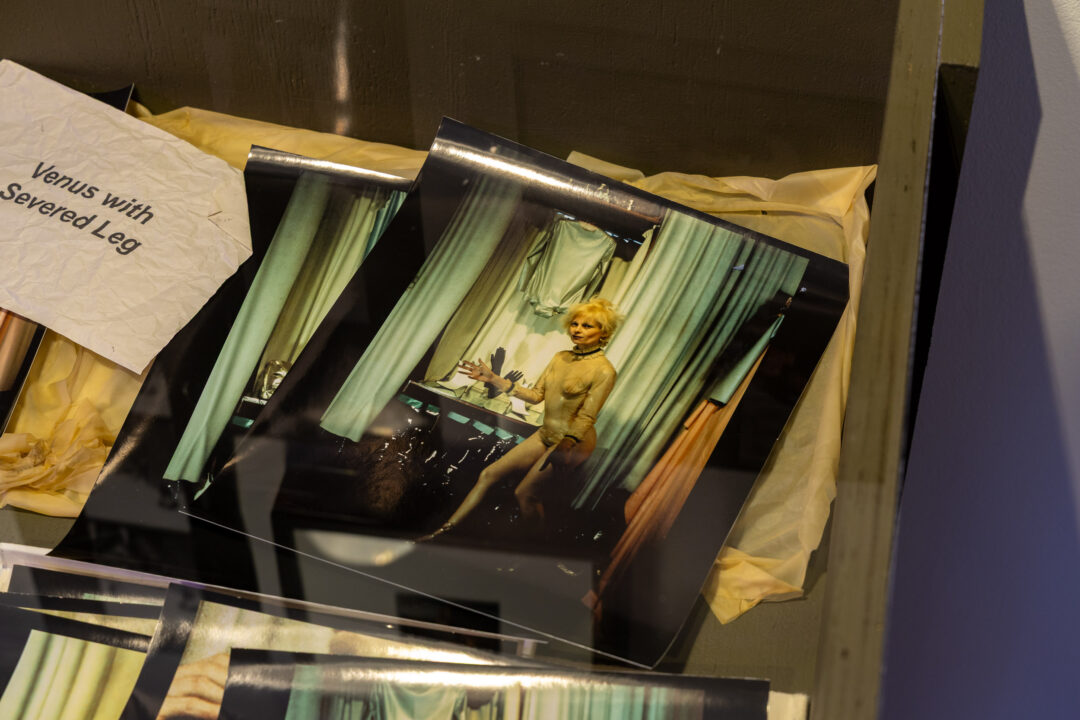
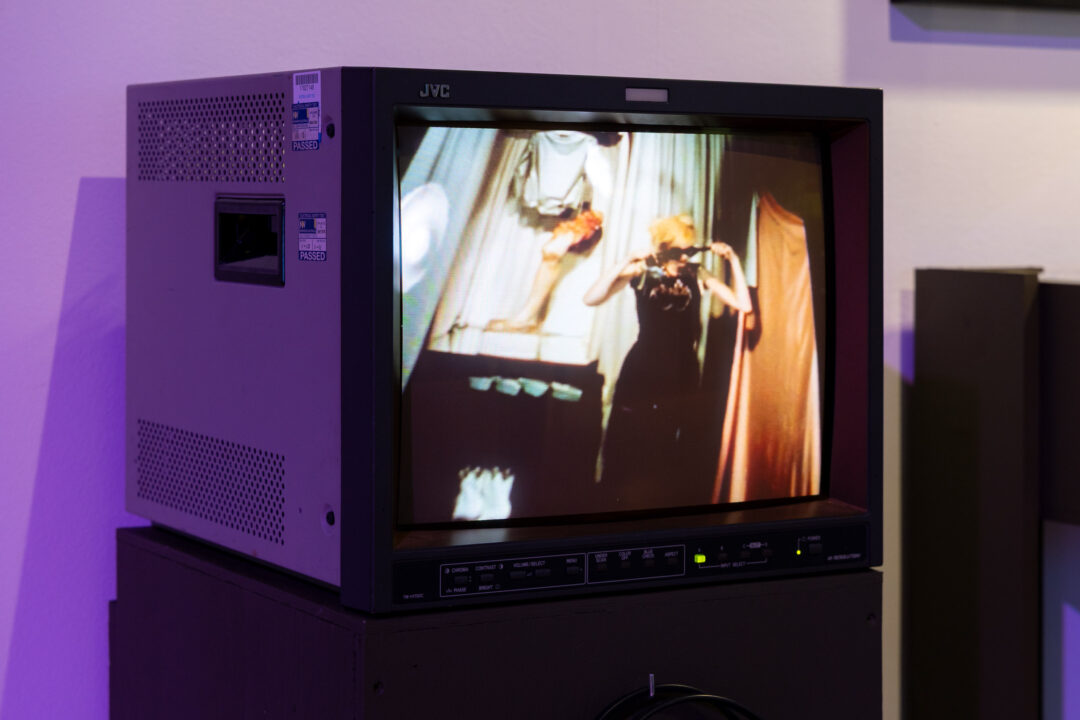
Image at top of page: Left – William English in Dining Room kitchen circa 1982 photograph by Sandra Cross / Right – Sandra Cross in Dining Room kitchen circa 1982 photograph by William English.
Join us for a free one-day presentation of Al Andalus, an audio-visual installation by Nottingham artists Claude Money and Meg Wall.
Musically, the installation makes a globally influenced offering to the modern school of electronic, instrumental Hip-Hop with large helpings of modern British jazz, traditional Andalusian sounds and Arabic modalities.
Accompanying the music are Lo-Fi stop-frame animations, bringing still, multi-layered artworks to life. The visual inspiration for the work lies in key motifs, colours and iconography from Andalusian history and culture both ancient and modern, concepts inherent to the soul of the music itself.
The rhythms and visual dynamics within the animations were not automated but were responsive to the atmospheres created by the music.
Claude Money is a music producer based in Nottingham by way of Singapore and Spain. He has worked with a number of artists, including Chaka Khan, Taka Boom, Emily Makis, President T, Windowkid, and Snowy, and has also created bespoke pieces of music for television and film. Outside of music, he is a PhD researcher at Nottingham Trent University working on recovering the hidden histories of Nottingham’s rich Hip-Hop heritage, a critically overlooked area of UK art and culture.
Meg Wall is an academic at Nottingham Trent University where she lectures in visual communication techniques to undergraduate students. As a creative practitioner, she is an illustrator and animator whose art centres around telling human stories.
Join us for a discussion and audio experience with Nottingham rapper Cappo and collaborating sound artist Tom Harris, exploring the ideas and processes behind CAPStone, Cappo’s week-long exhibition at Bonington Gallery between 14 – 21 June.
For the third event in our Bonington Connects programme, we are delighted to invite Nottingham based rapper Cappo and sound artist Tom Harris to discuss their collaboration and explore the ideas behind Cappo’s solo exhibition CAPStone. The two artists will also lead an improvised sound workshop and experience – utilising spoken word and elements found within the exhibition.
Bonington Connects
Bonington Connects is a student-programmed talks, discussion and workshop series inviting people to engage in thought-provoking conversations in response to Bonington Gallery’s exhibition programme. Aimed at creating an accessible atmosphere, this series encourages exploration of our exhibitions in informal, open and engaging settings. This installment has been programmed and organised by final-year MFA Fine Art student Vidhi Jangra.
We are pleased to acknowledge that funds from NTU TILT have supported this event.
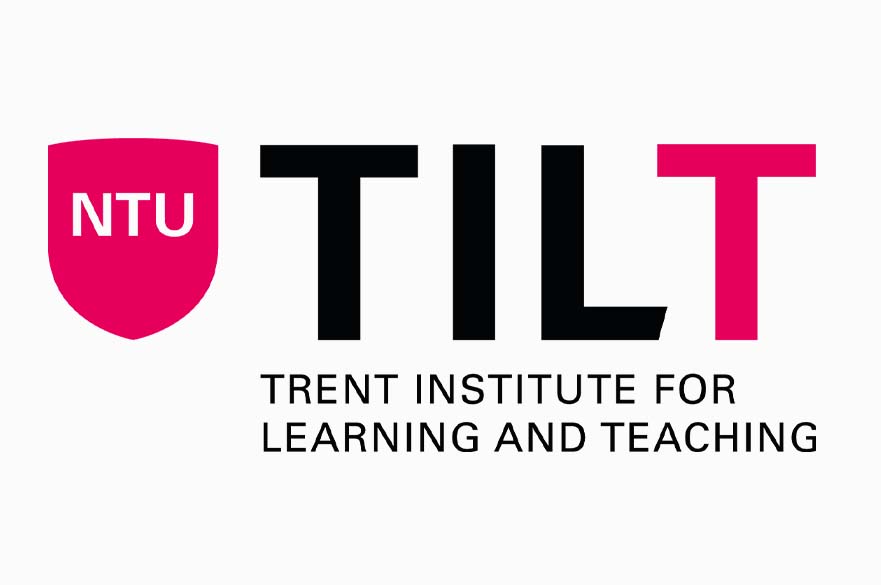
Join multidisciplinary artist and illustrator Arianna Tinulla Milesi for this free, two-day workshop in response to our current Bonington Vitrines exhibition Nottingham Subcultural Fashion in the 1980s.
We’re delighted to welcome Arianna, who is currently in residence at NTU on the AA2A programme, to run this public workshop. Through her ongoing project This room has no walls anymore, just endless trees Arianna creates shared spaces through the act of drawing – making opportunity for discussion and the sharing of knowledge, storytelling, materials and skills.
Responding to themes in our Vitrines exhibition, Arianna will explore relationships between fashion, devotional and ritual orientated contexts. You don’t need to have skills in sewing or making and we’ll provide all the materials – though you are invited to bring along an item of clothing to work with on day two if you’d like to.
On day one of the workshop, Arianna will introduce you to some of the key themes in her work. You’ll use these as prompts, encouraging you to share your own experience of ritual, participation in groups, and subcultures – or to simply share your personal responses to the exhibition. The aim is to create a communal and safe space to hold these different types of experience precious.
Day two of the workshop will be more practical and hands-on. You’re invited to customise an item of clothing, channelling some of the thinking from the first day – what clothes communicate, re-interpreting the purpose of clothing, rituals, and ideas of belonging.
About the artist: Arianna Tinulla Milesi
Arianna Tinulla Milesi is a multidisciplinary artist and illustrator based in the UK. Drawing is the core of her work, not only as a practice but also as a cognitive tool to understand reality and create. Coping mechanisms, devotional art, seaweeds, the formation of memories and syncretism are pivotal points in her research, which is open and interactive.
Arianna is a member of the Council of the Society of Graphic Fine Art (SGFA). She collaborates with art institutions all over the world and is devoting an increasing amount of time to the organisation of workshops oriented to nature, to make wearable art, to convey human connections and mental health.
Bonington Connects
Bonington Connects is a series of talks, discussions and workshops planned by Nottingham Trent University students, inviting people to engage in thought-provoking conversations in response to the Gallery’s exhibition programme. It aims to create an accessible atmosphere, encouraging exploration of the exhibitions in an informal, open and engaging setting. This workshop has been planned and organised by final-year MFA Fine Art student, Vidhi Jangra.
We are pleased to acknowledge that funds from NTU TILT have supported this event.

Join Weird Hope Engines‘ co-curator, Jamie Sutcliffe, for a free guided tour of Bonington Gallery’s latest exhibition.
In this guided tour, writer and Weird Hope Engines co-curator Jamie Sutcliffe will discuss the themes of the exhibition while exploring tabletop roleplaying games as potent tools for imagining radically different possibilities. From the transformation of the self to the evolution of social organization, this tour will introduce the artists behind each work in the show and explain how their various approaches to game design might position play as a unique form of speculation.
This event will last up to an hour. Please meet inside Bonington Building in the foyer space outside the Gallery doors at 12.55 pm. Free and open to all, booking required.
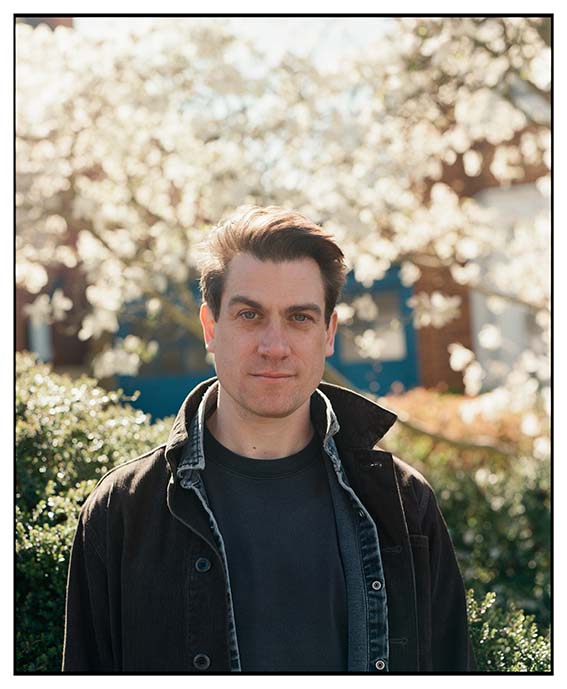
Image: Jamie Sutcliffe by Robin Christian
Jamie is a writer, curator, and co-director of Strange Attractor Press. His work explores artistic encounters with science fictive fabulation, the politics of gaming, animation and its multiple entanglements with developments in the life sciences, haunted media, and the persistence of myth, all understood as technologies of selfhood.
His essays, interviews and reviews have been published internationally by Art Monthly, Art Review, e-flux Criticism, Frieze, Rhizome and The White Review. He is the editor of Documents Of Contemporary Art: Magic, published by The Whitechapel Gallery and The MIT Press, and co-editor of Weeb Theory, a collection of theoretical resources for artists encountering the intermedial fan cultures of animatio